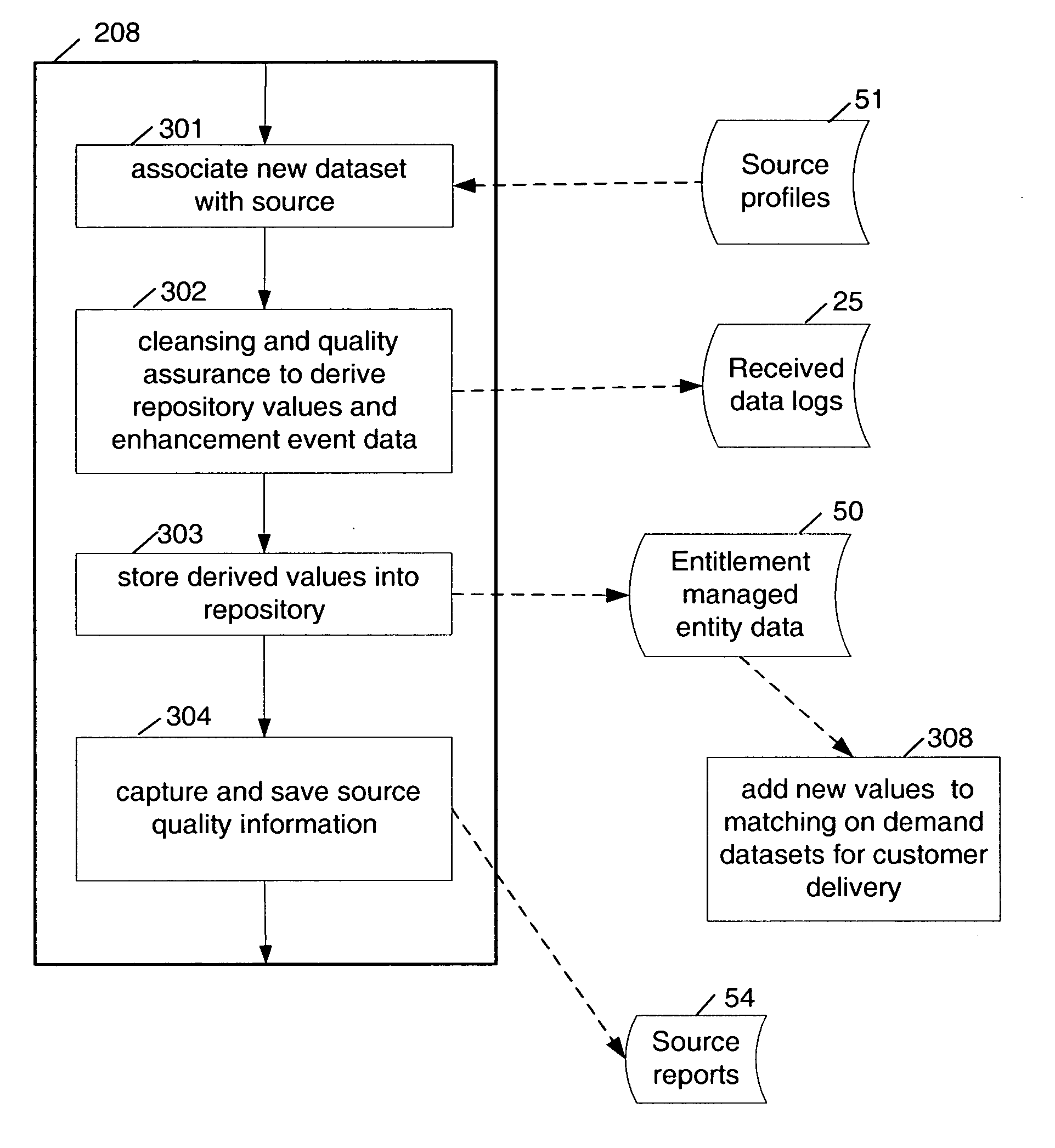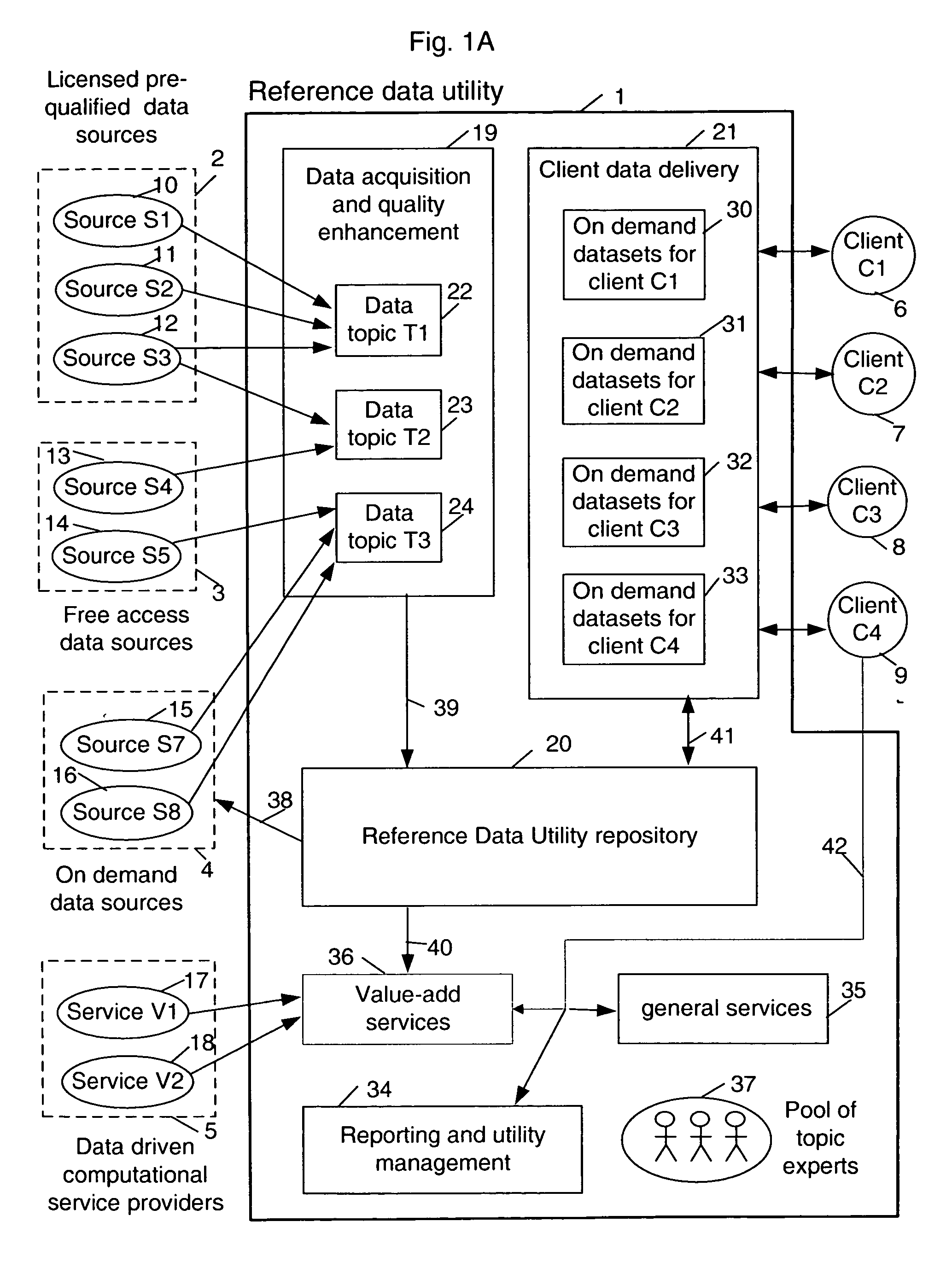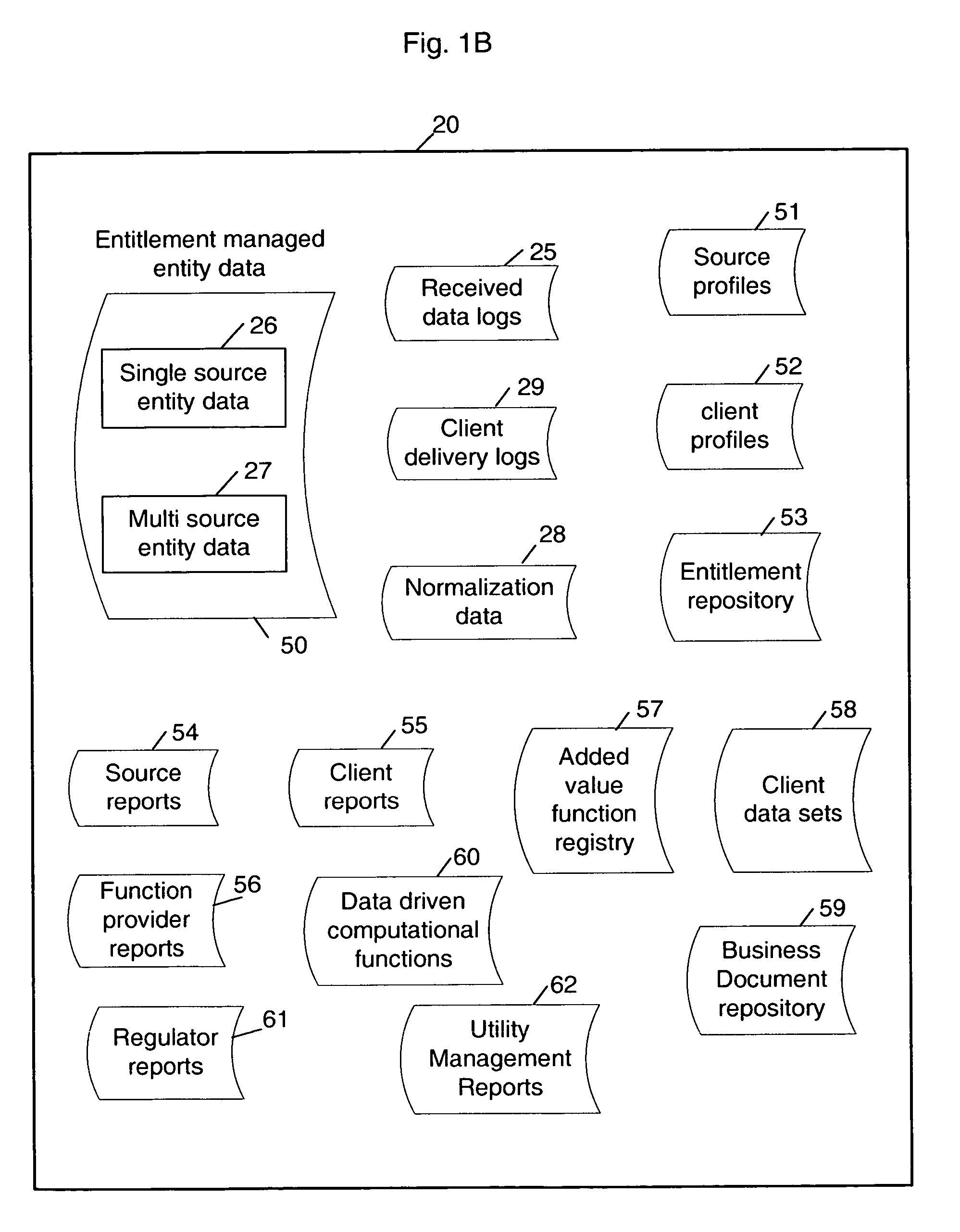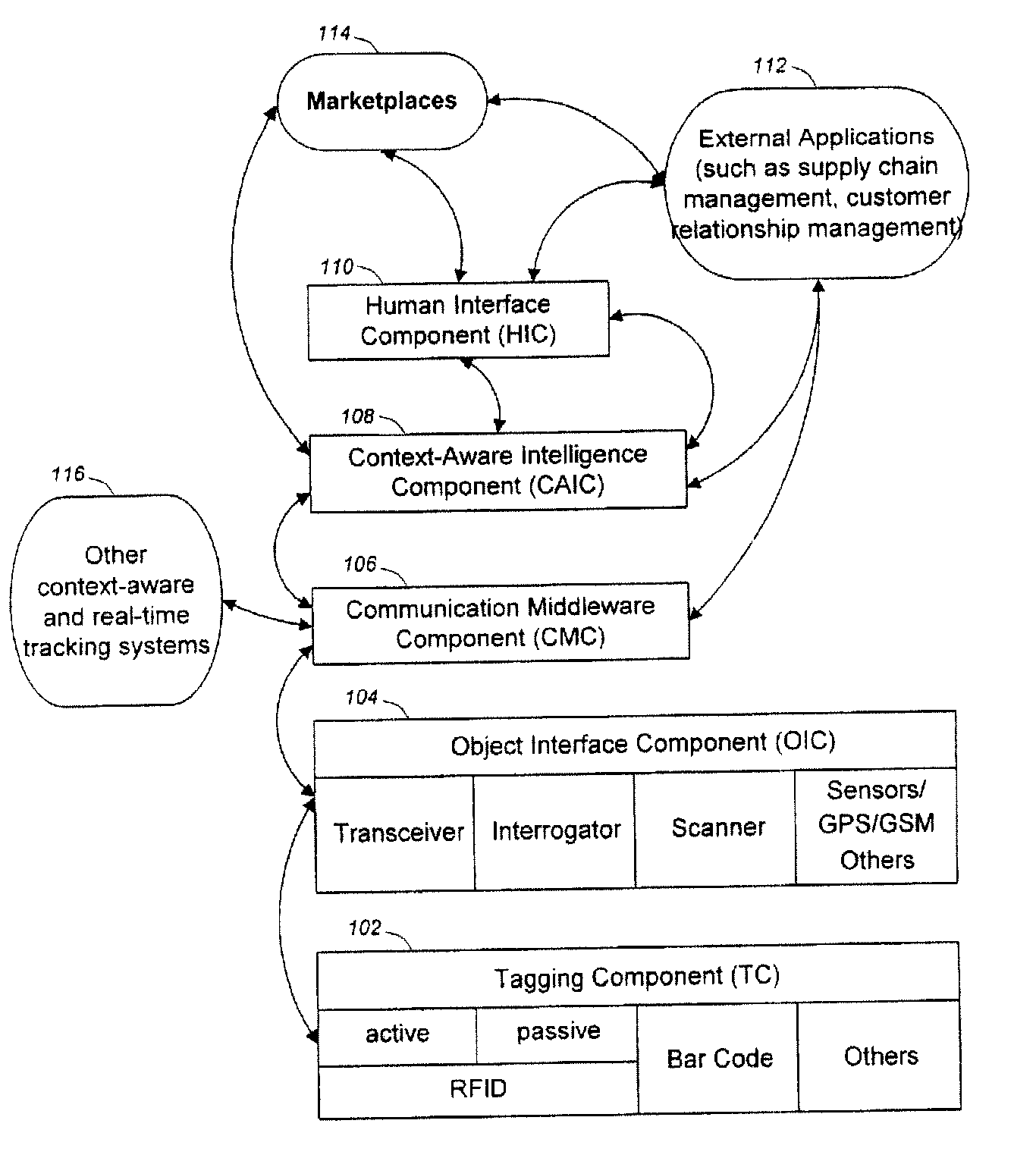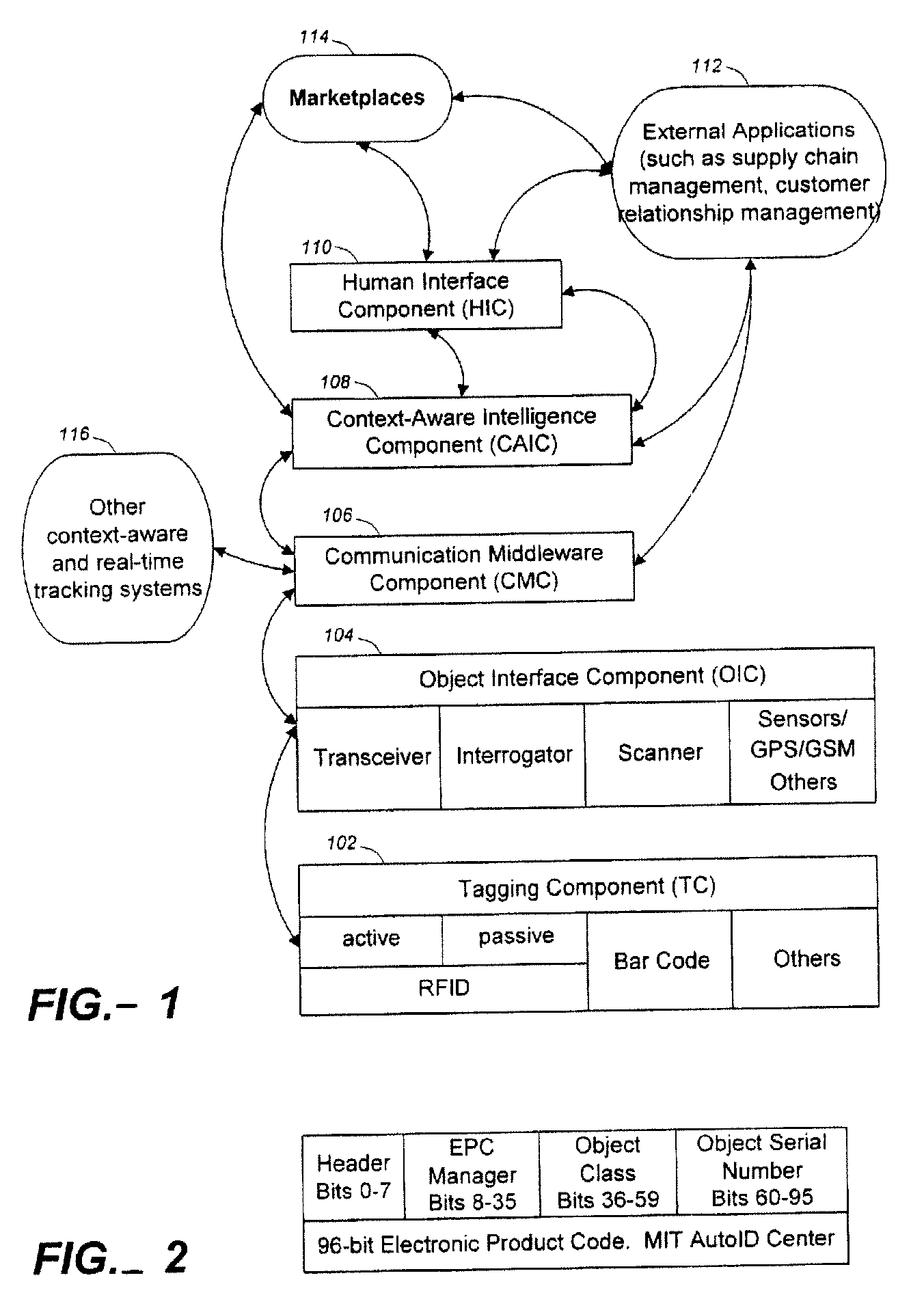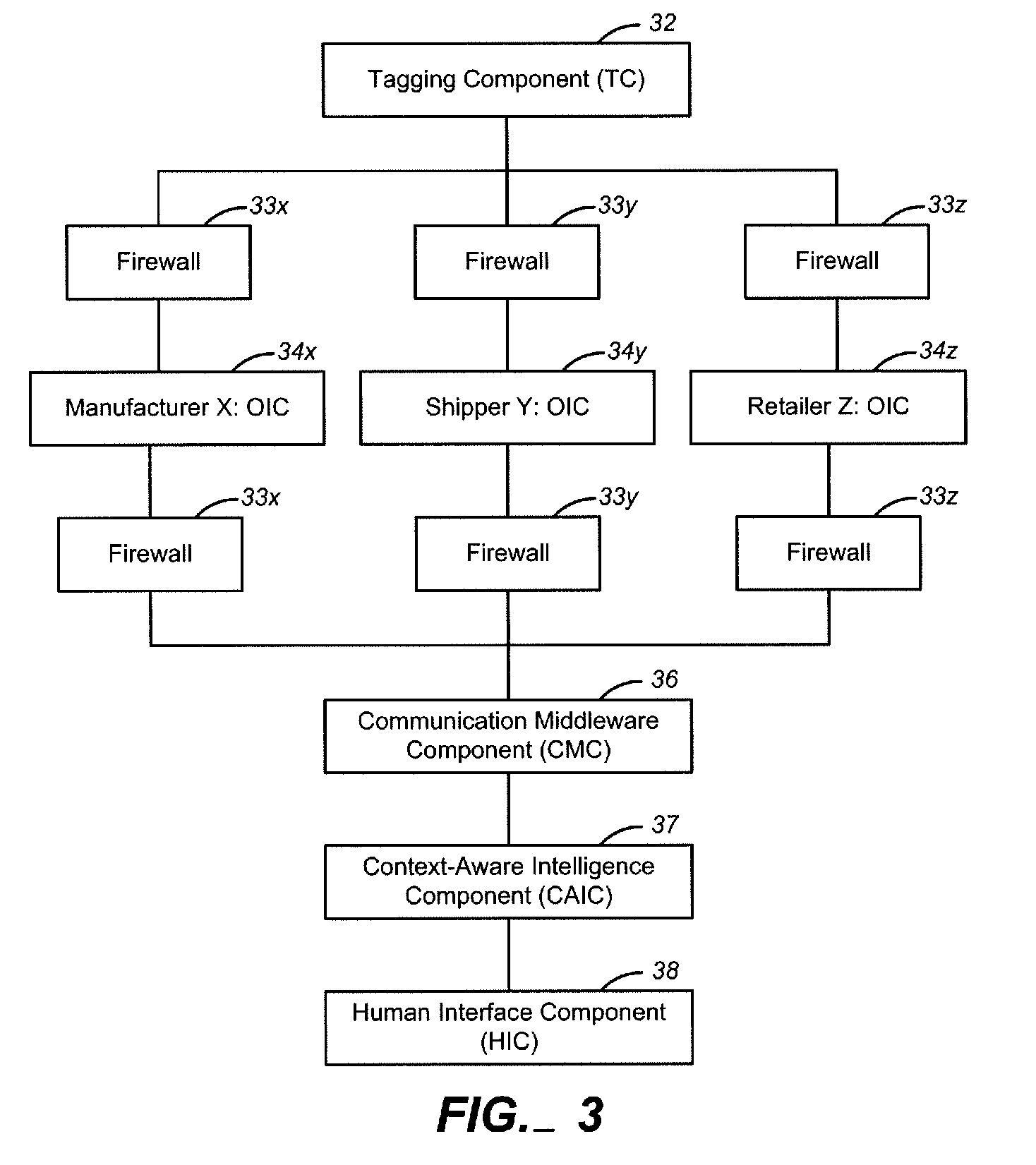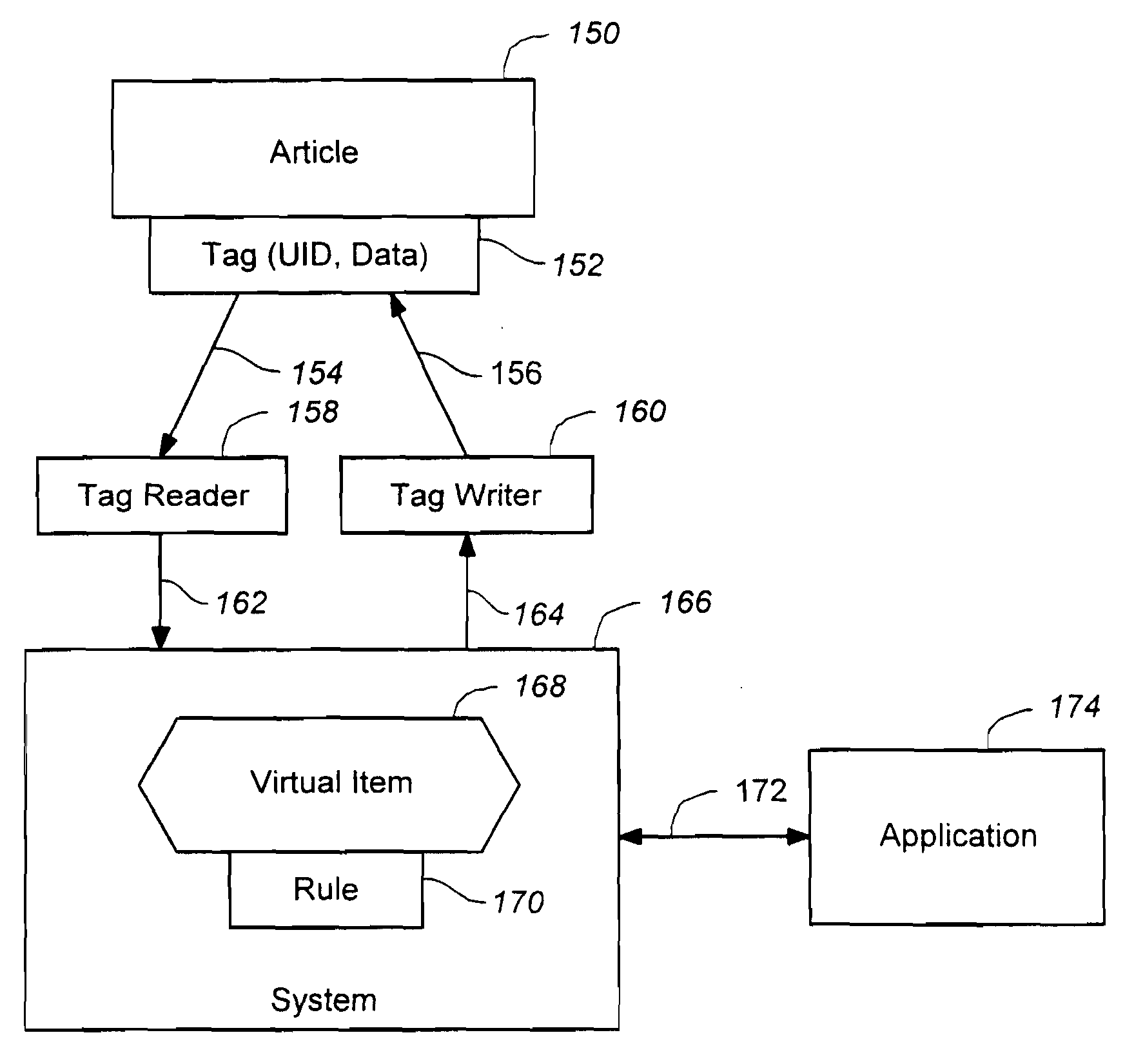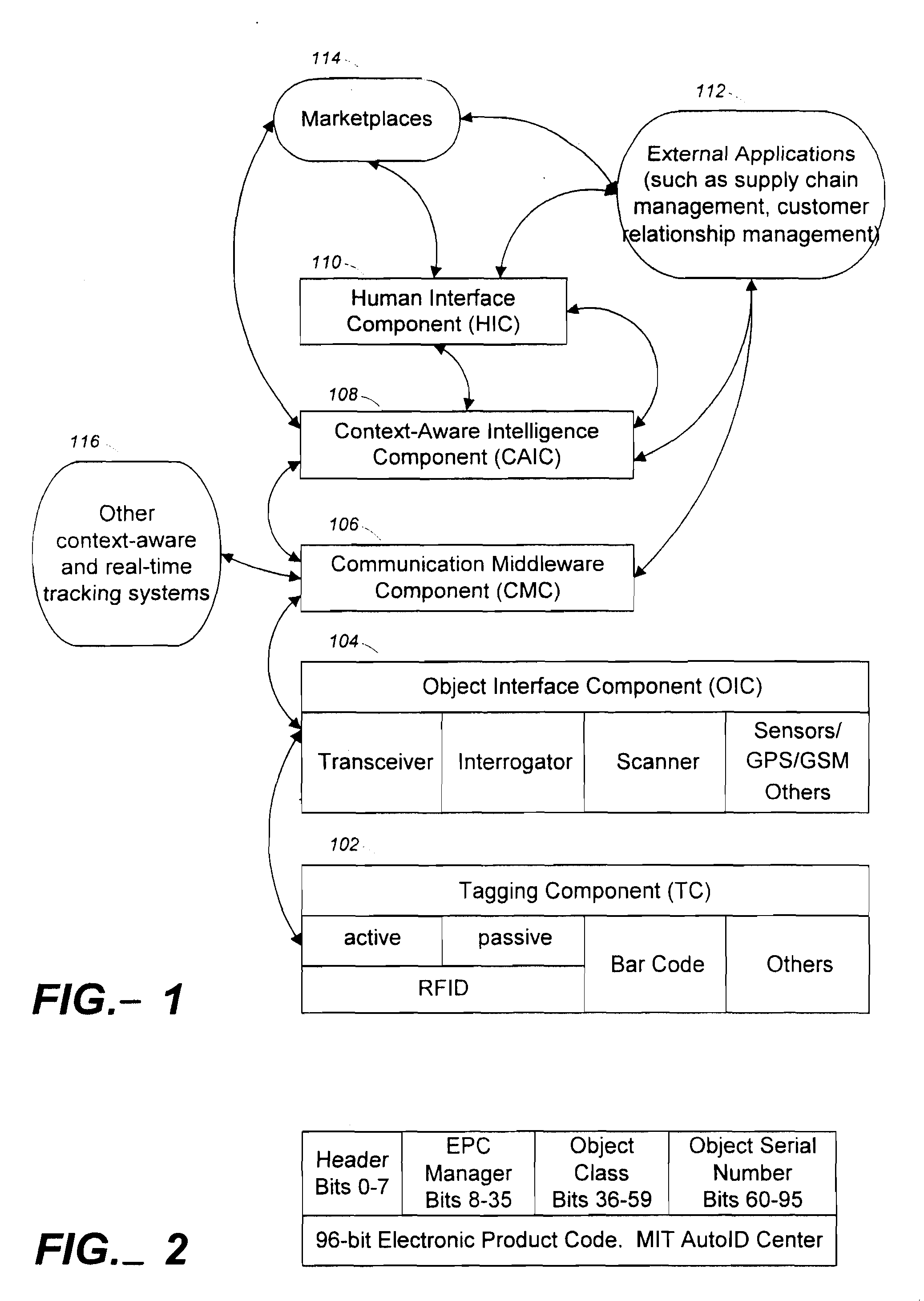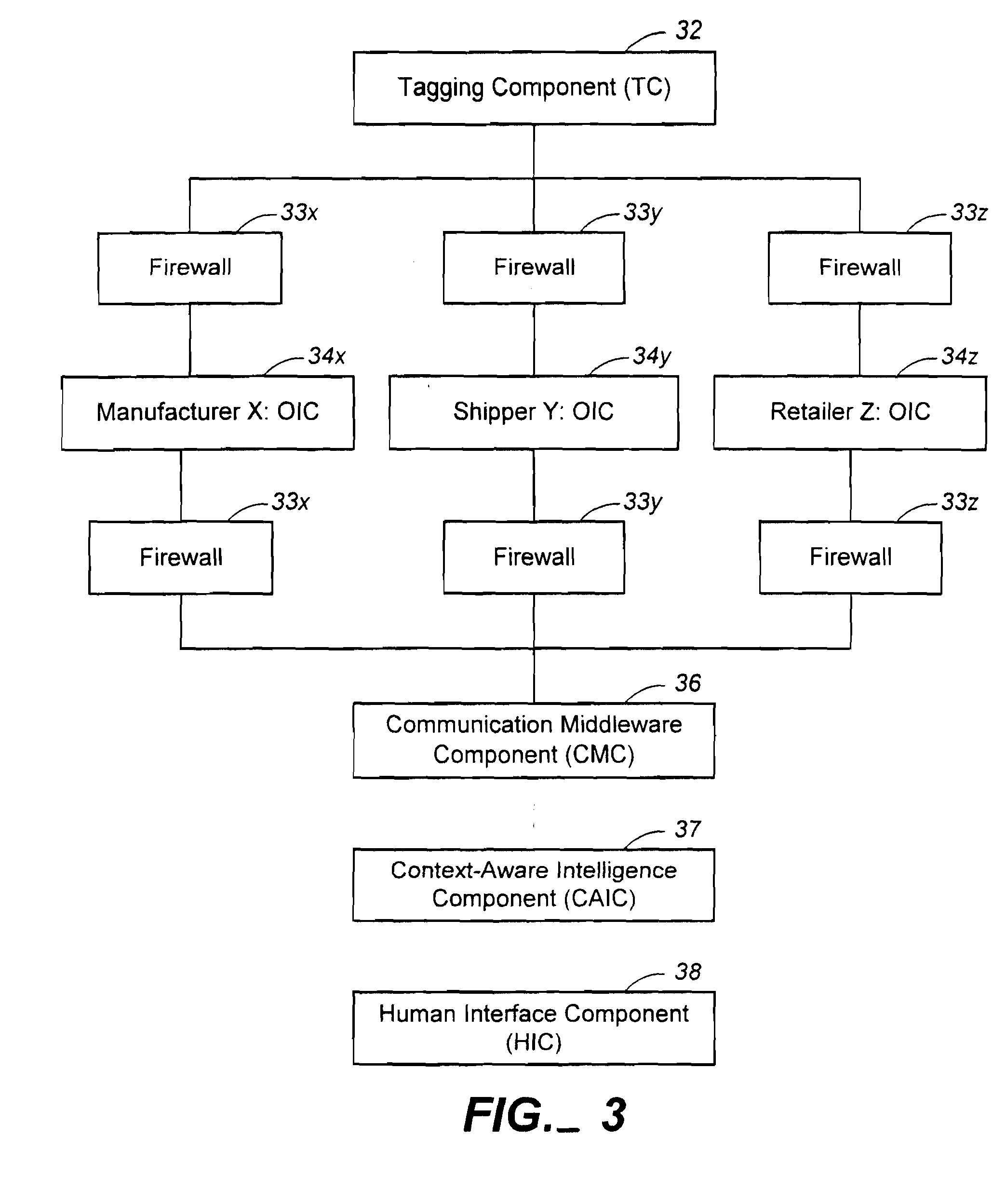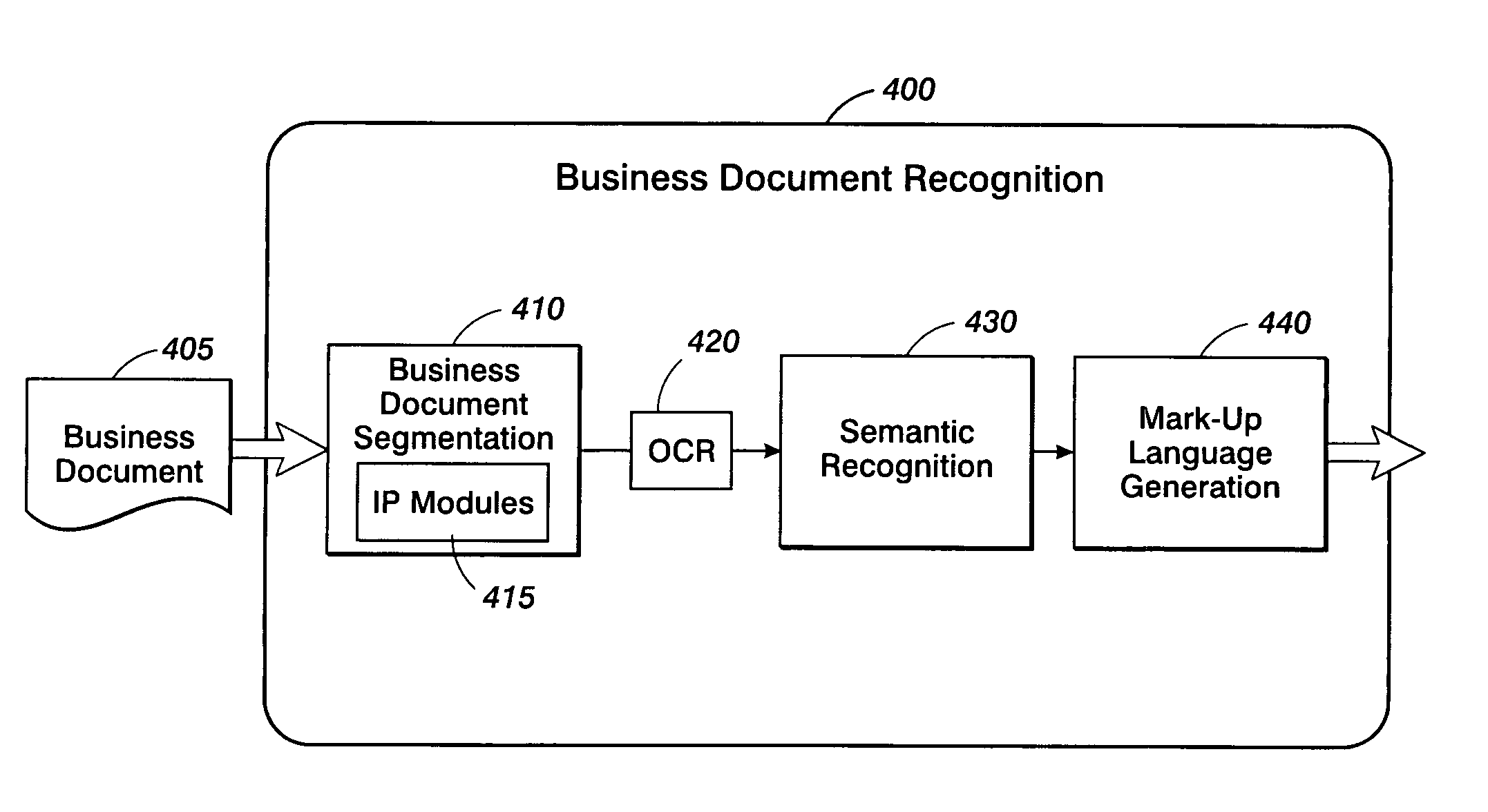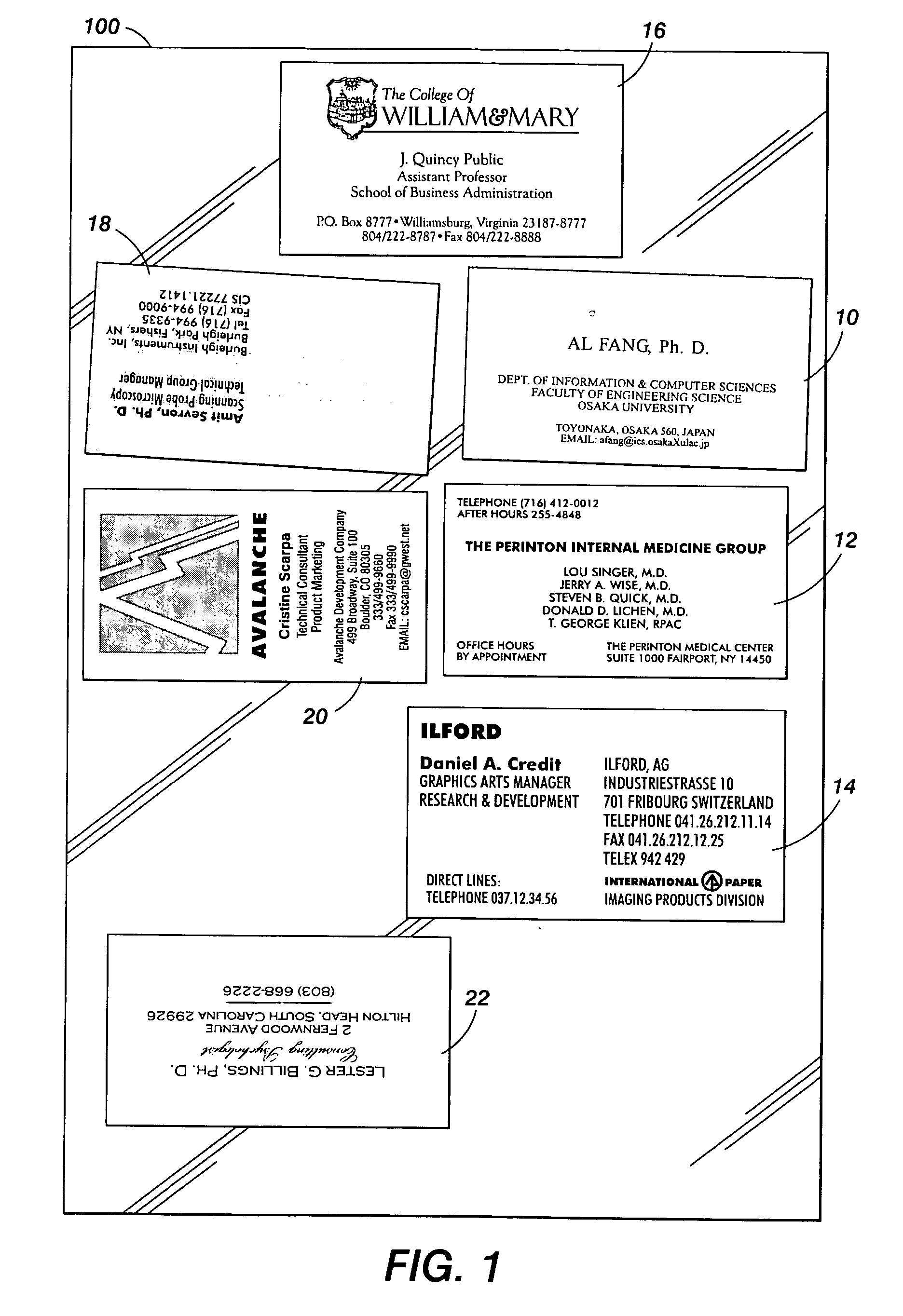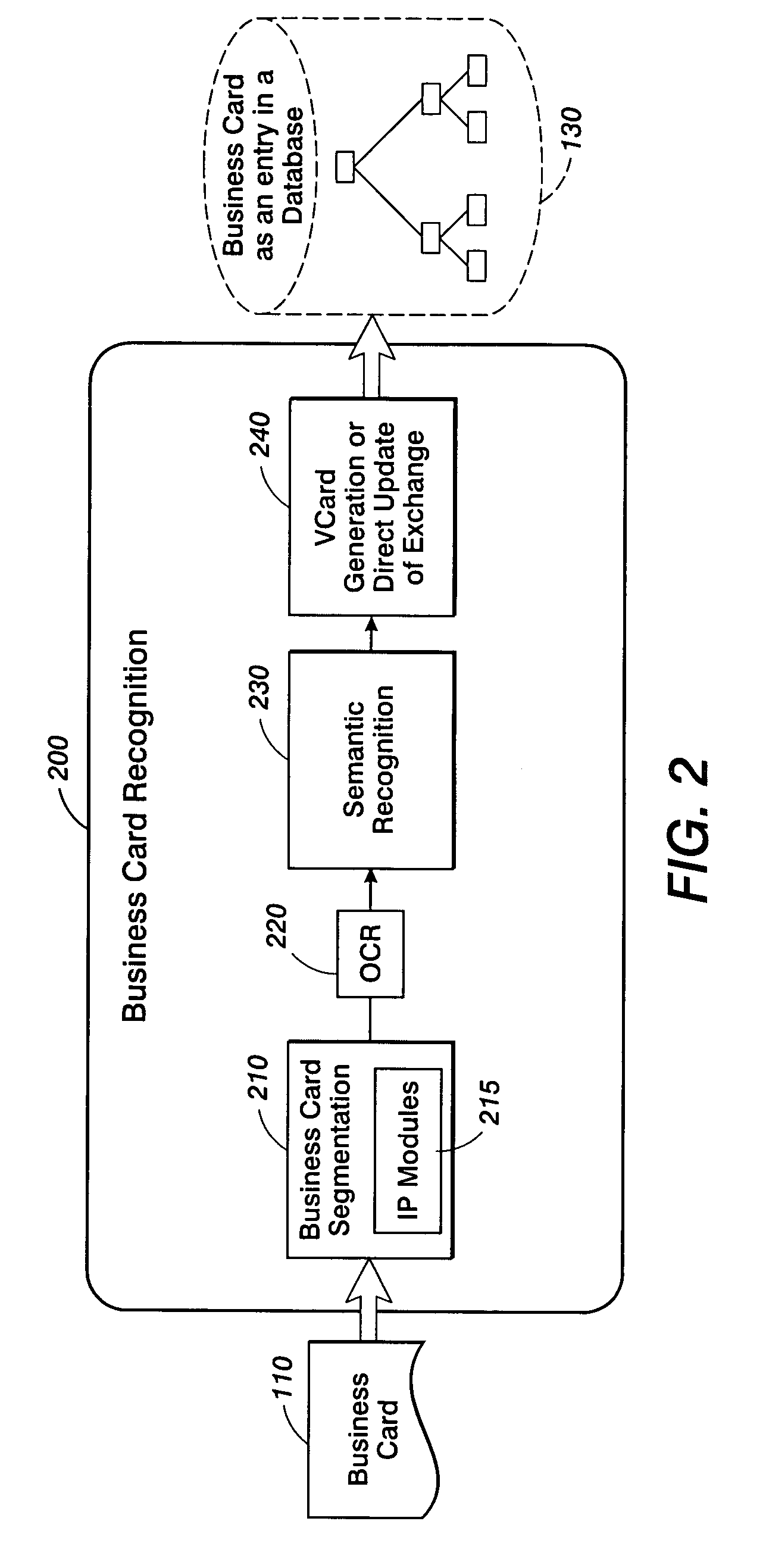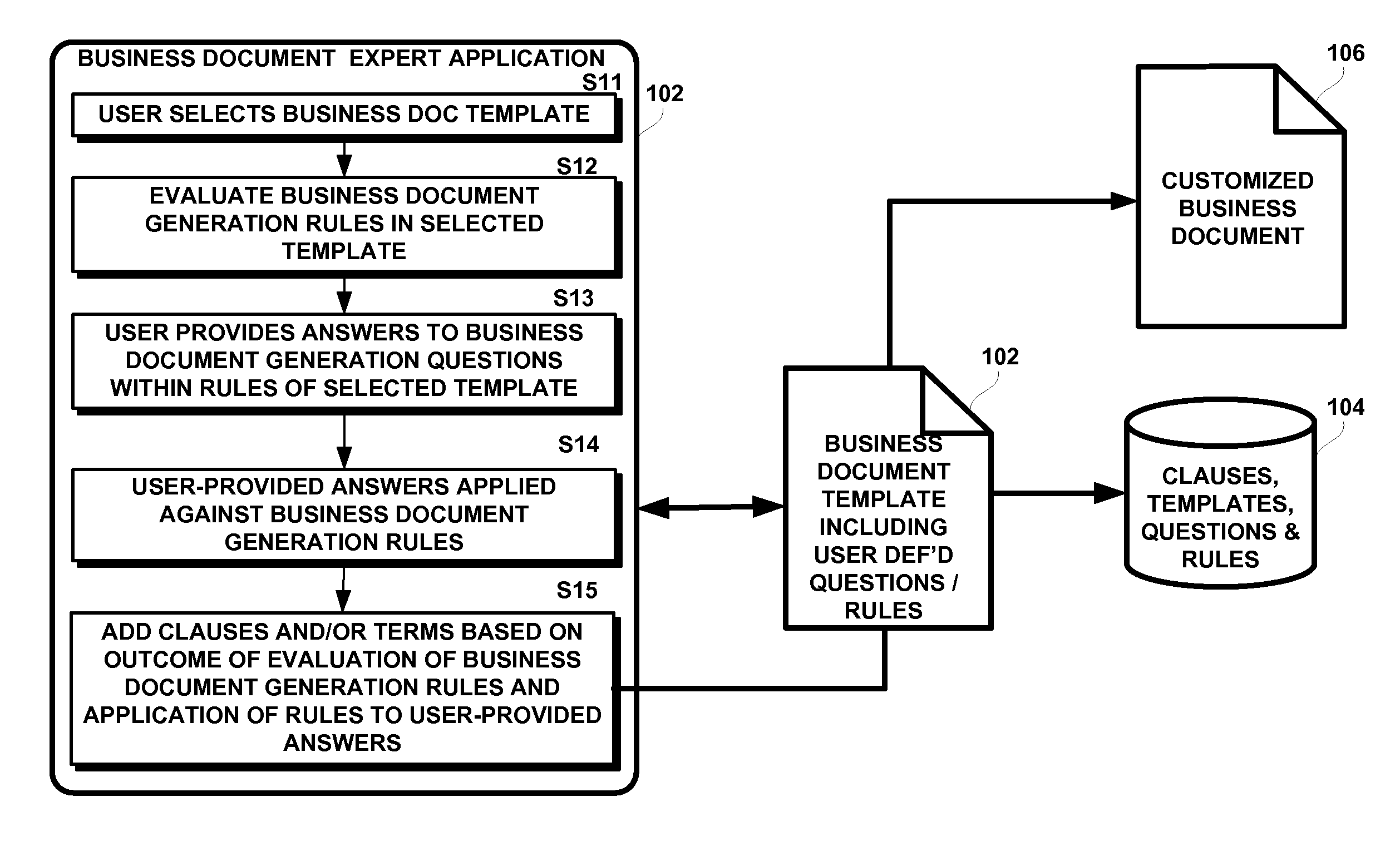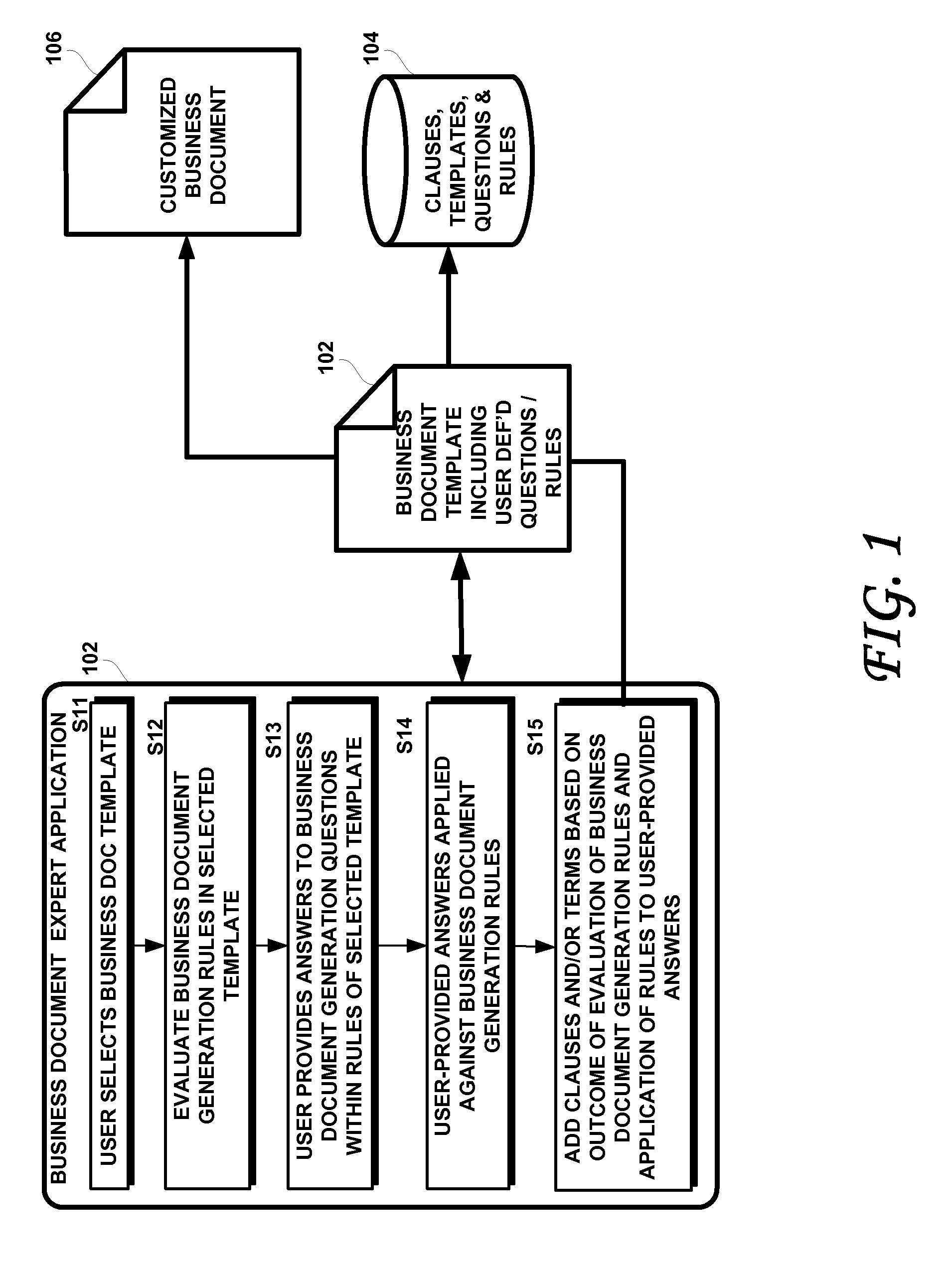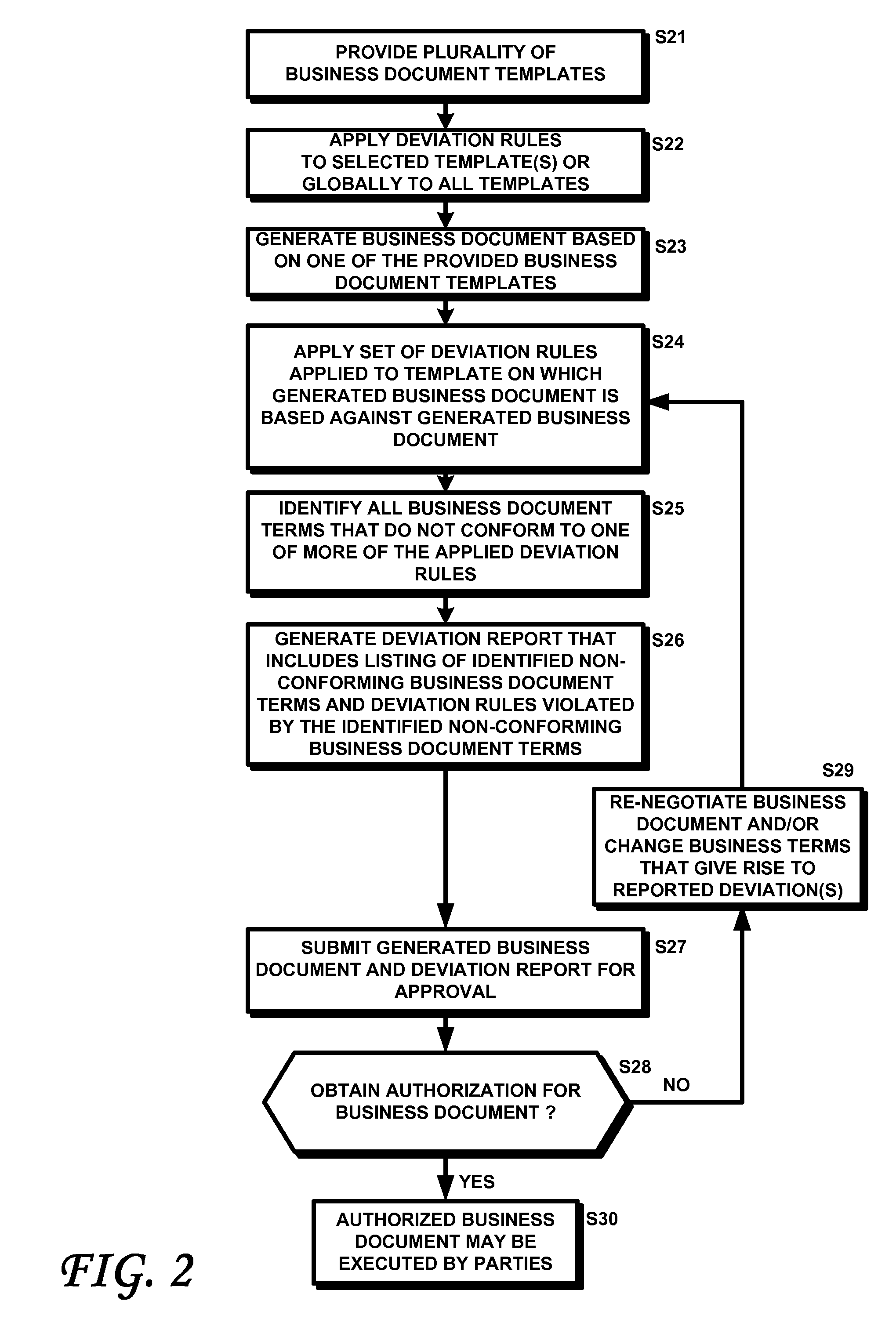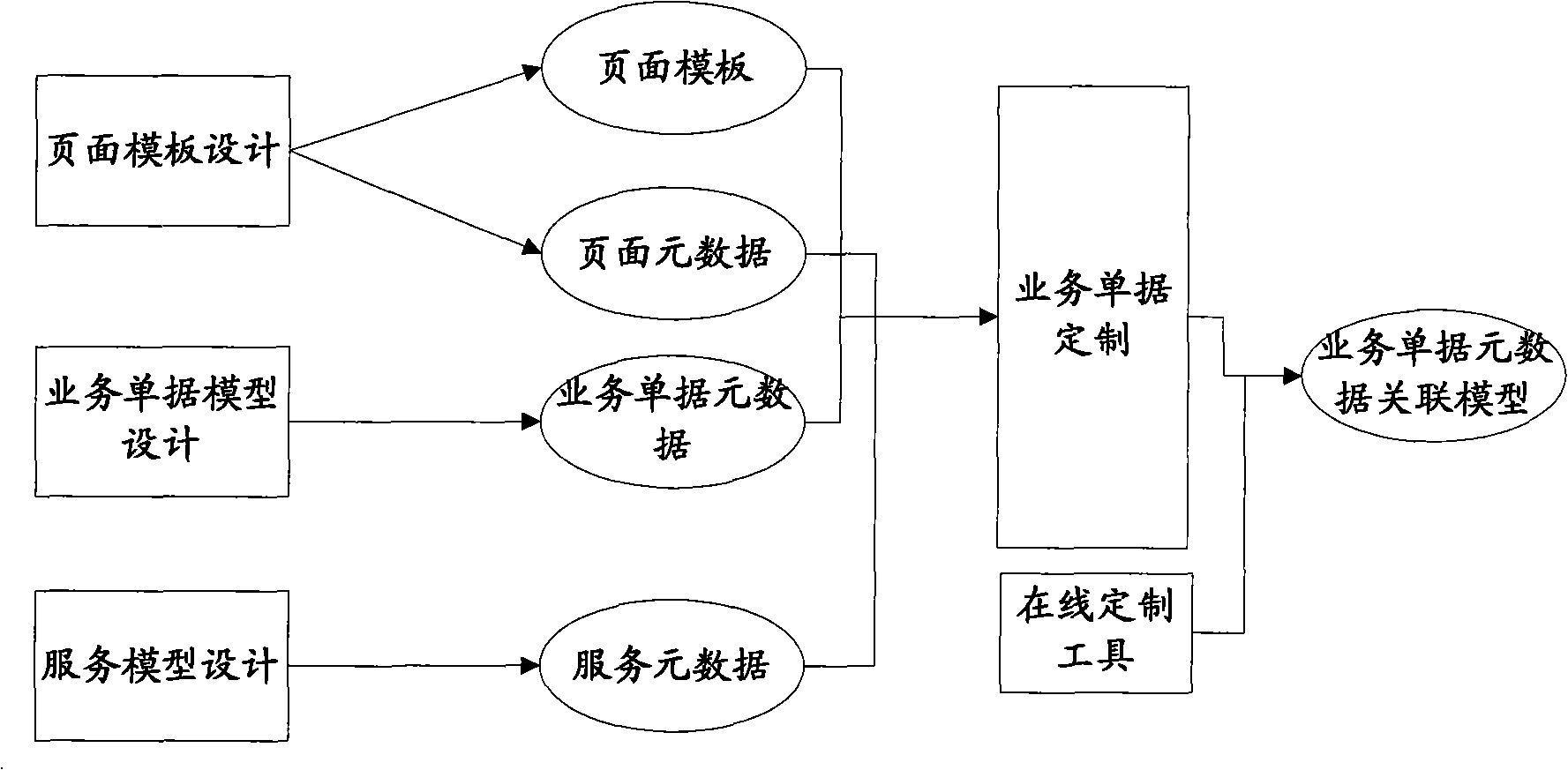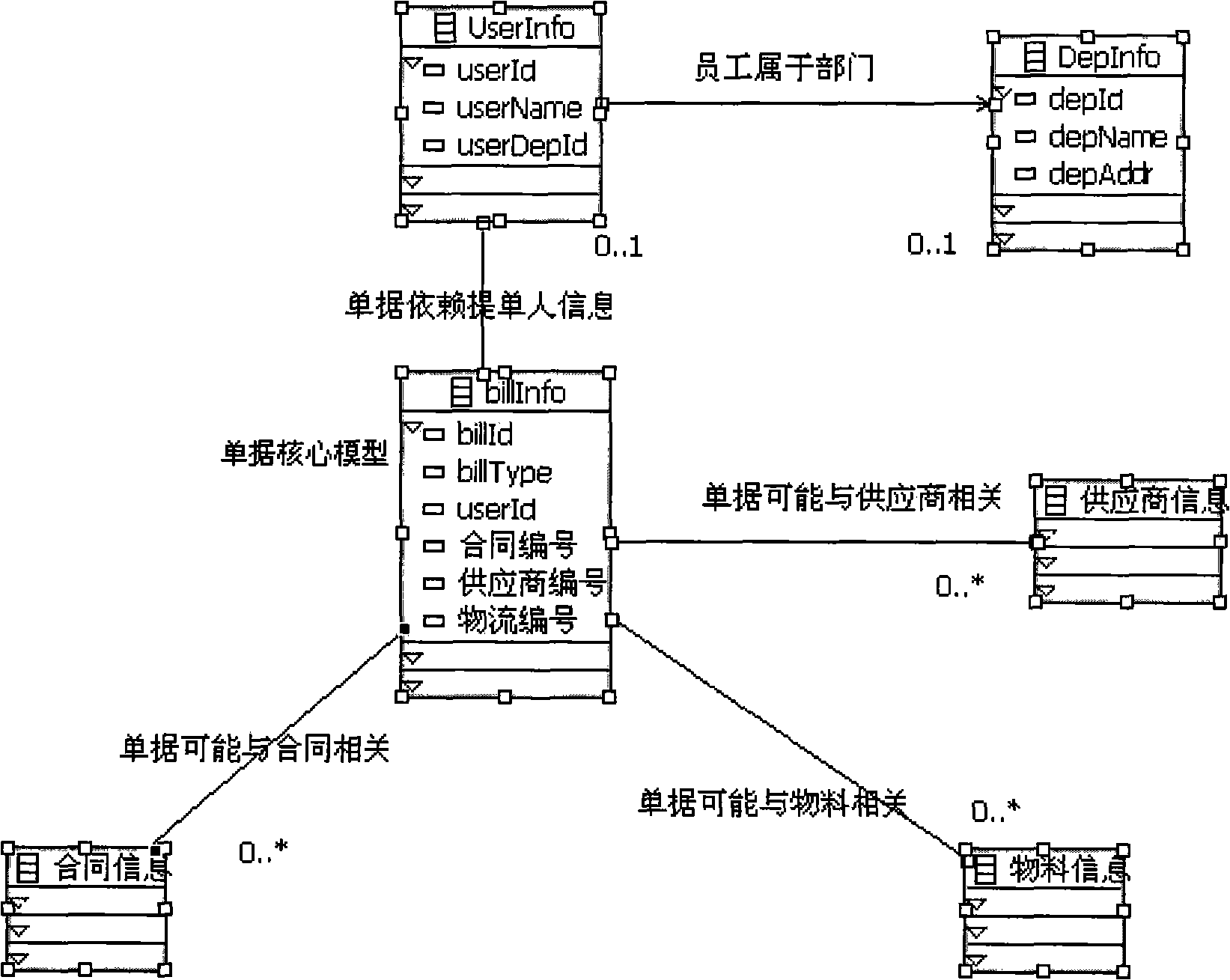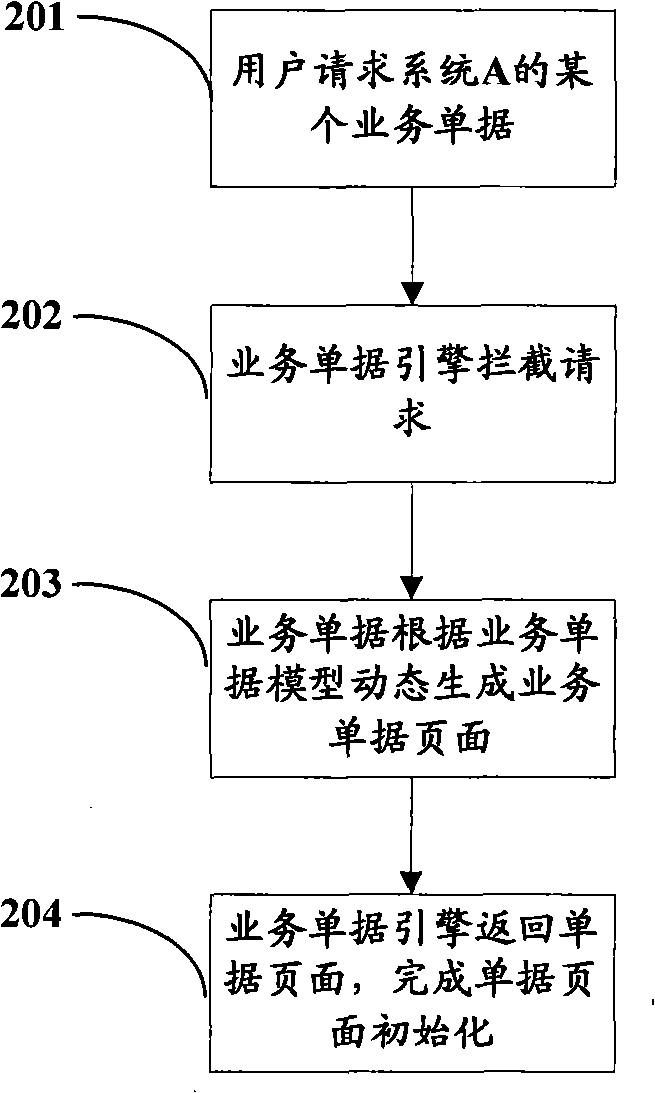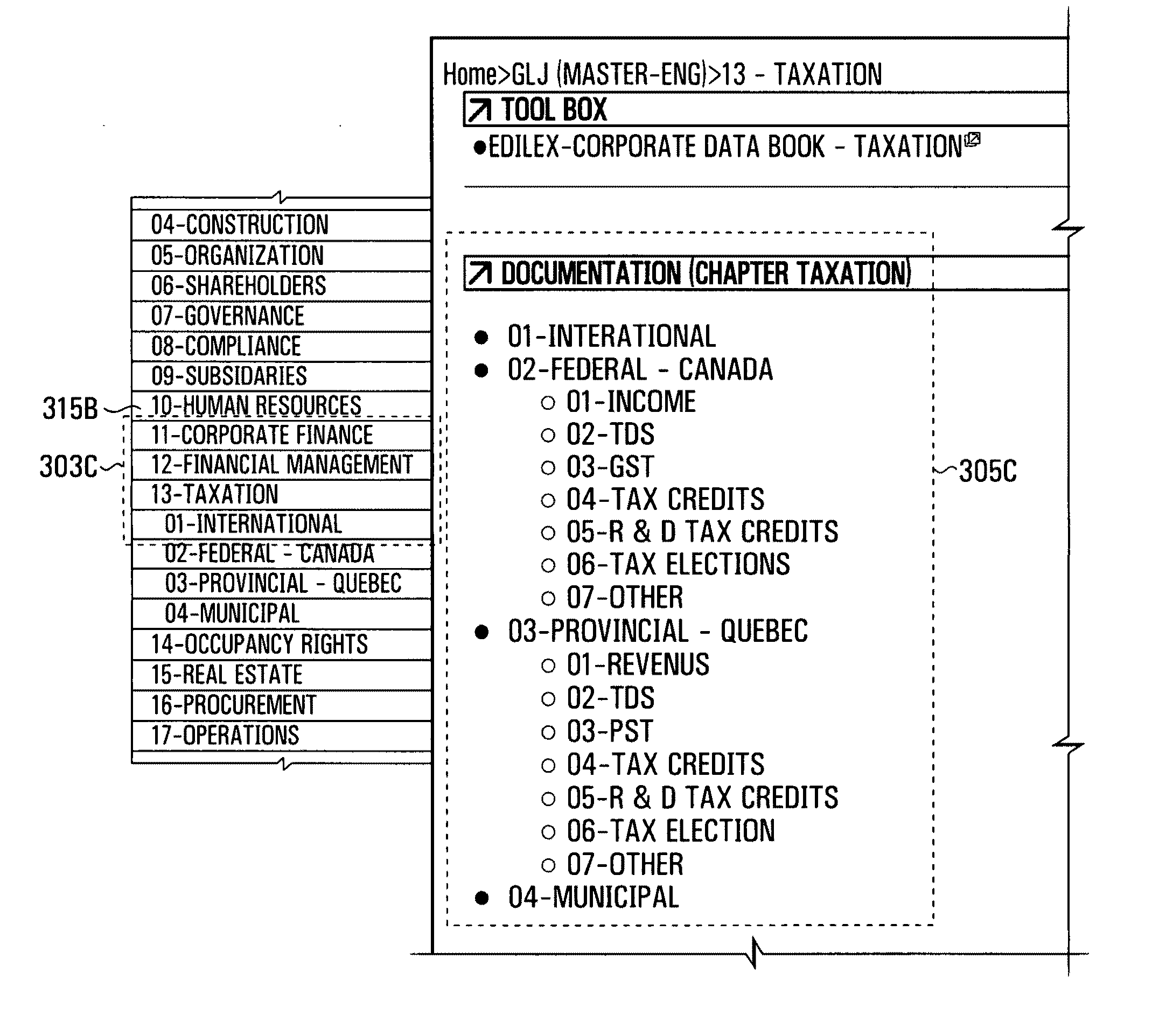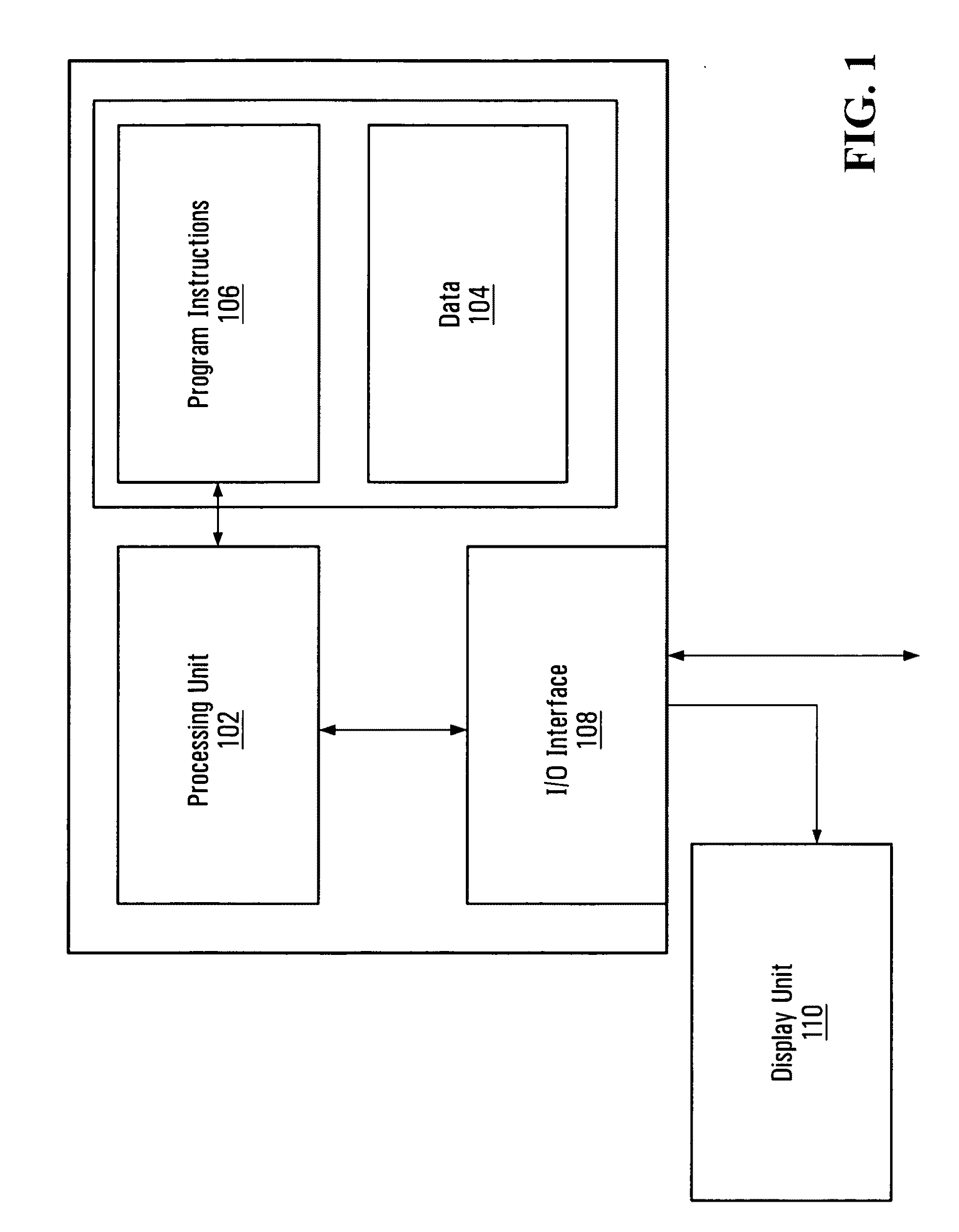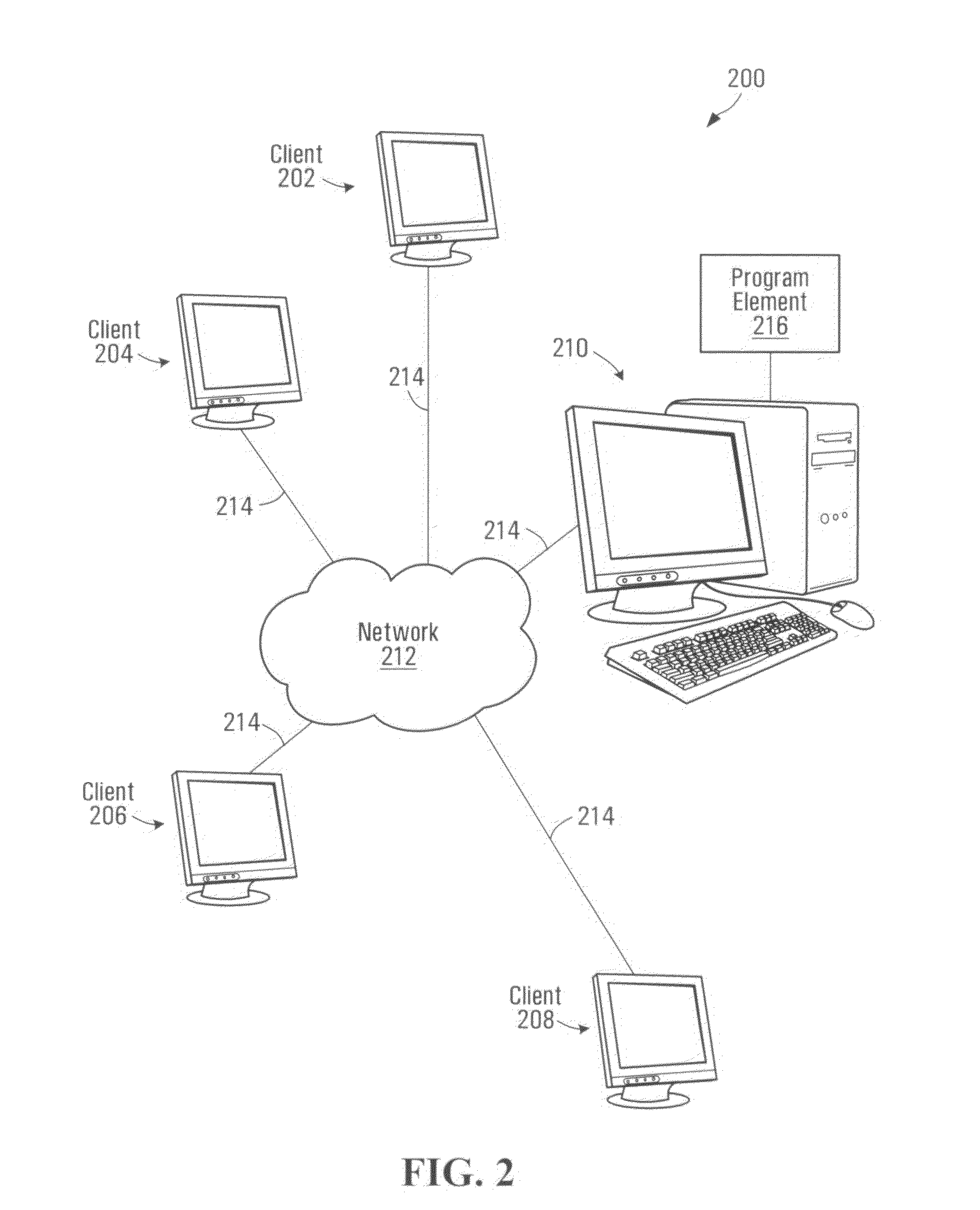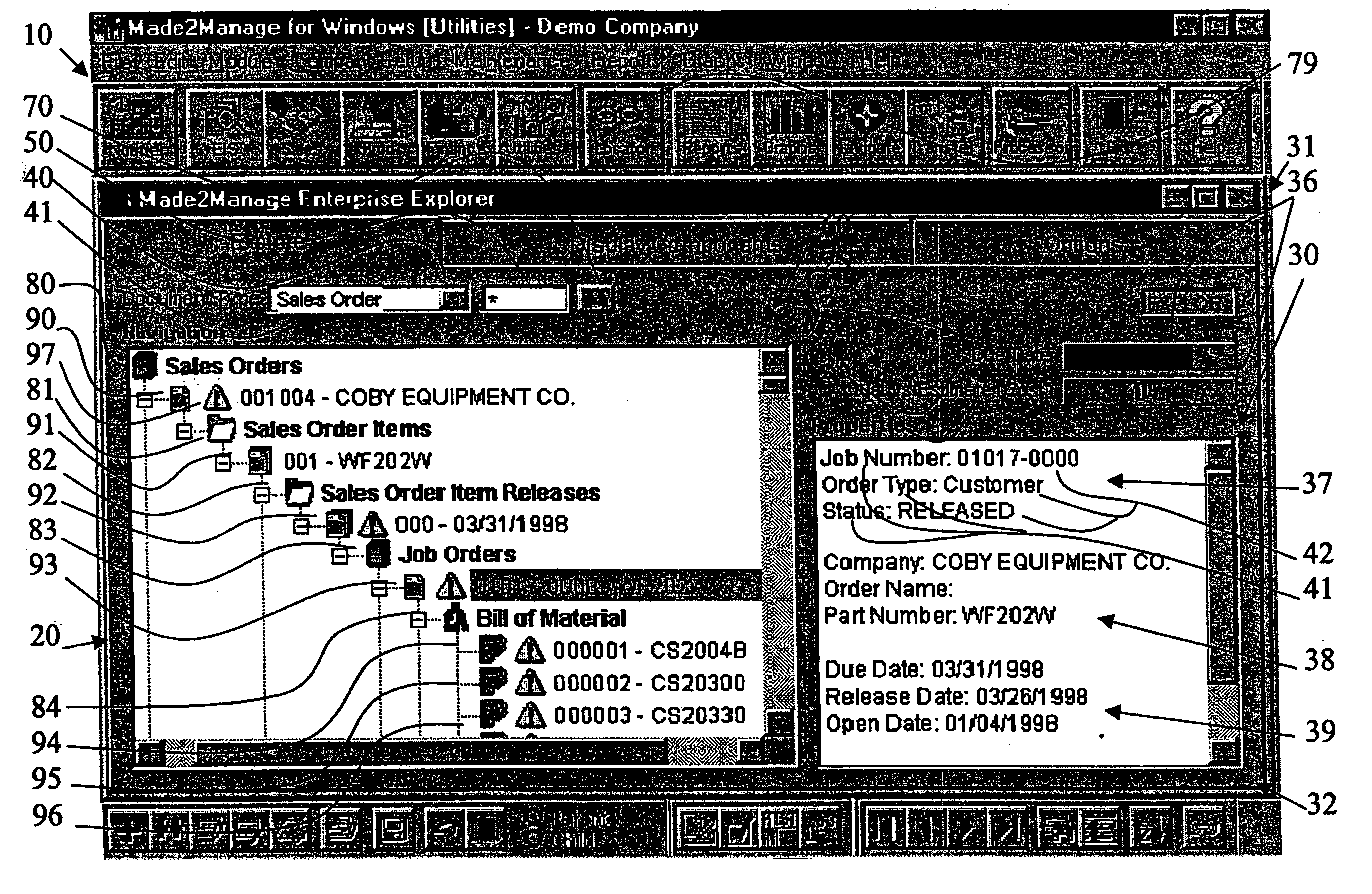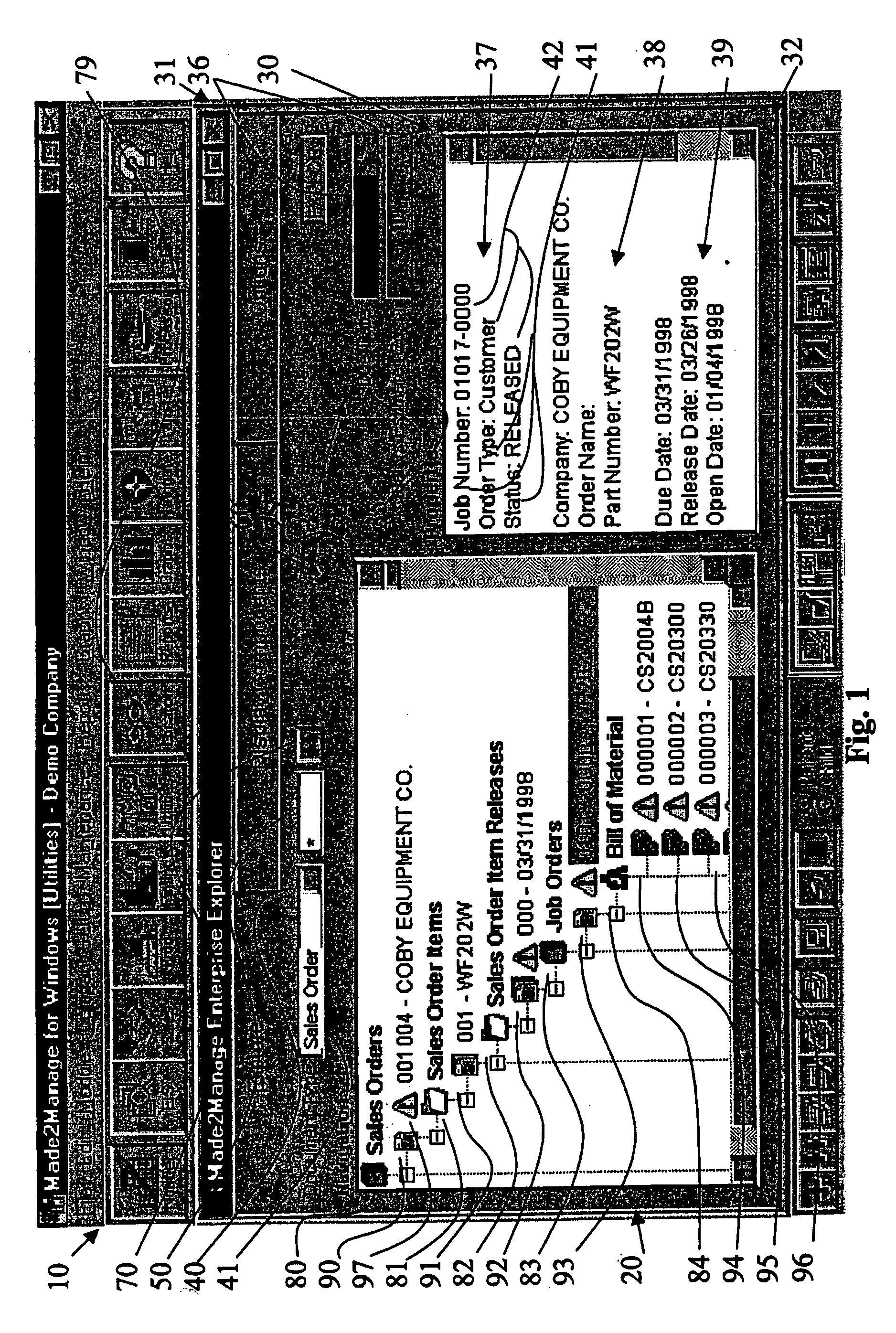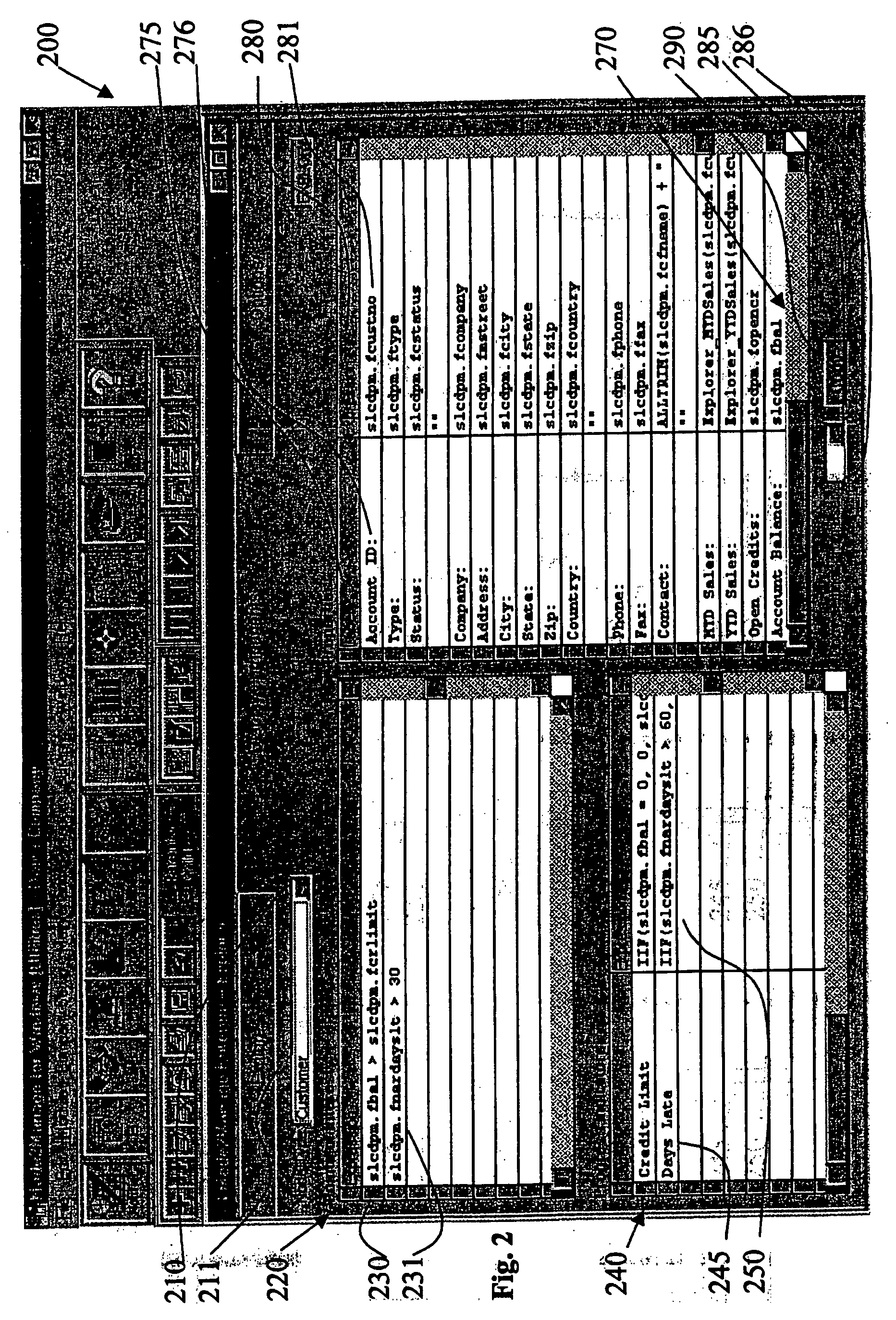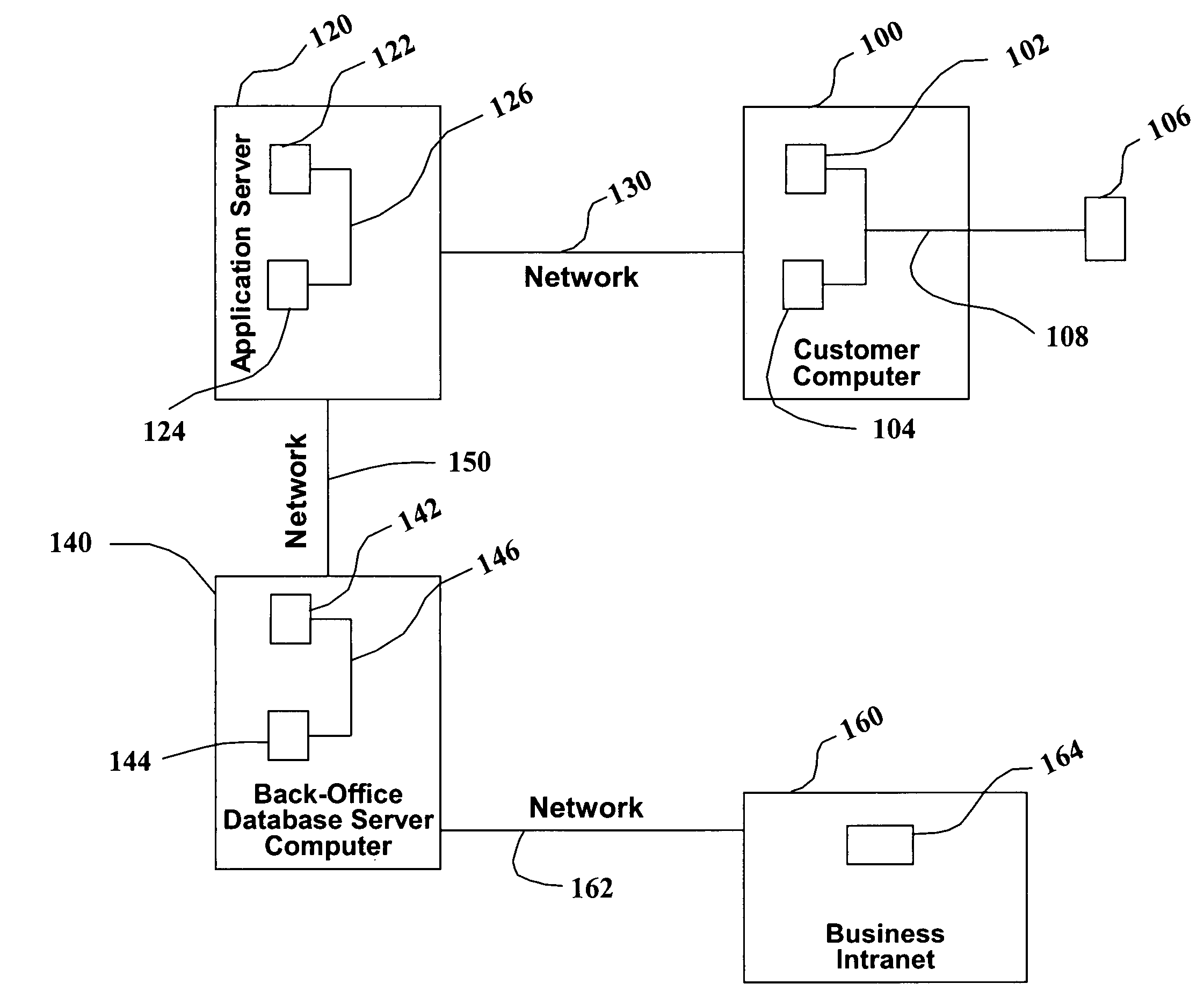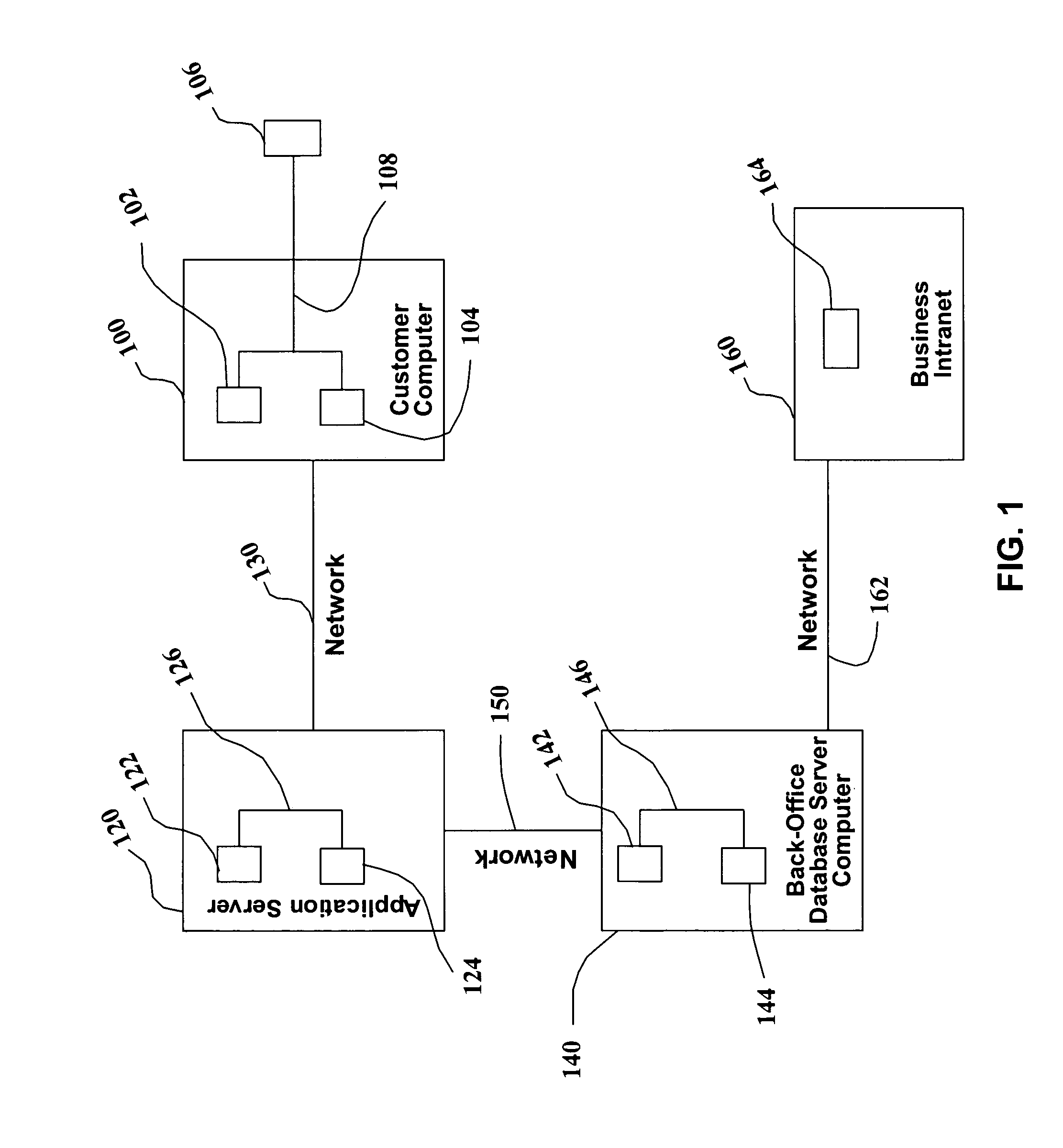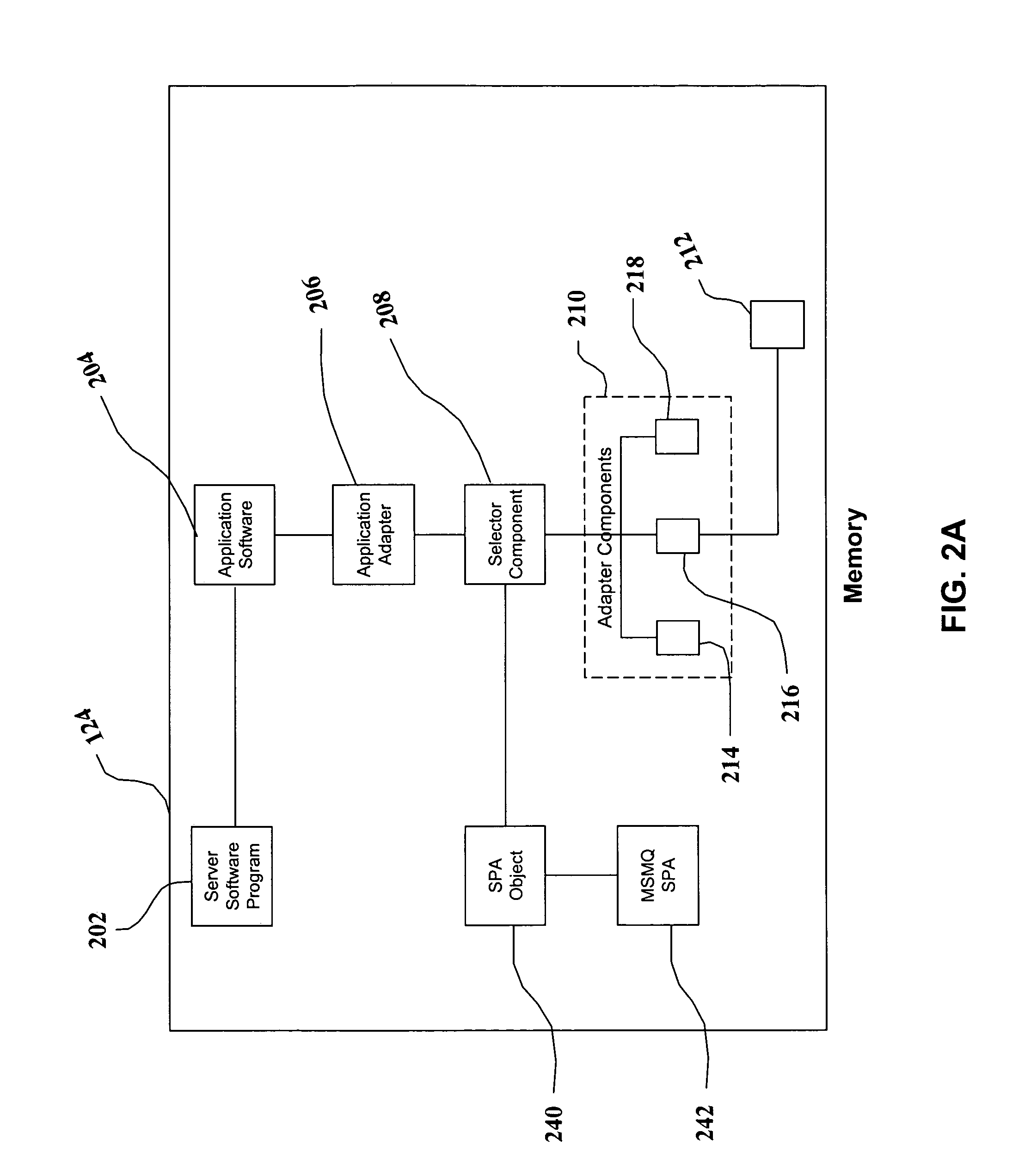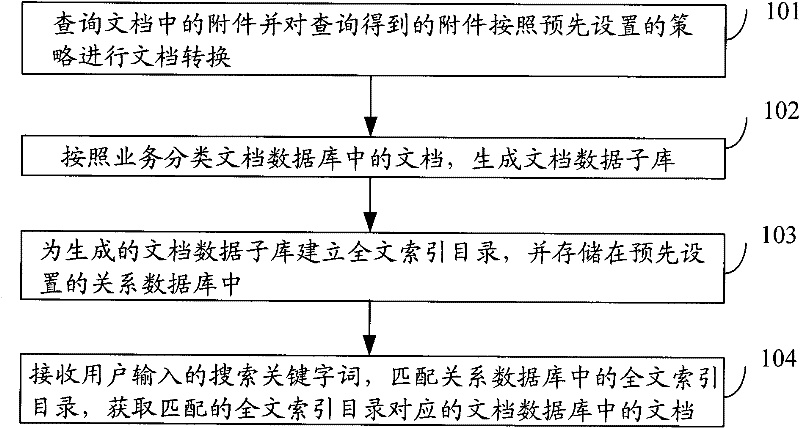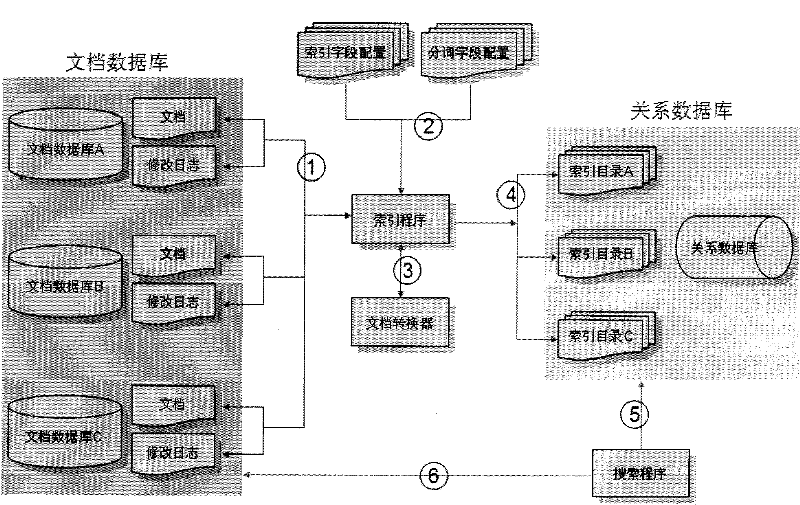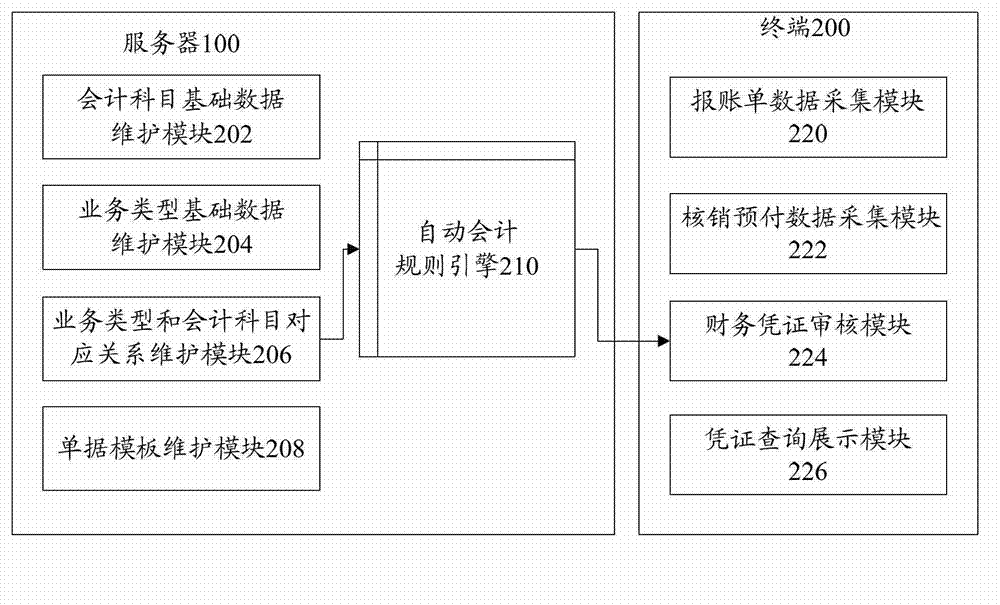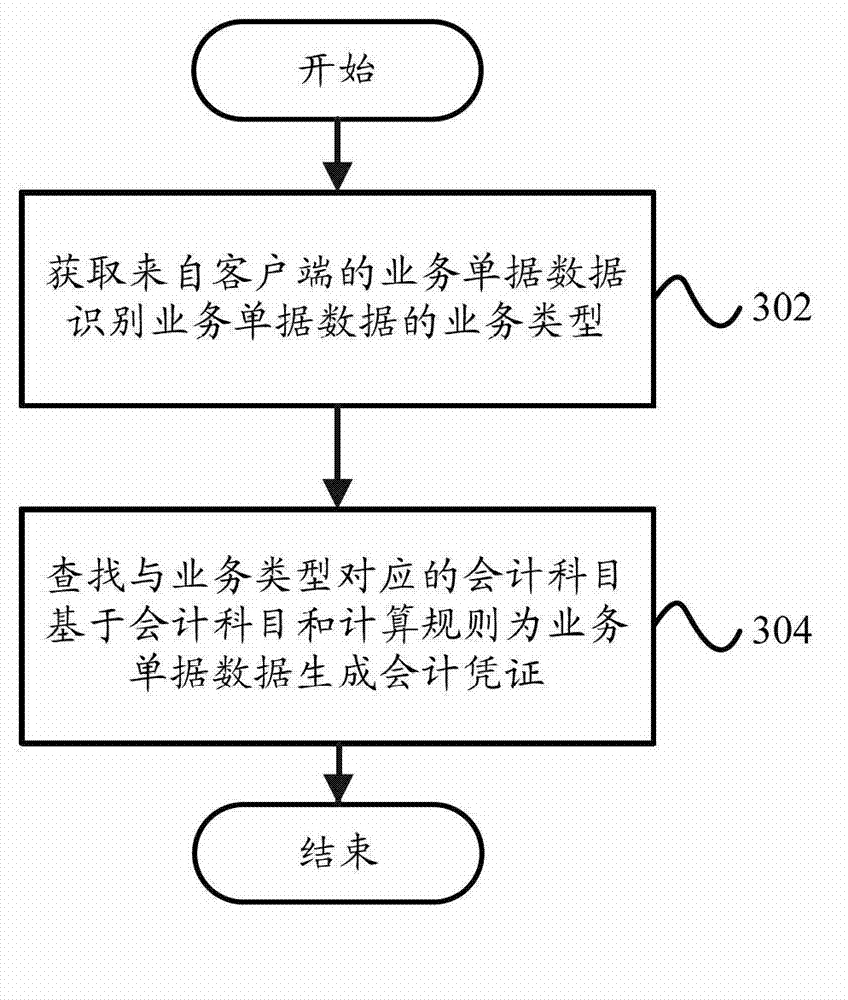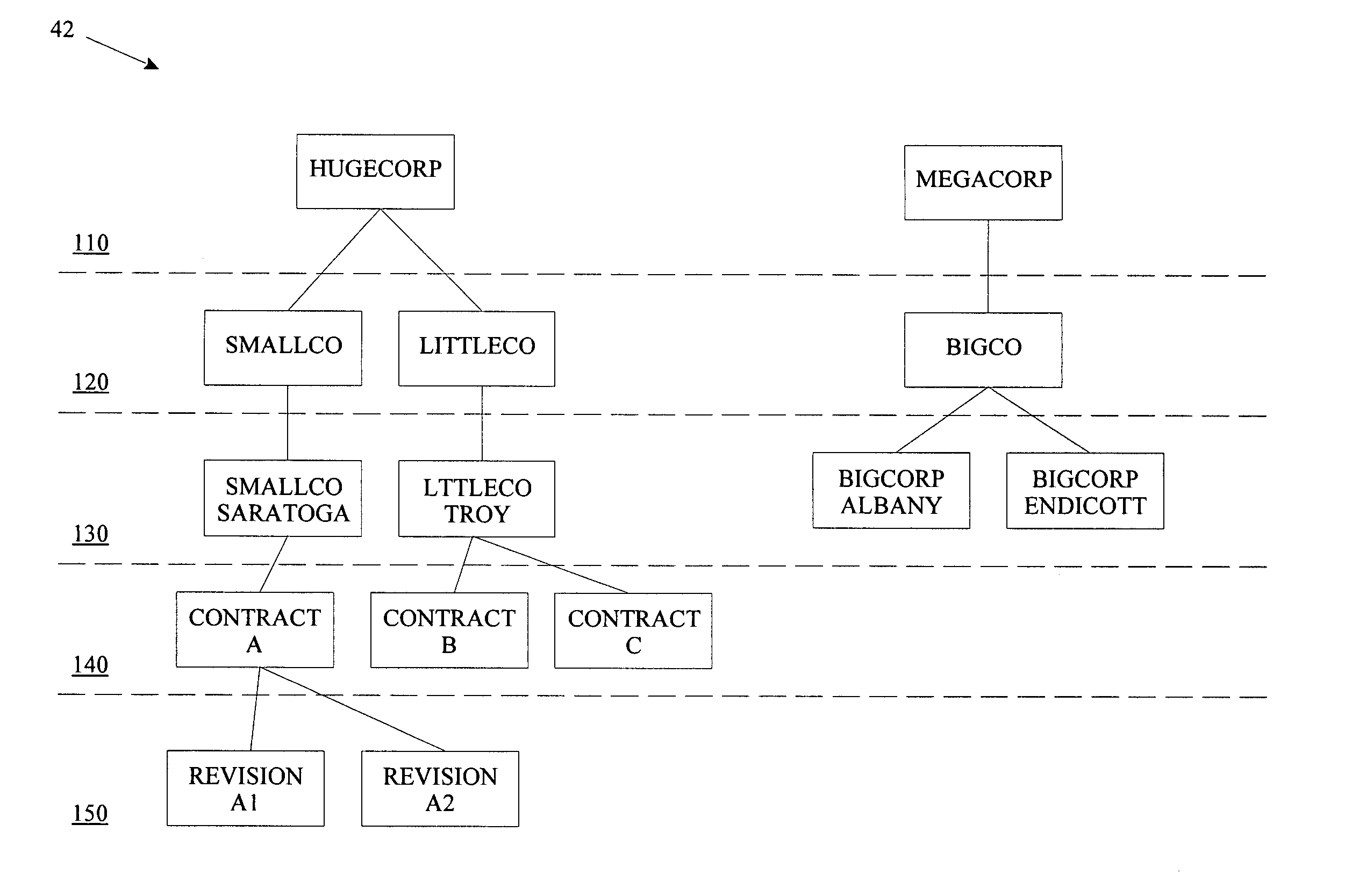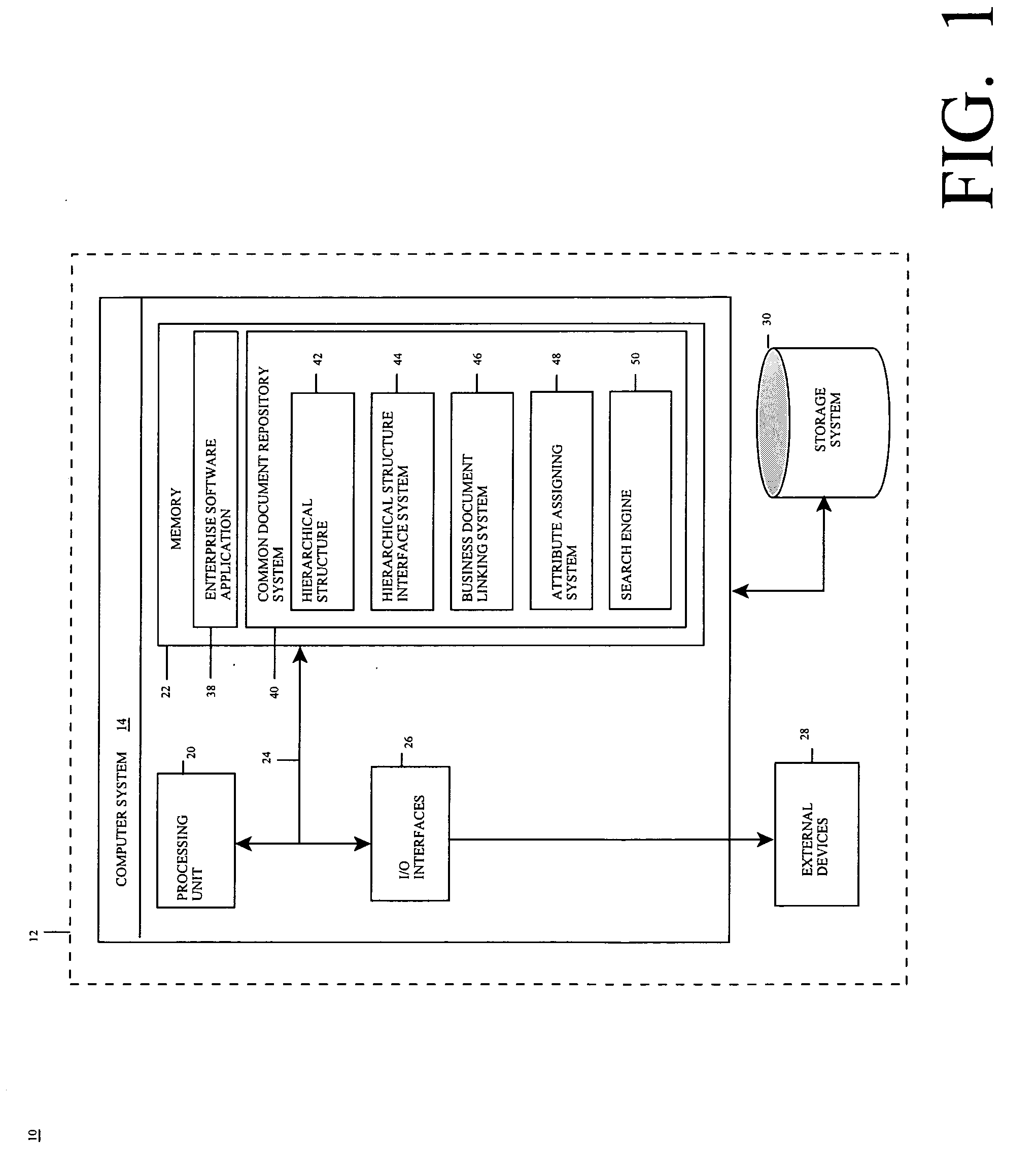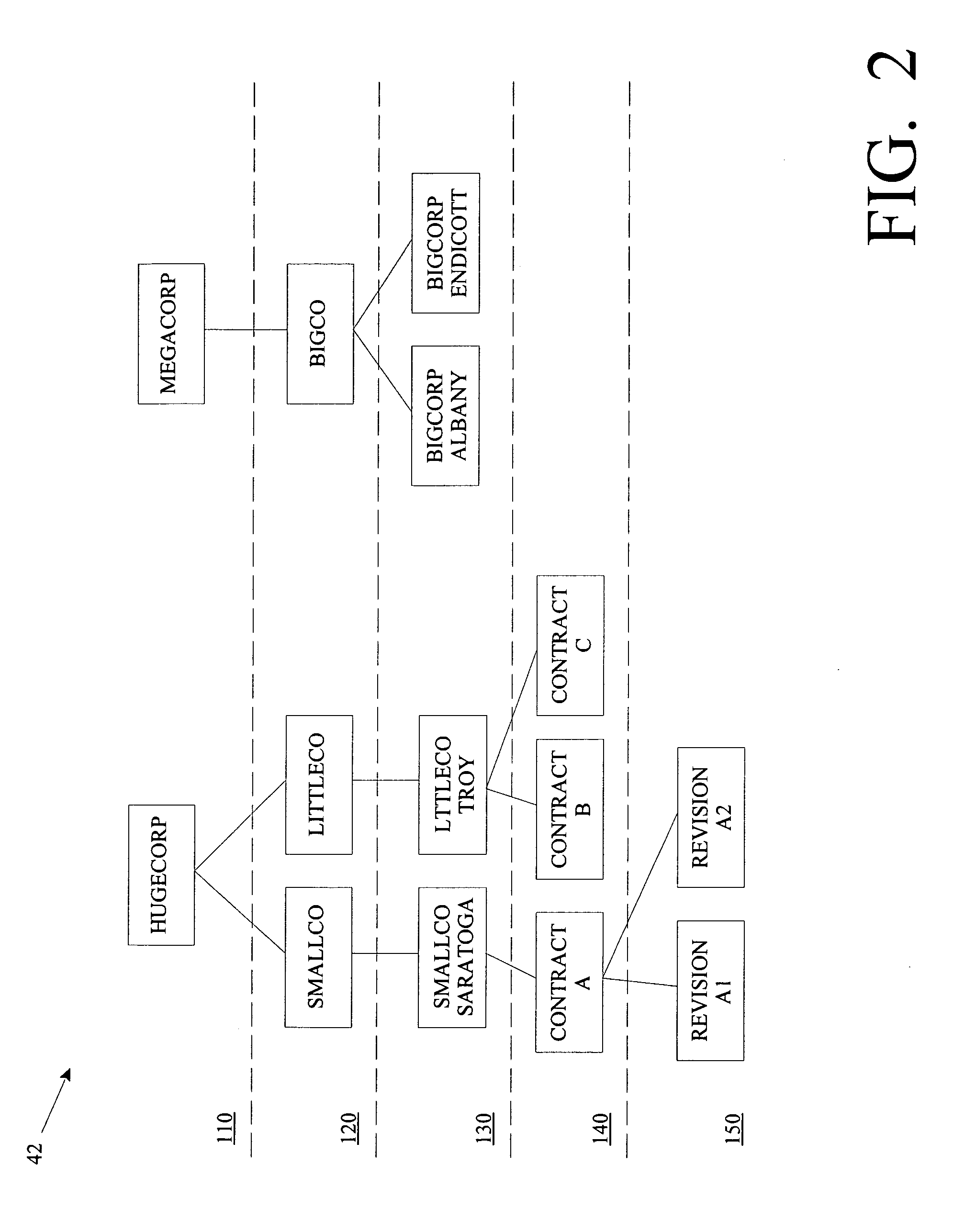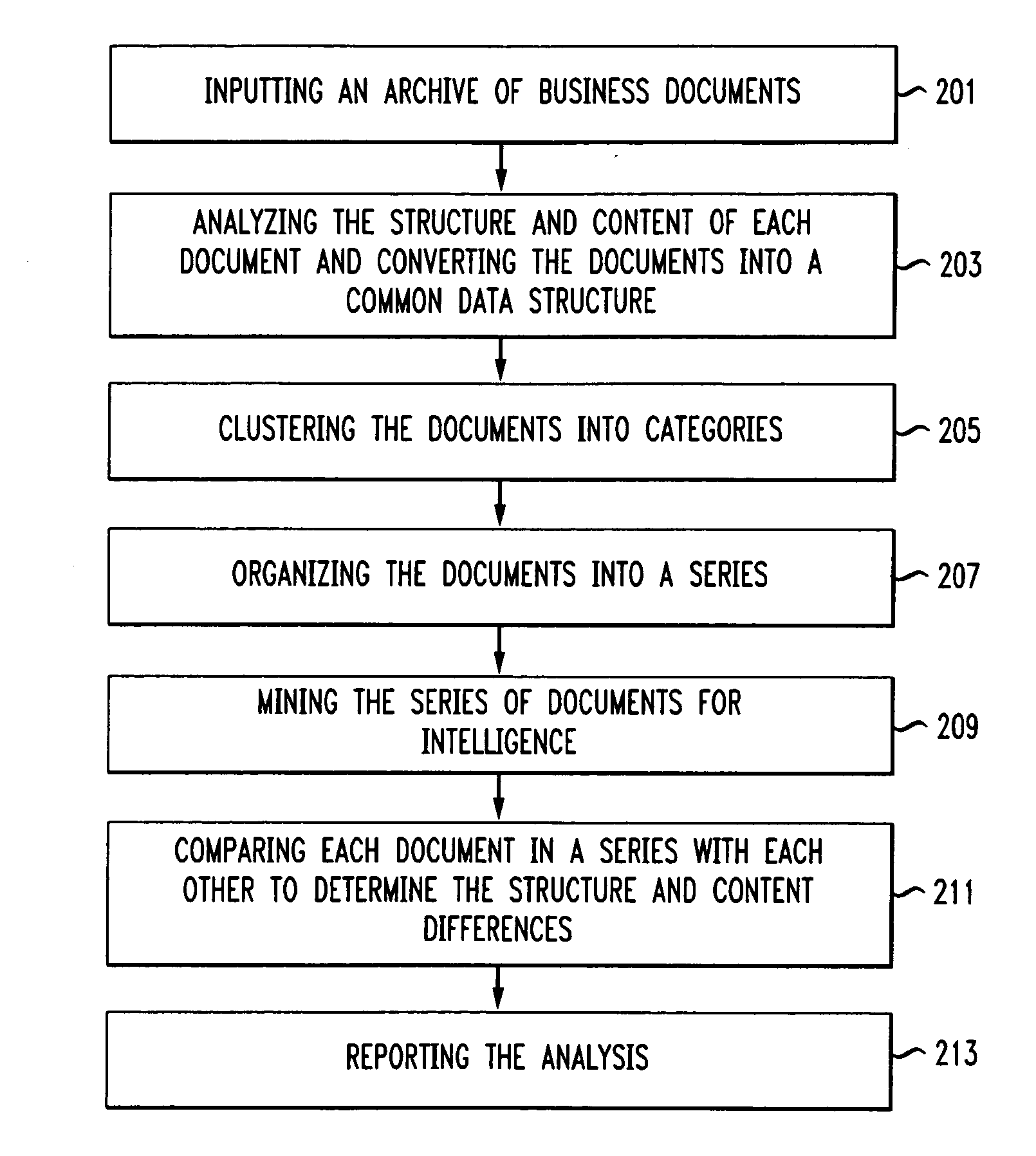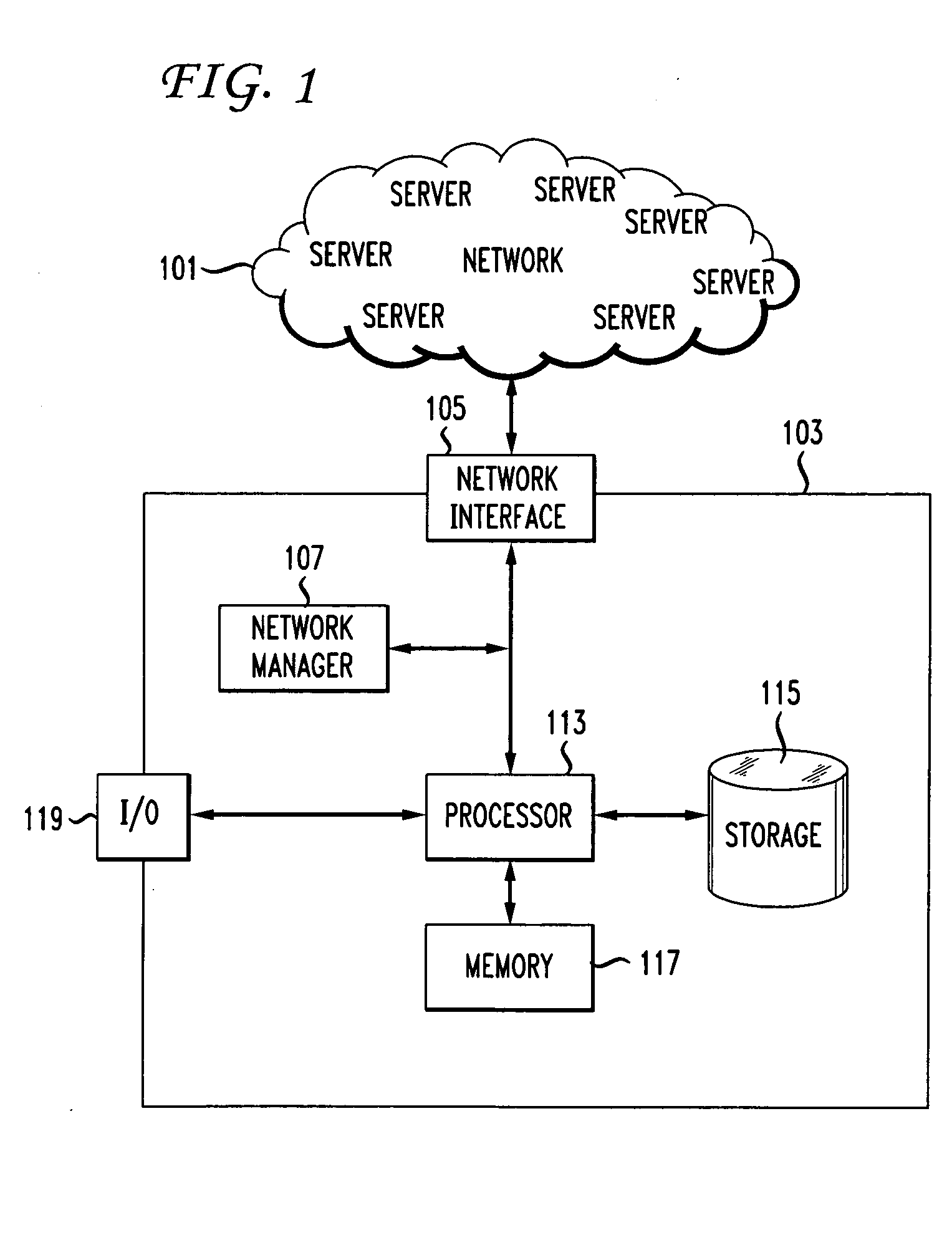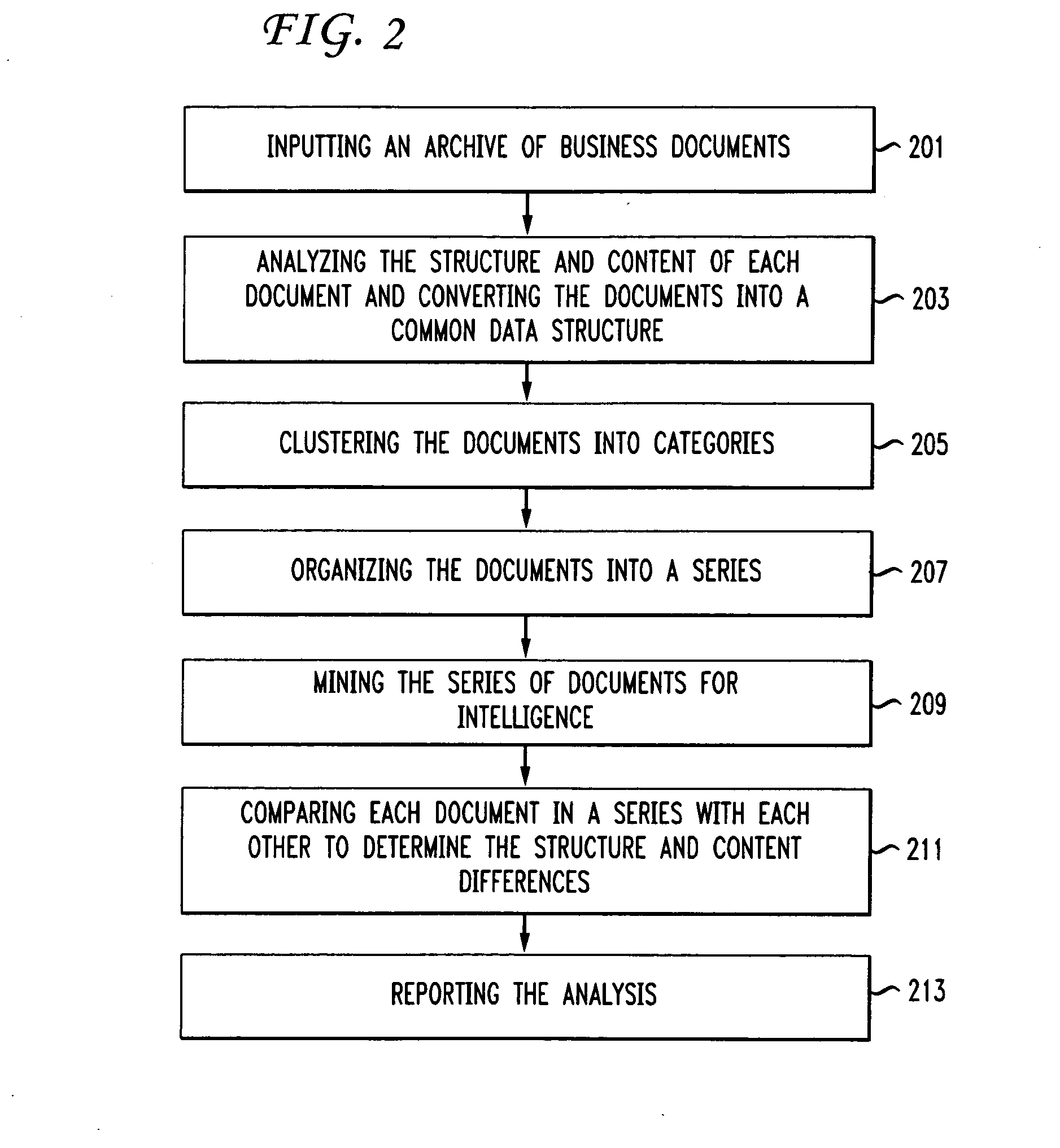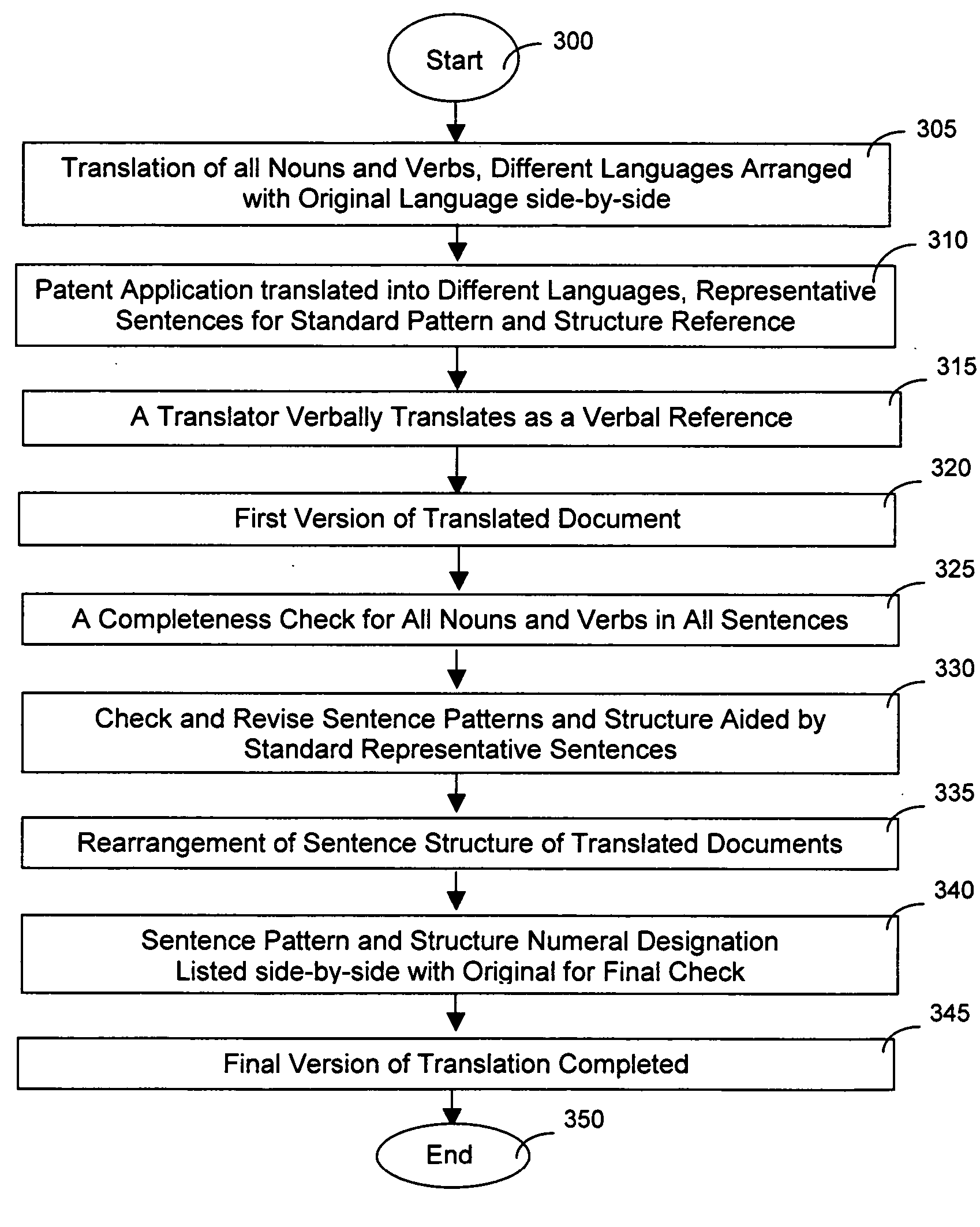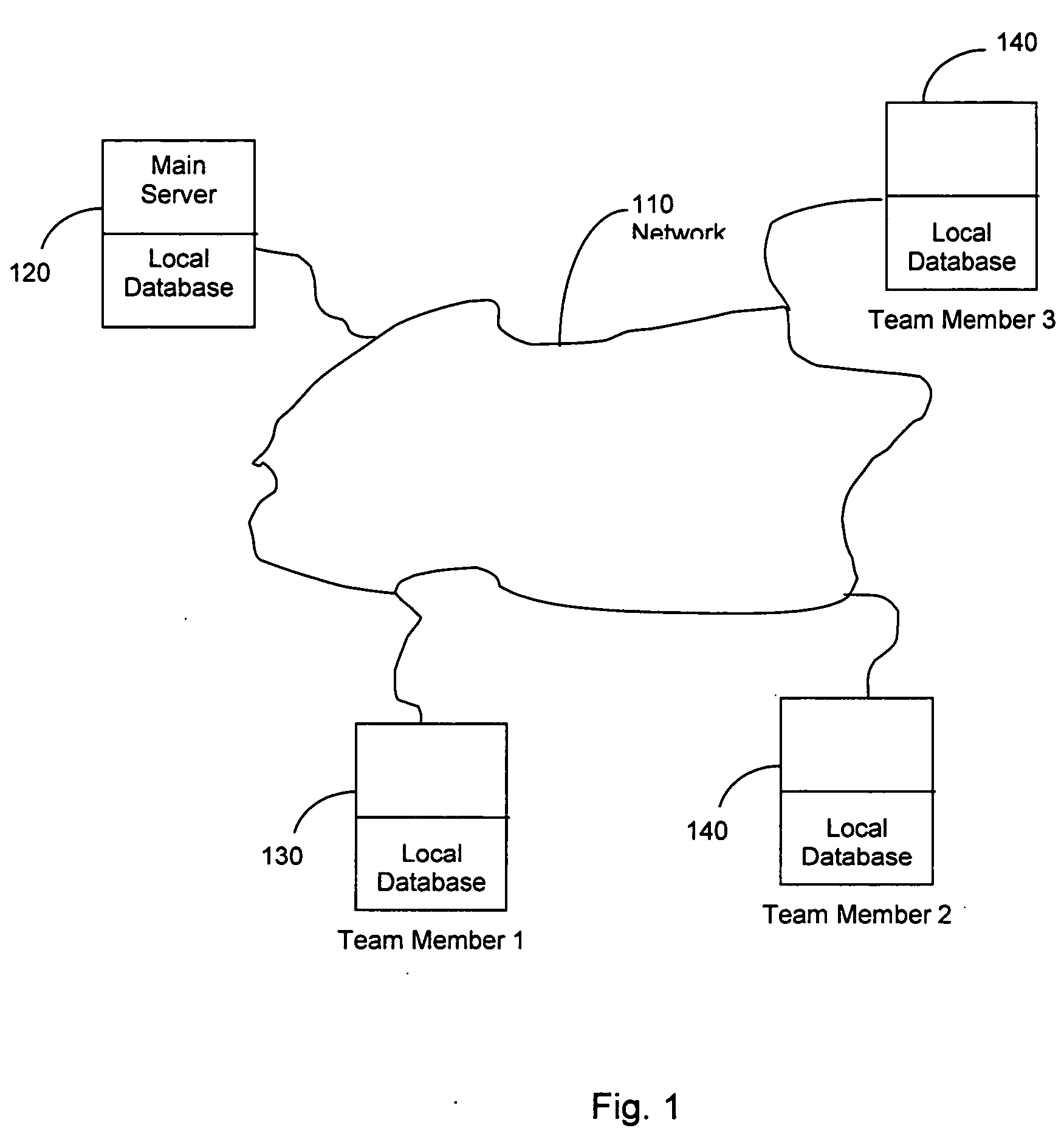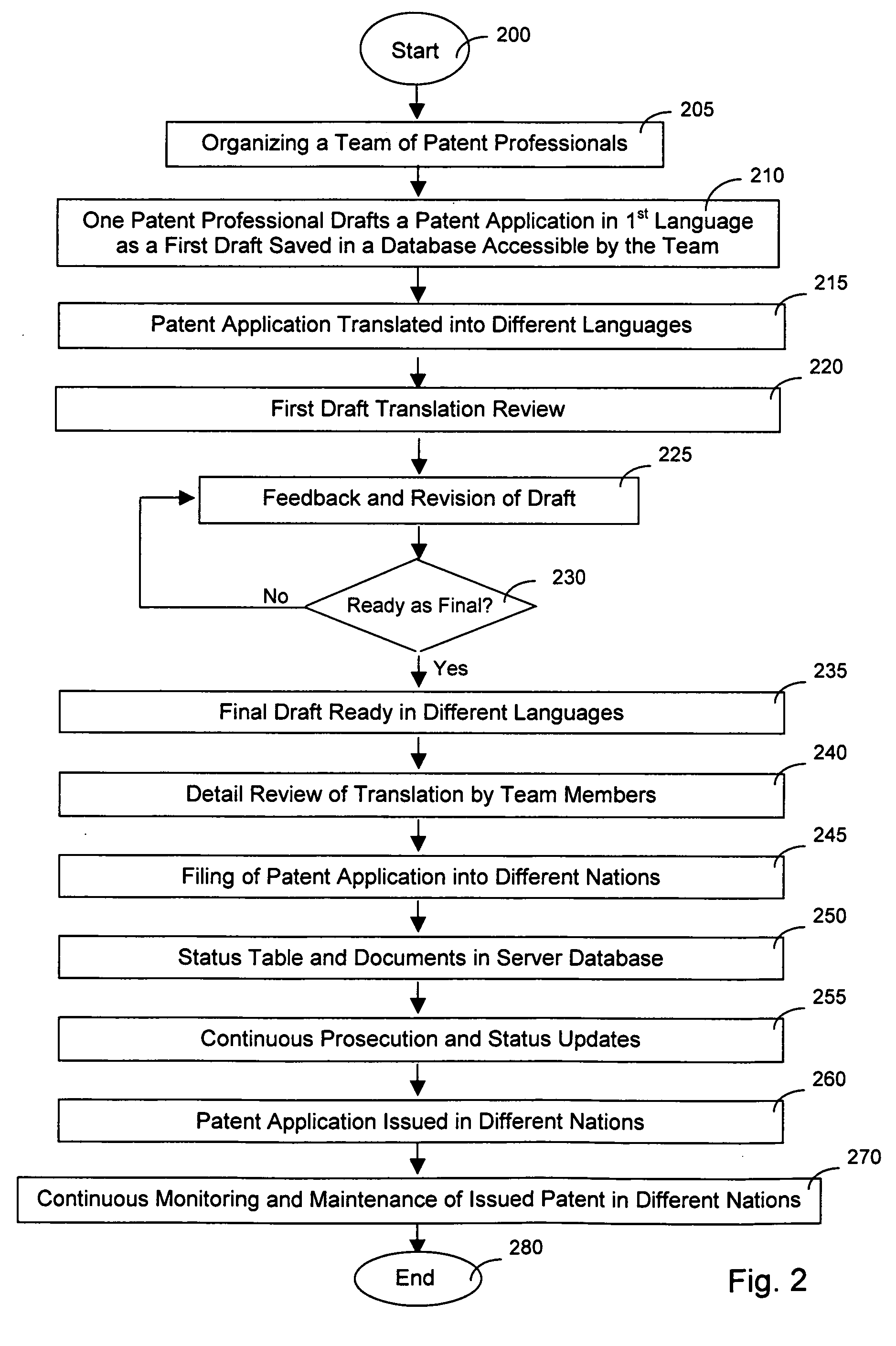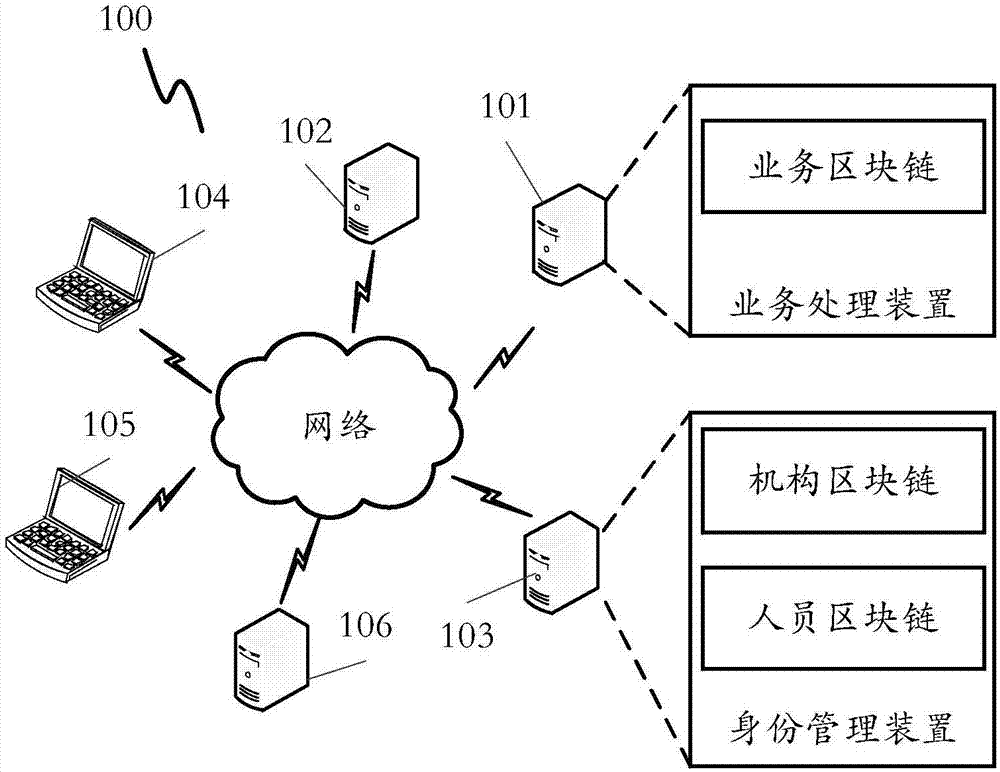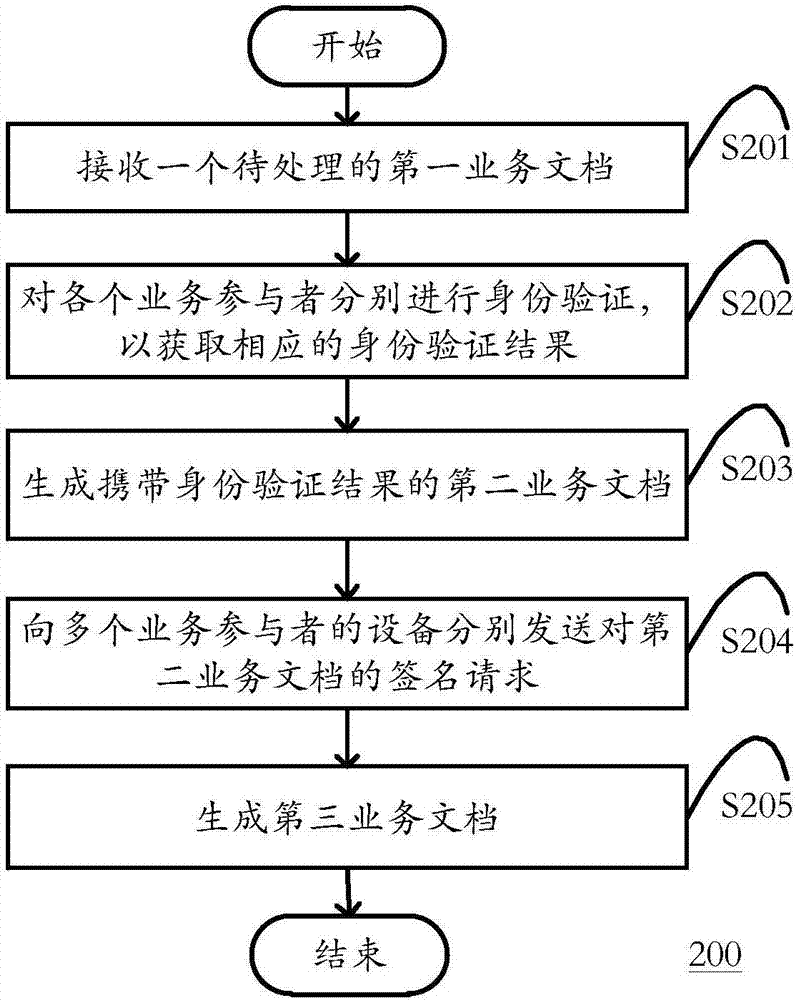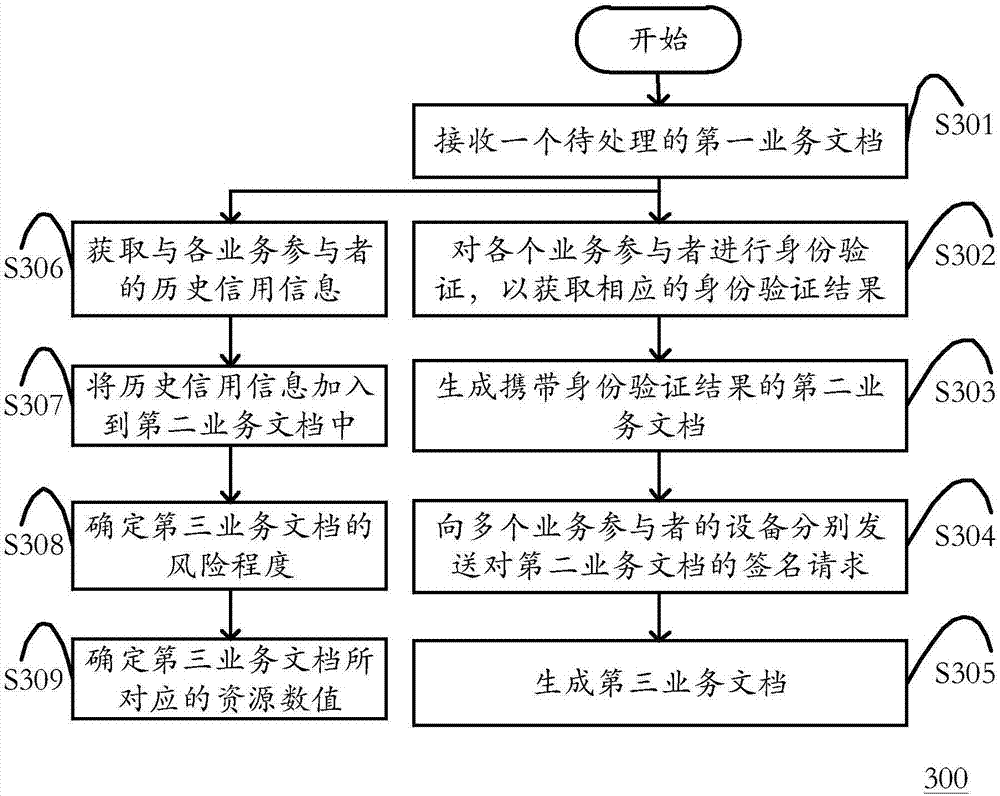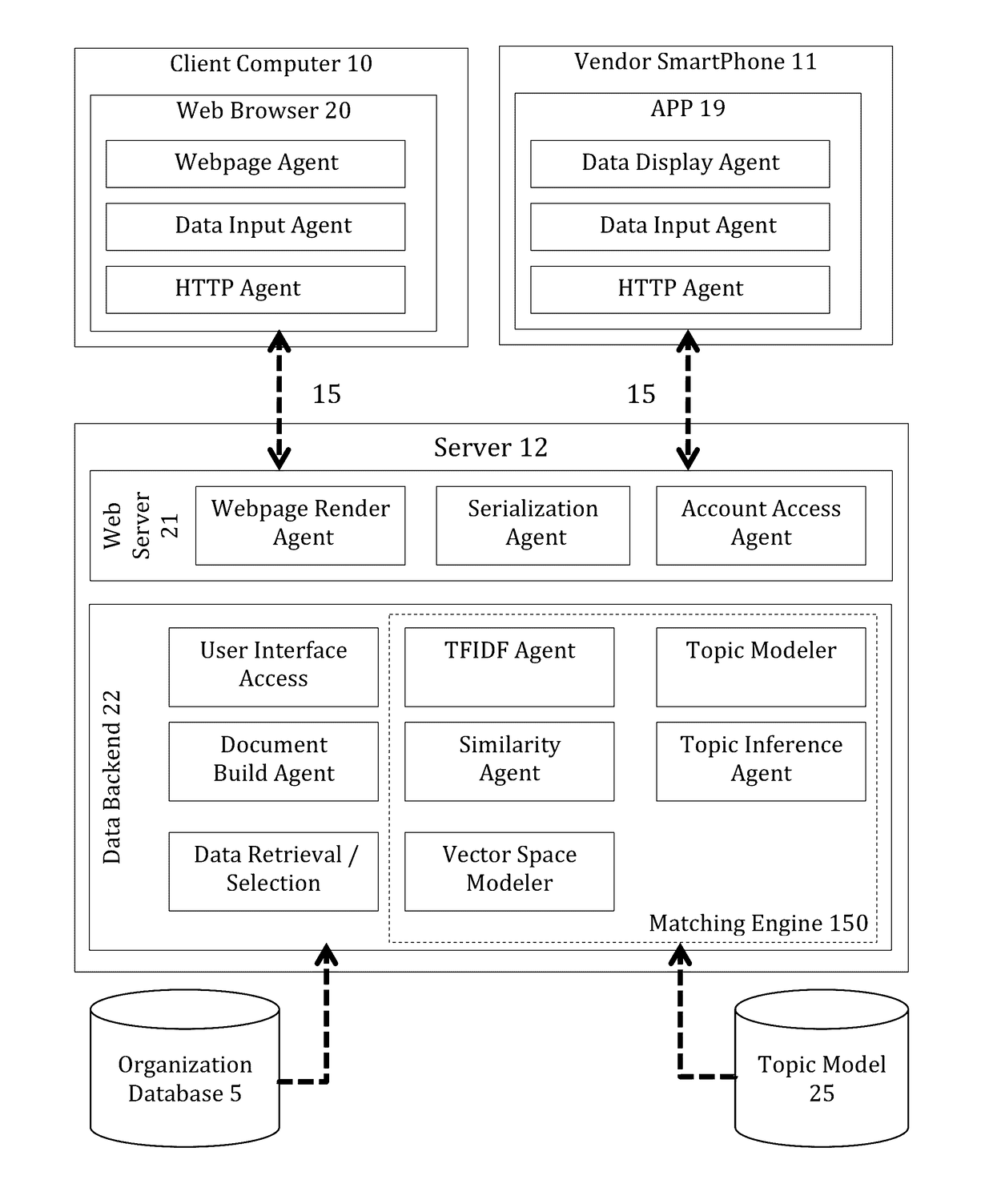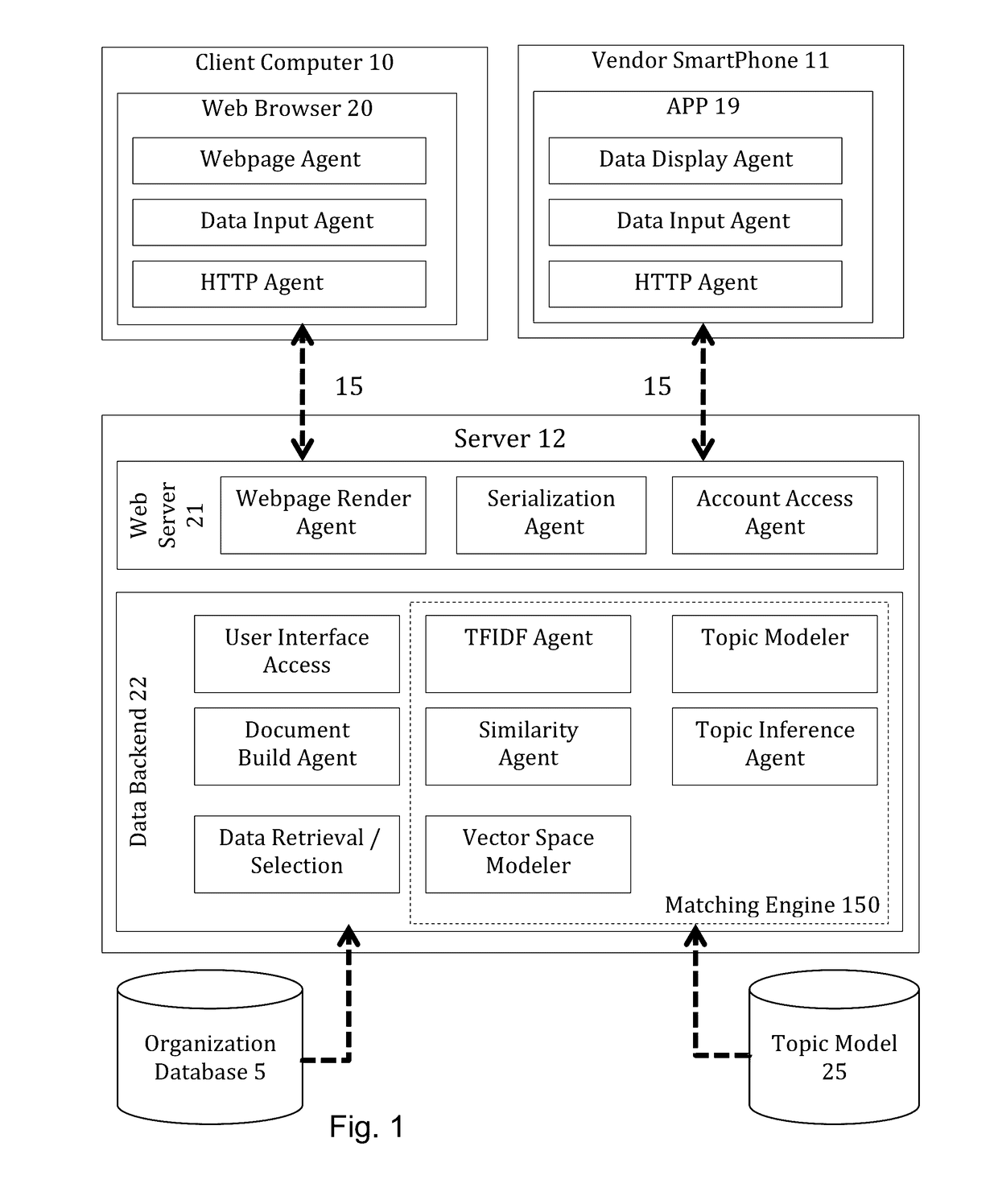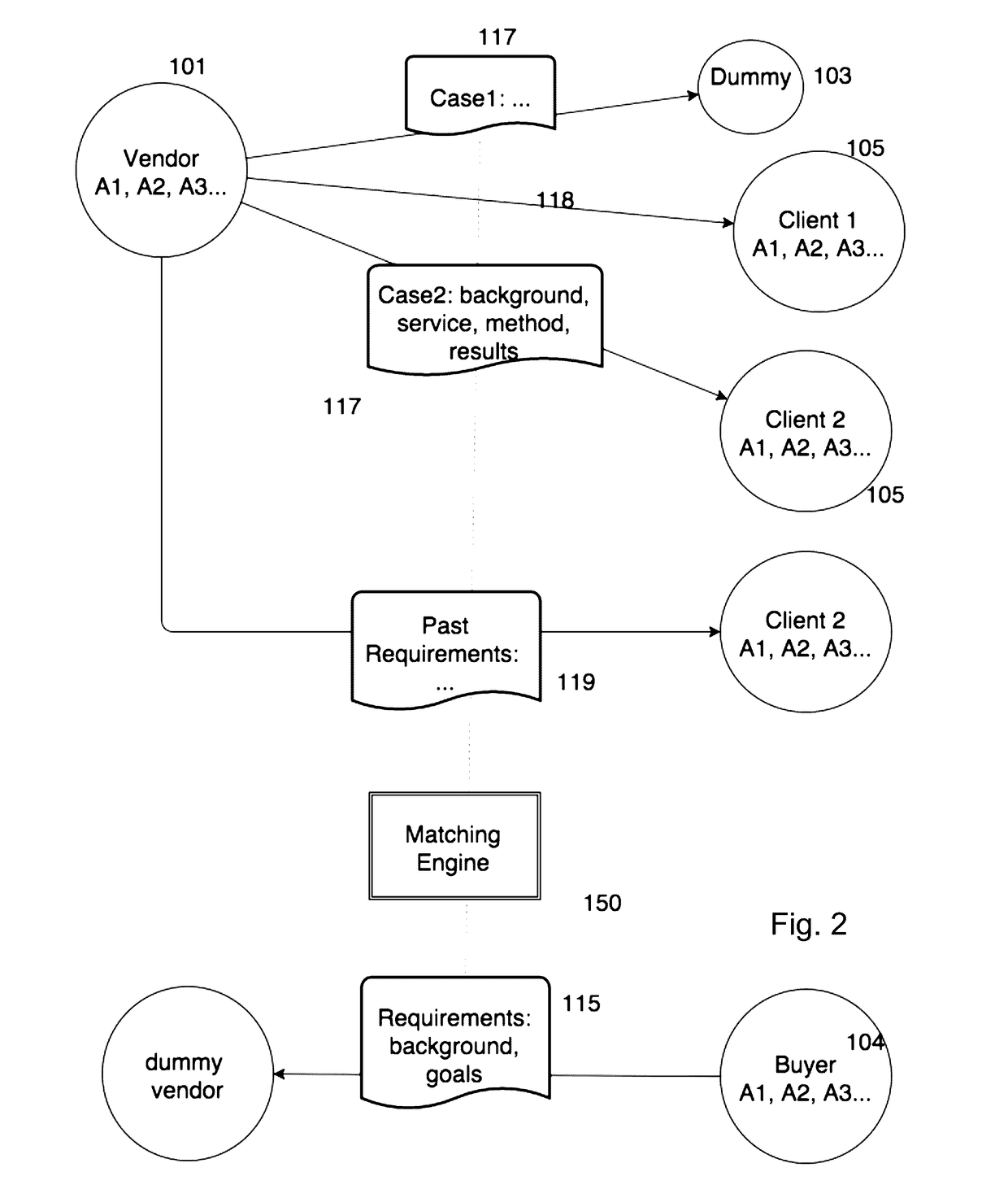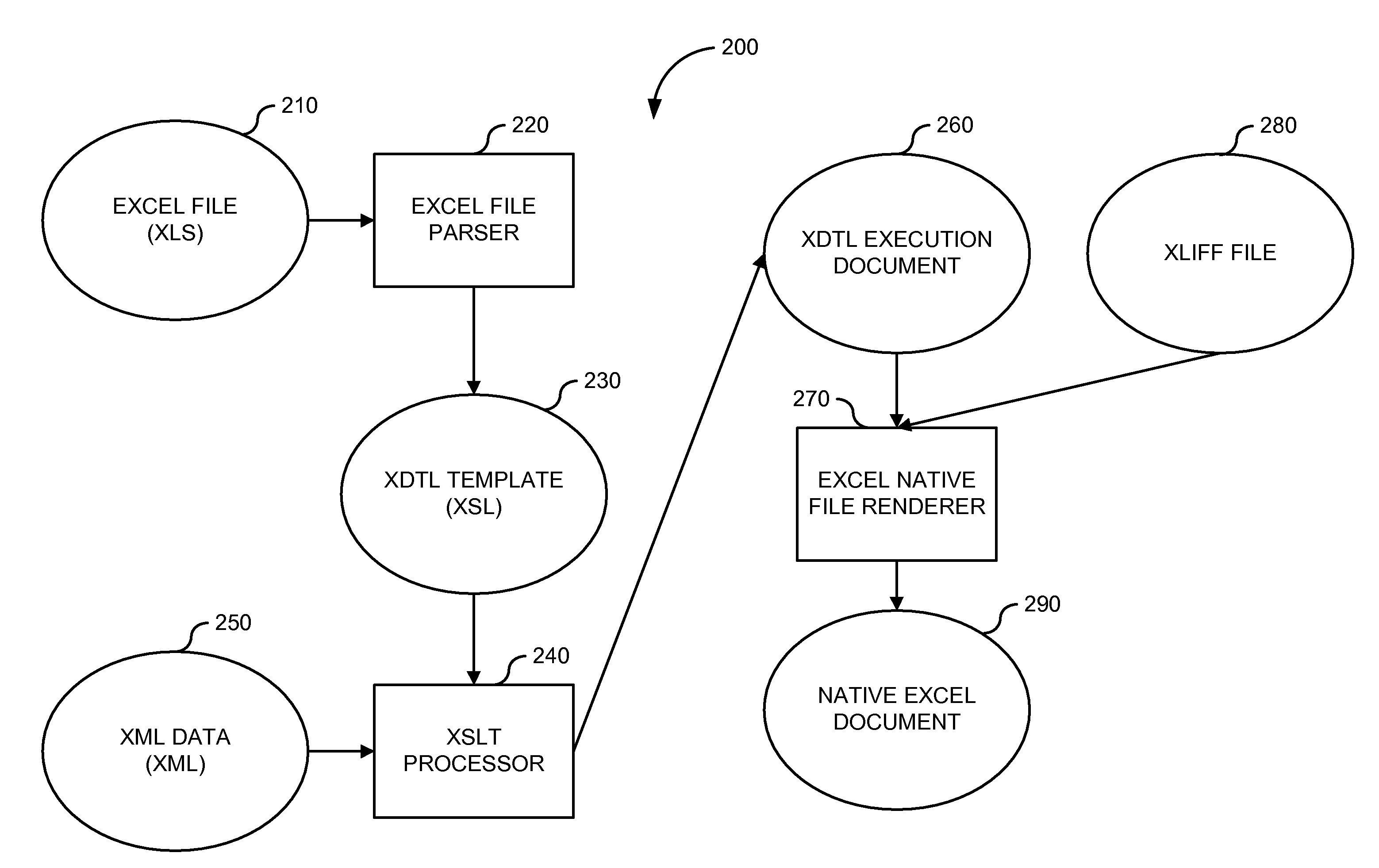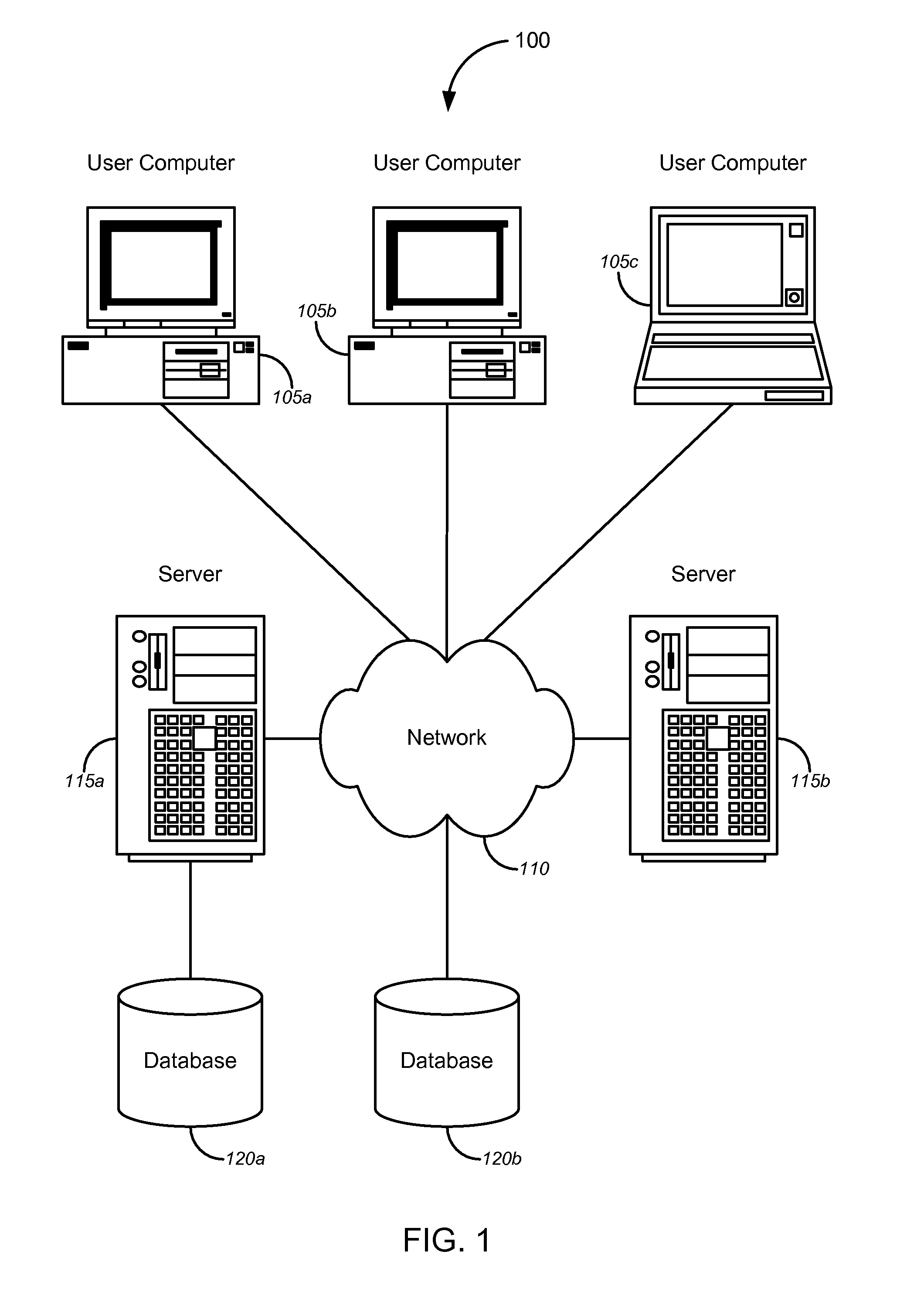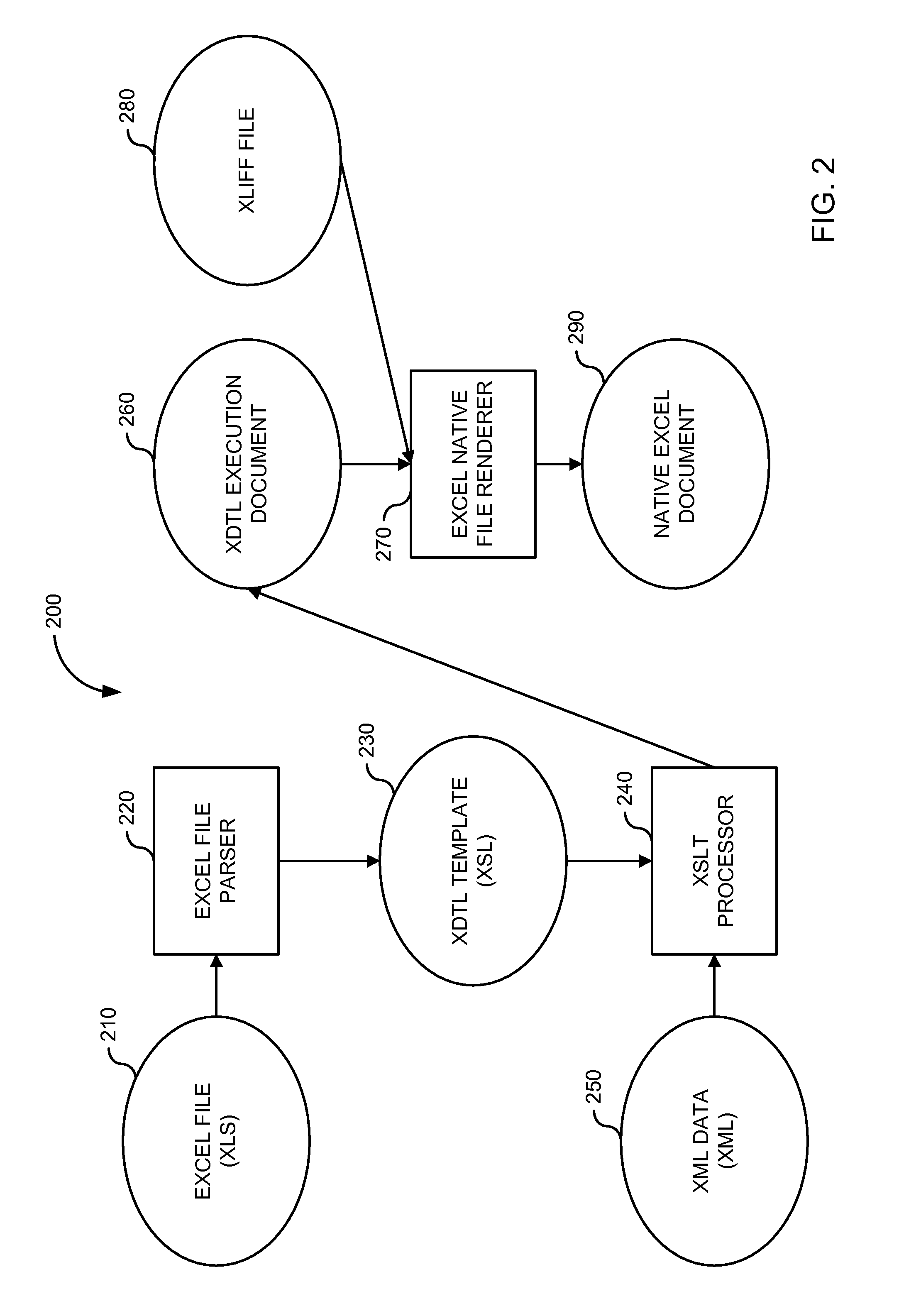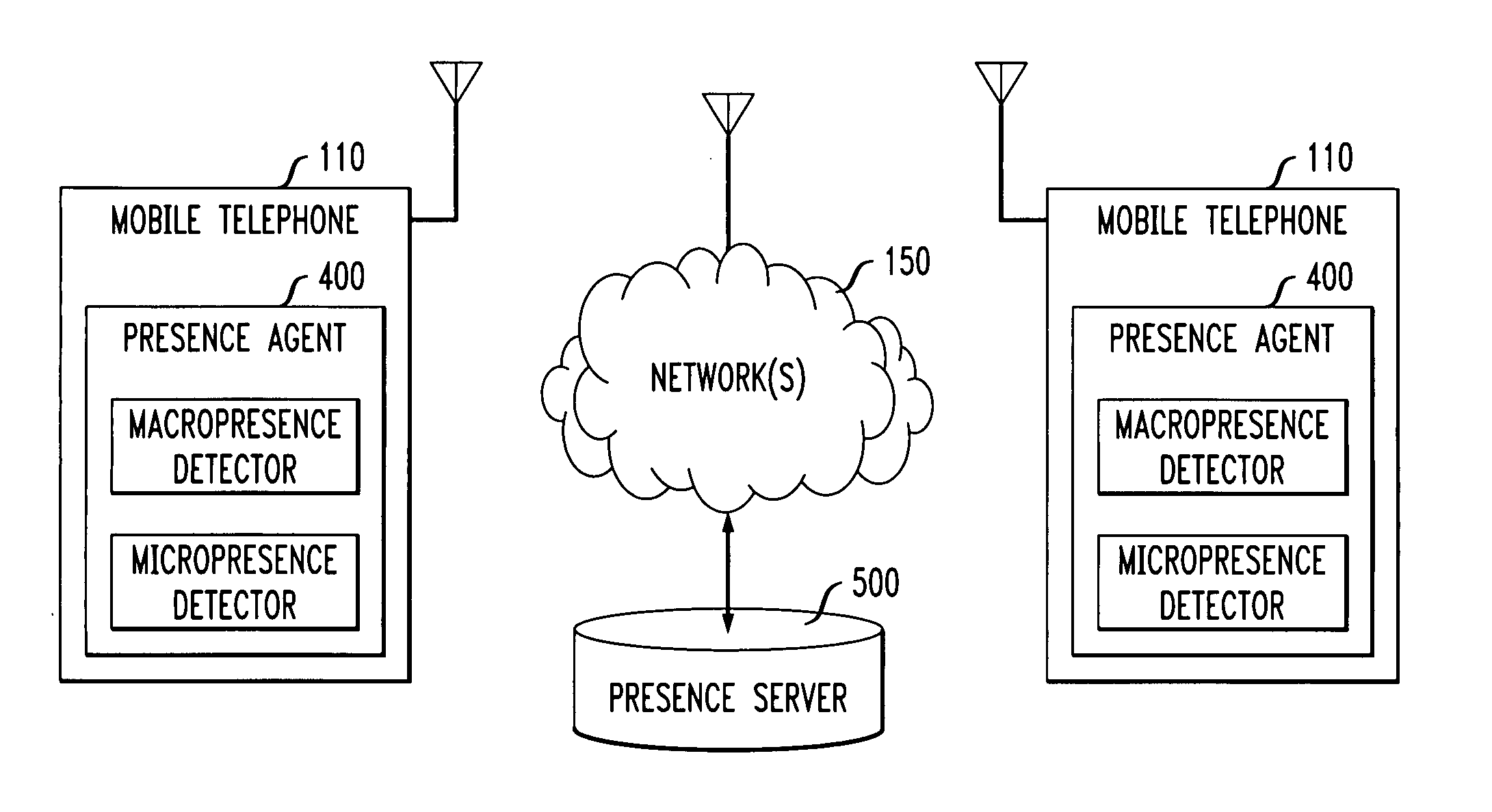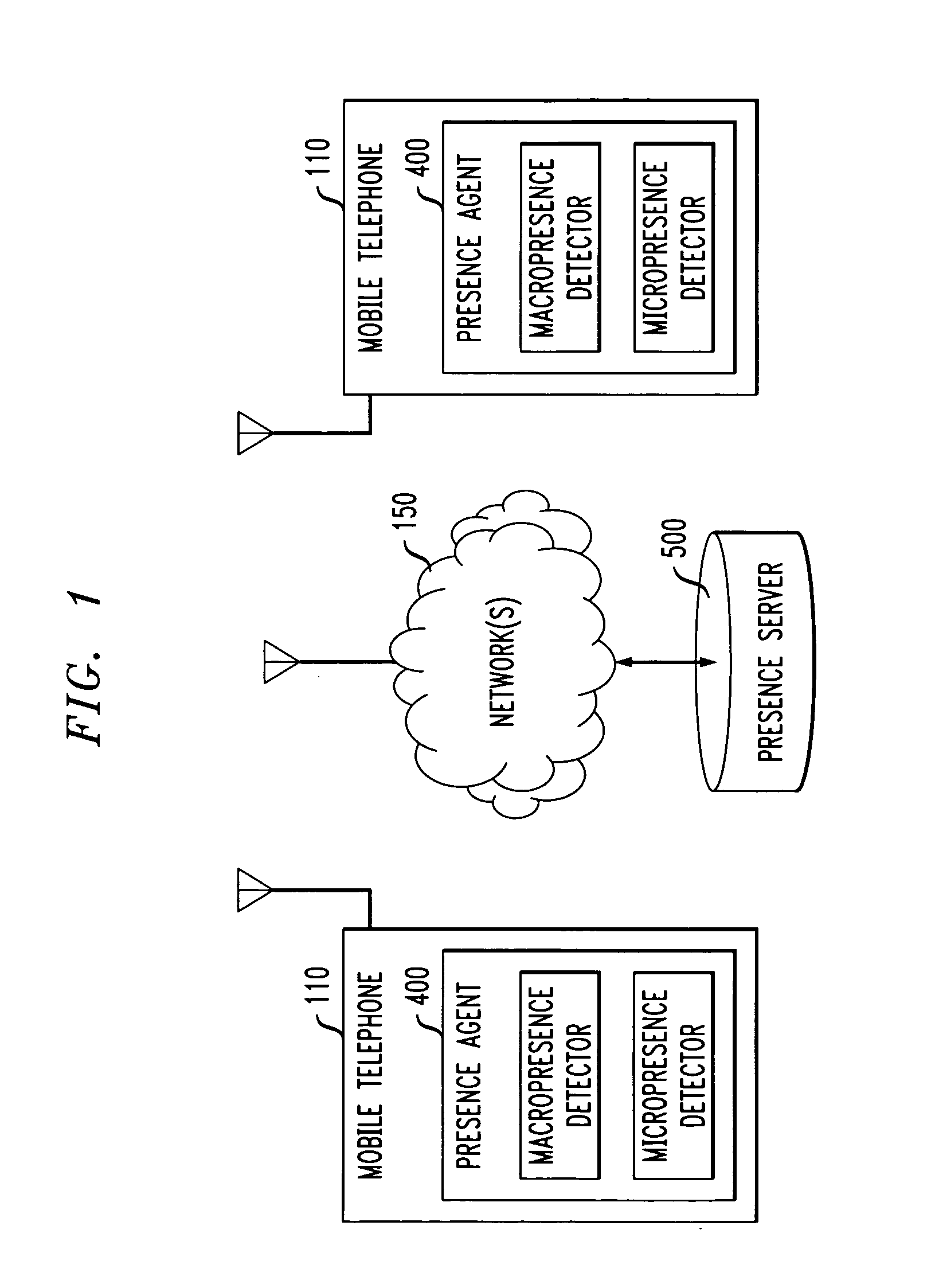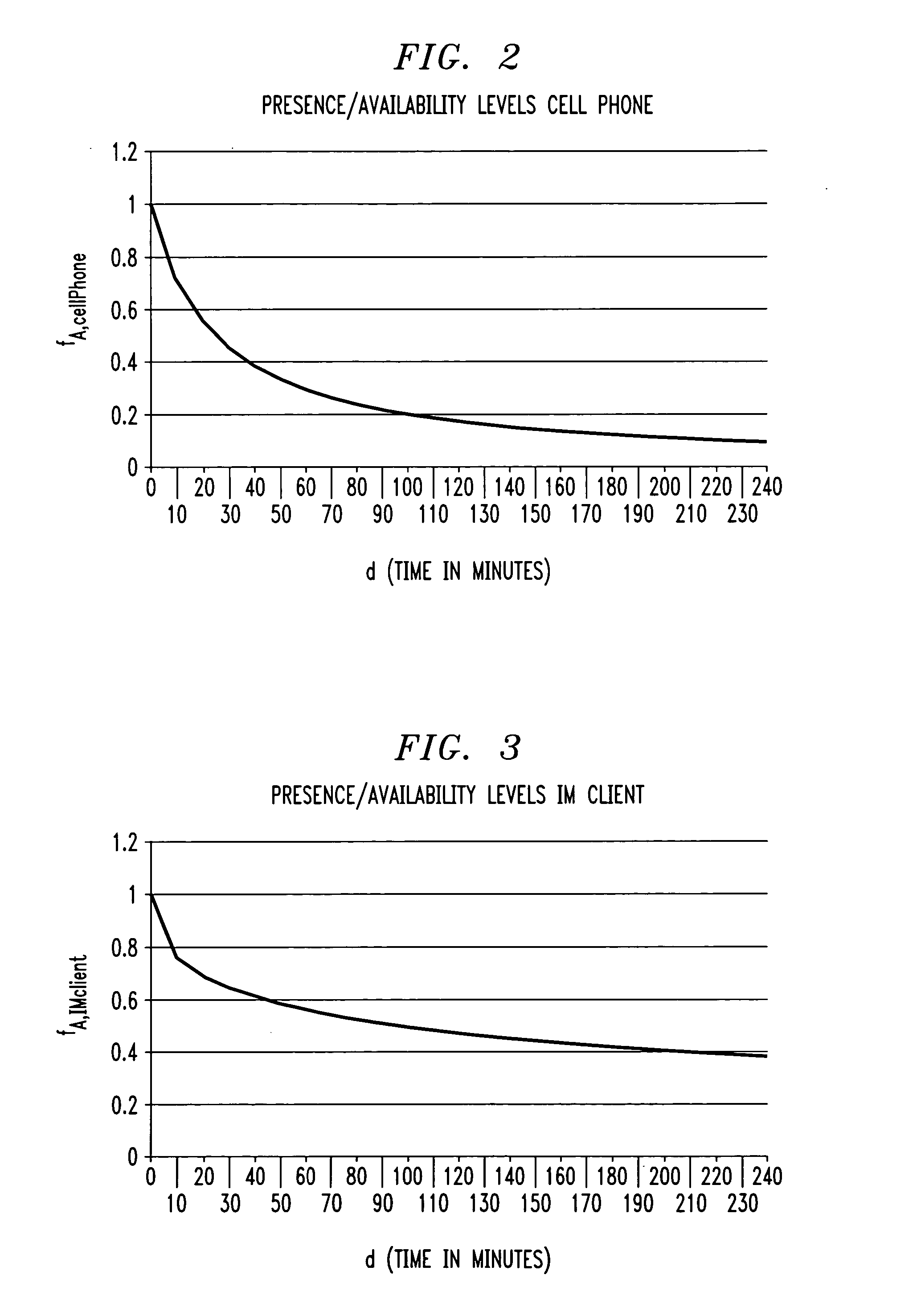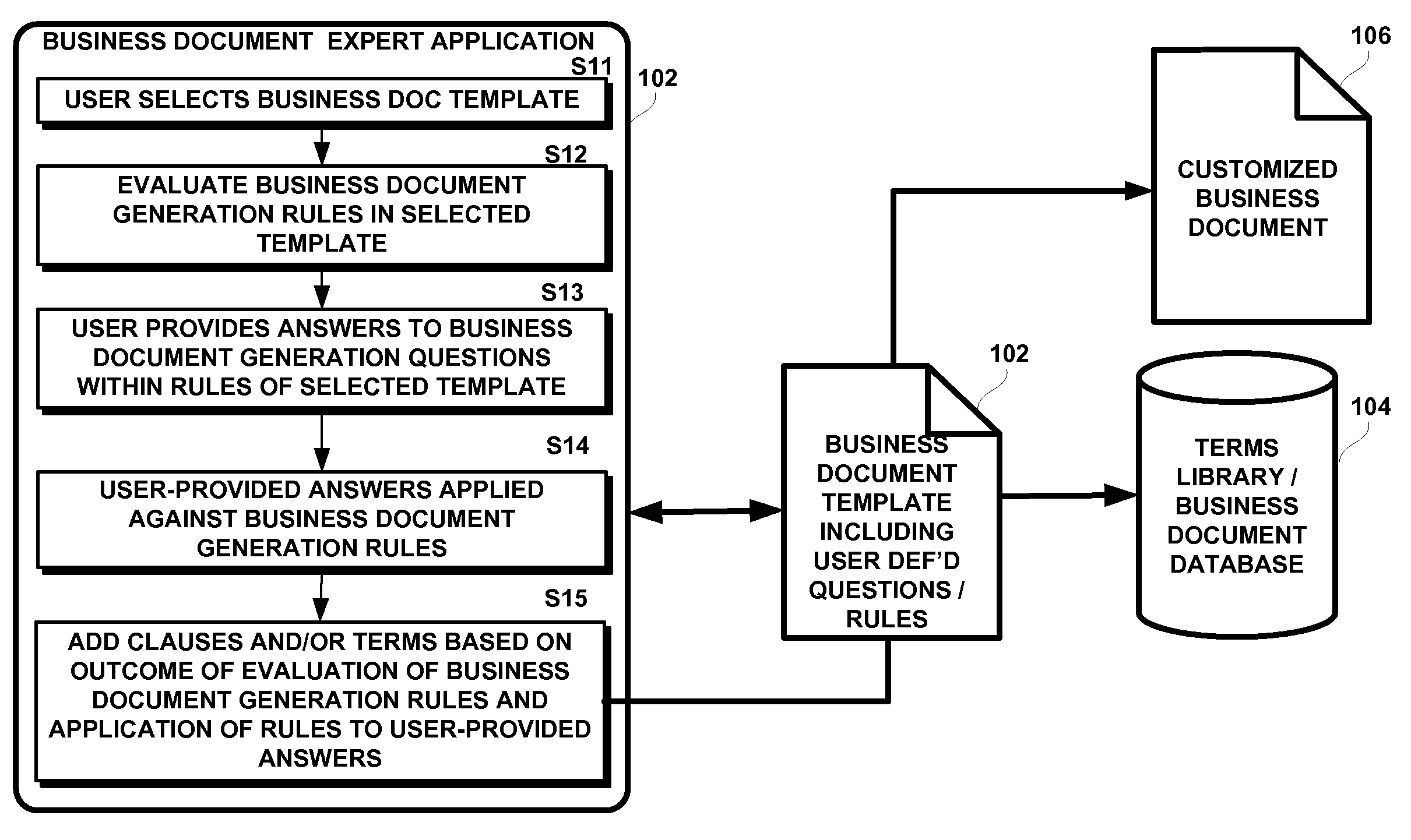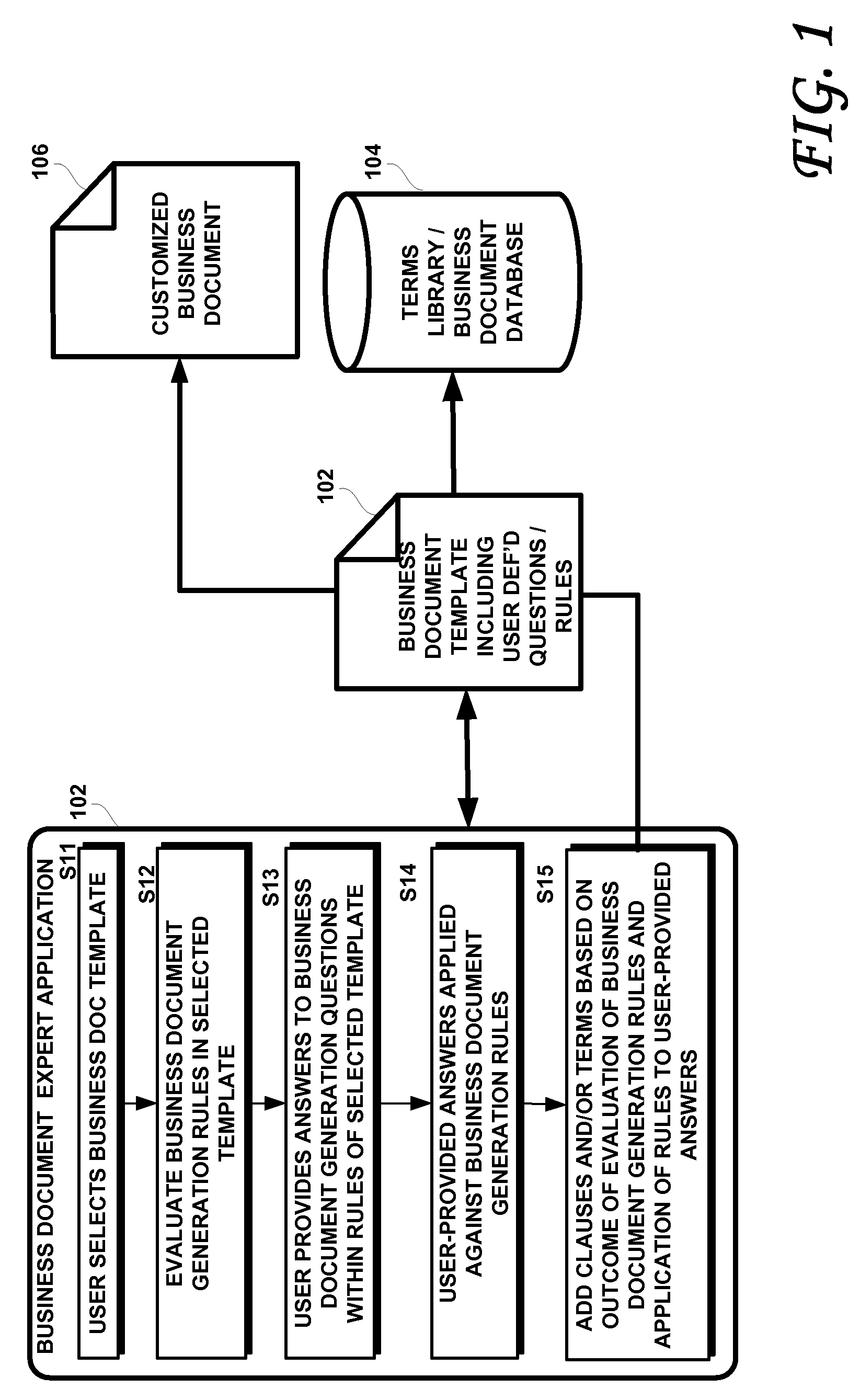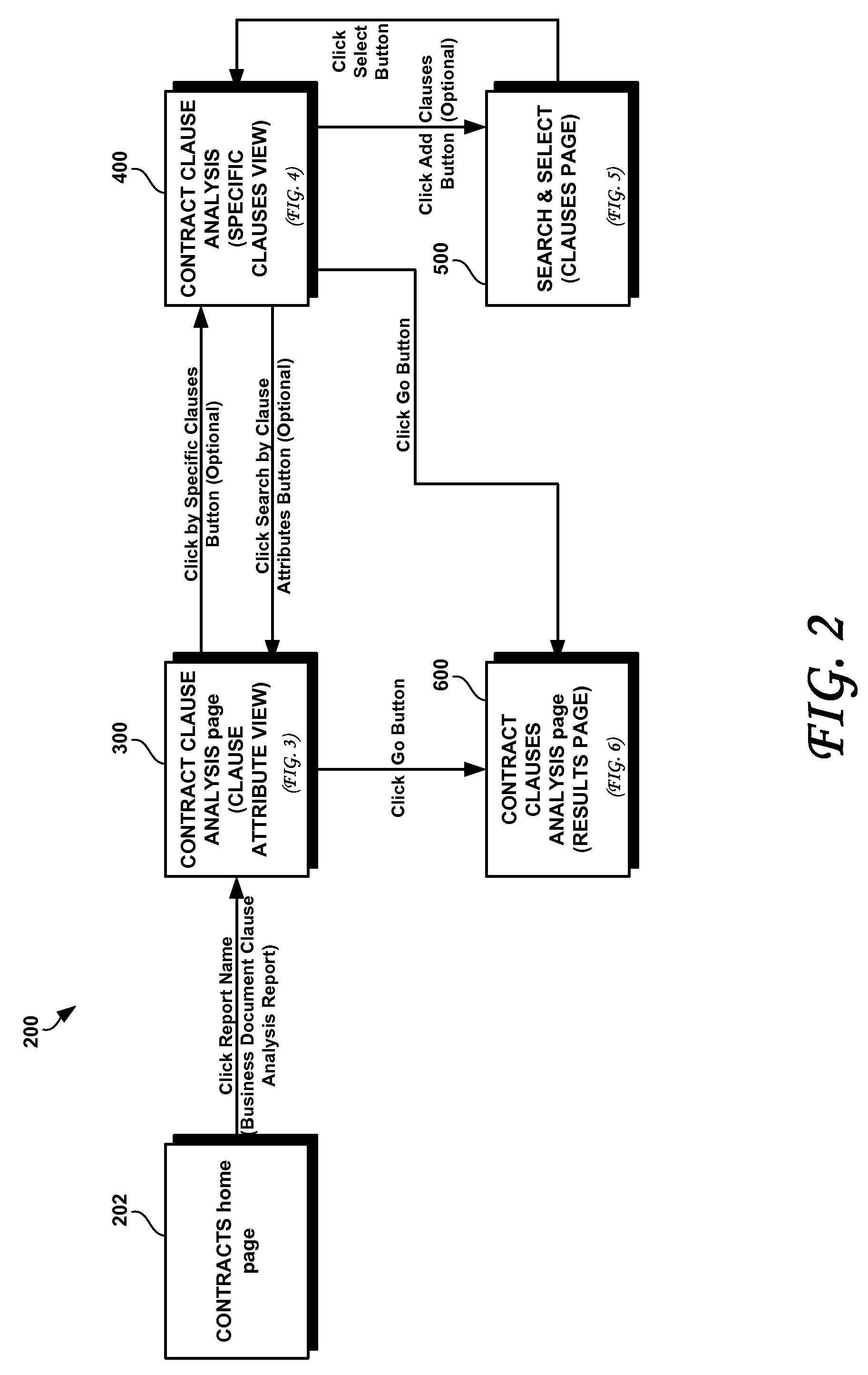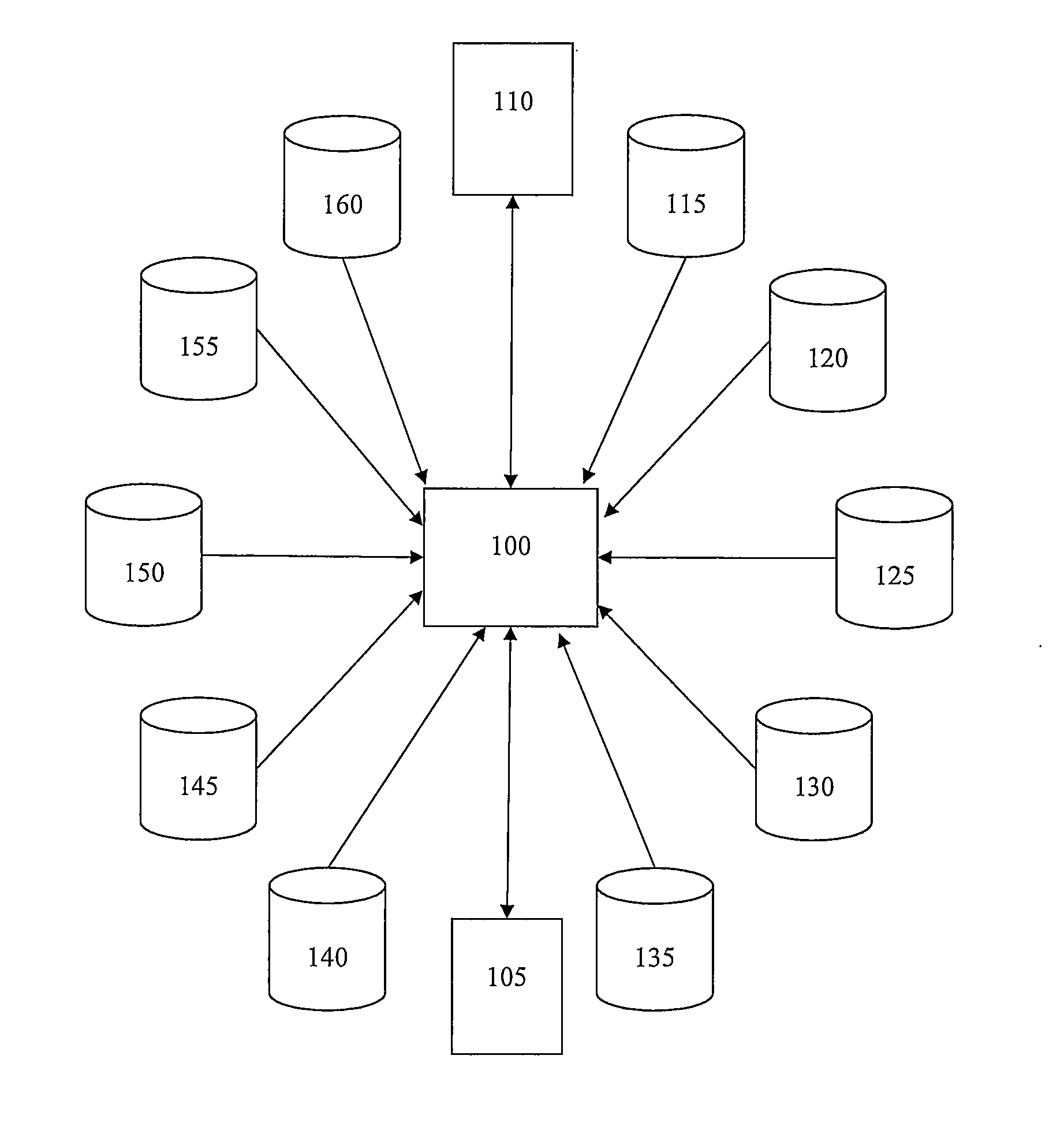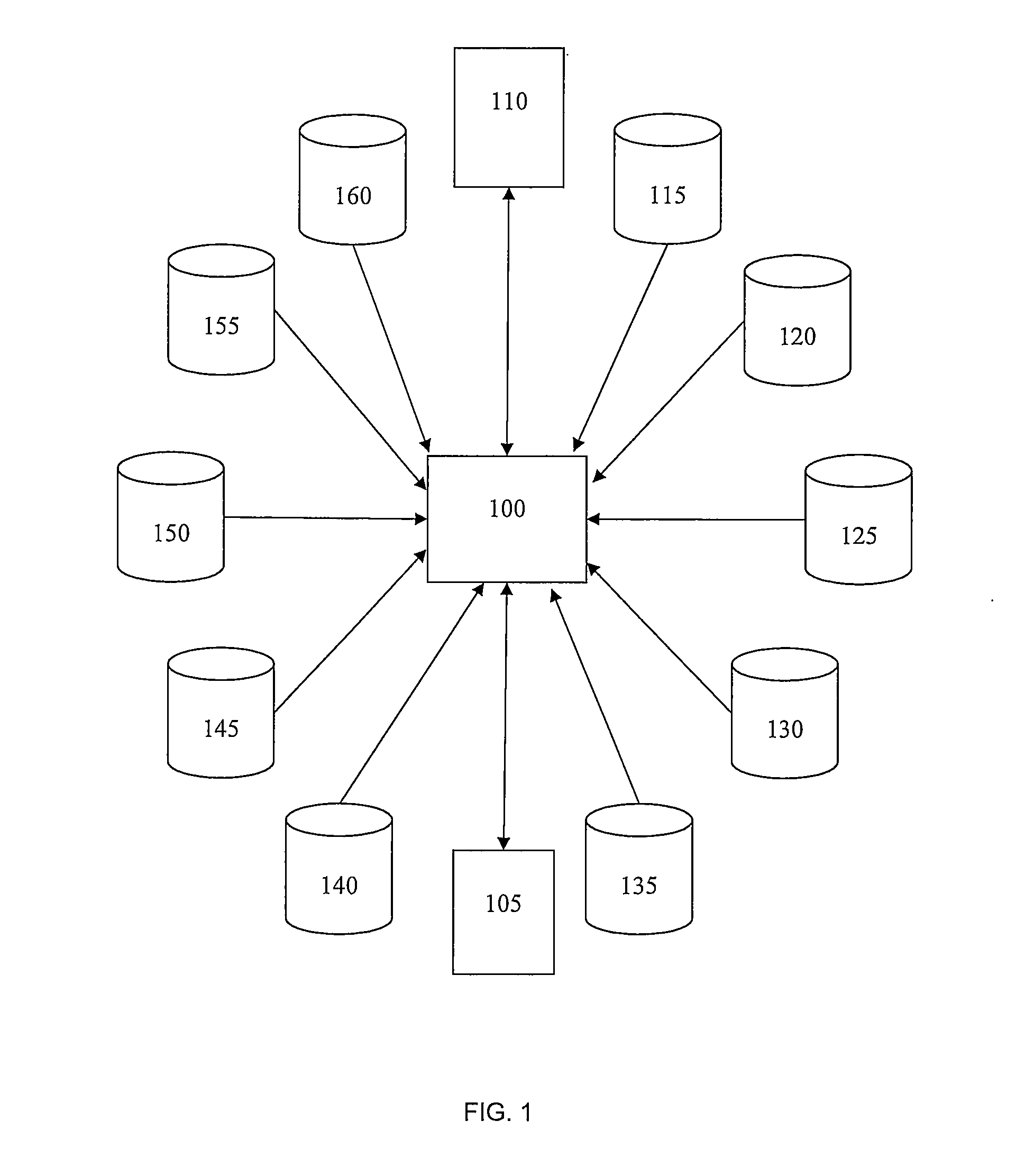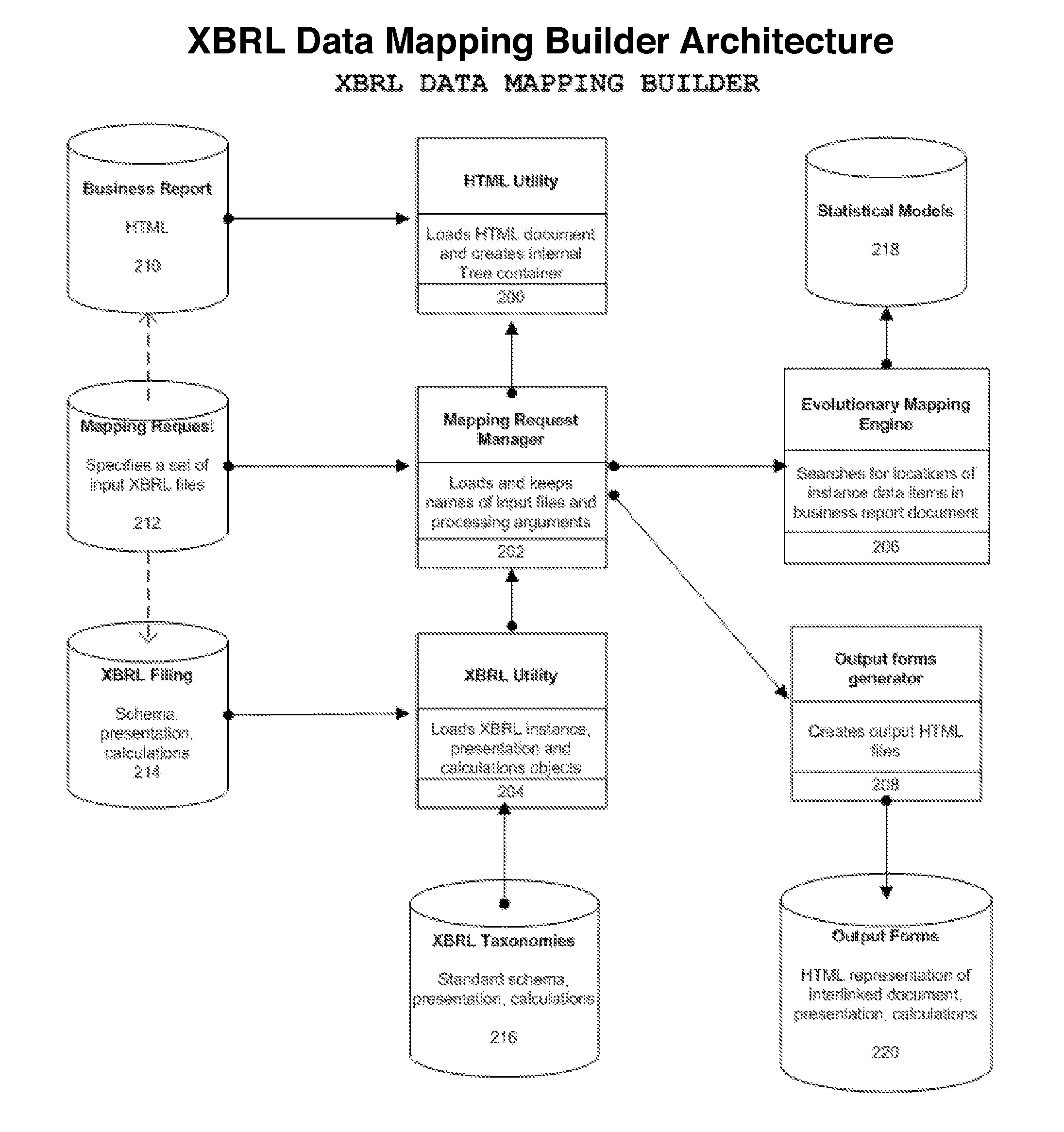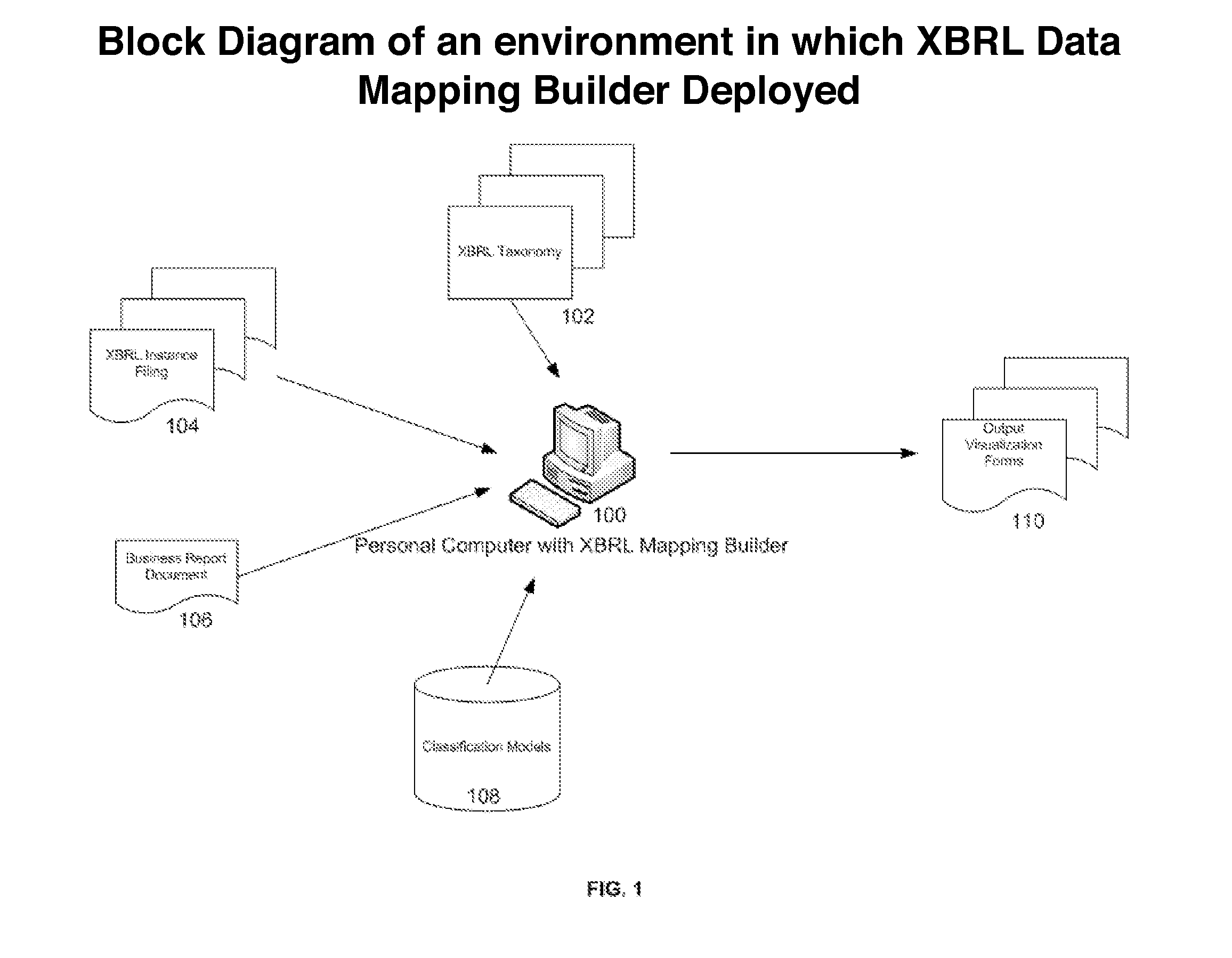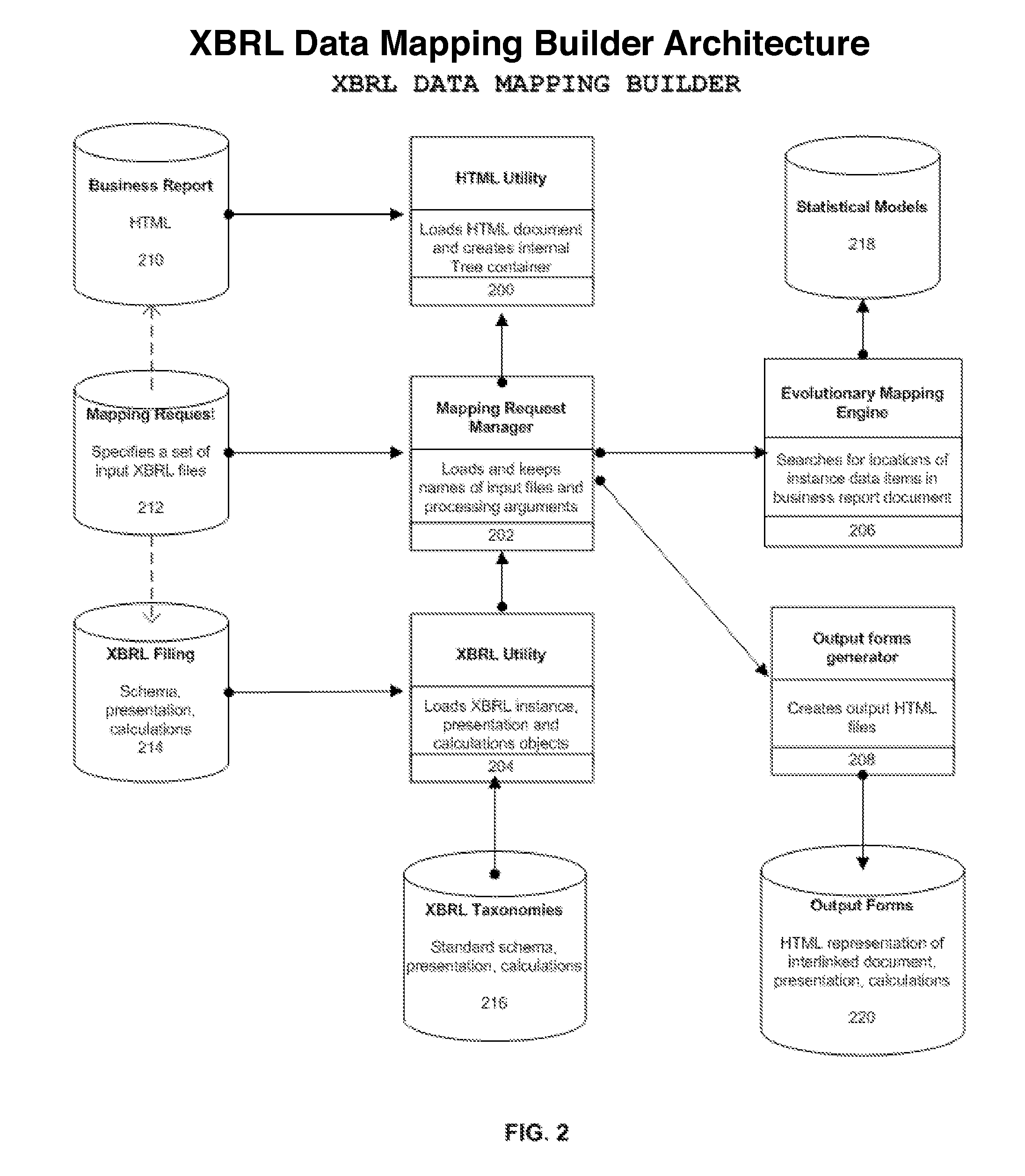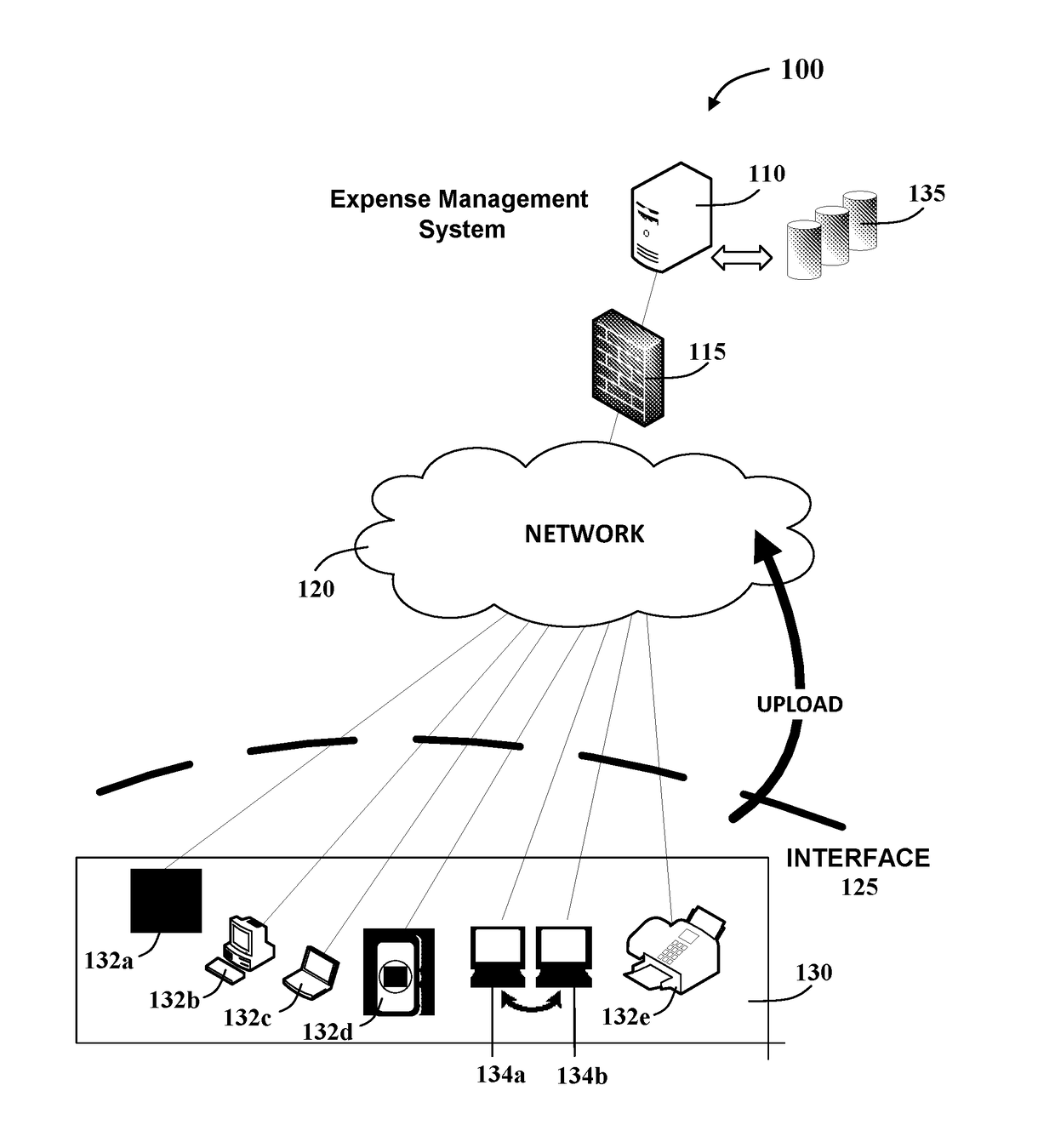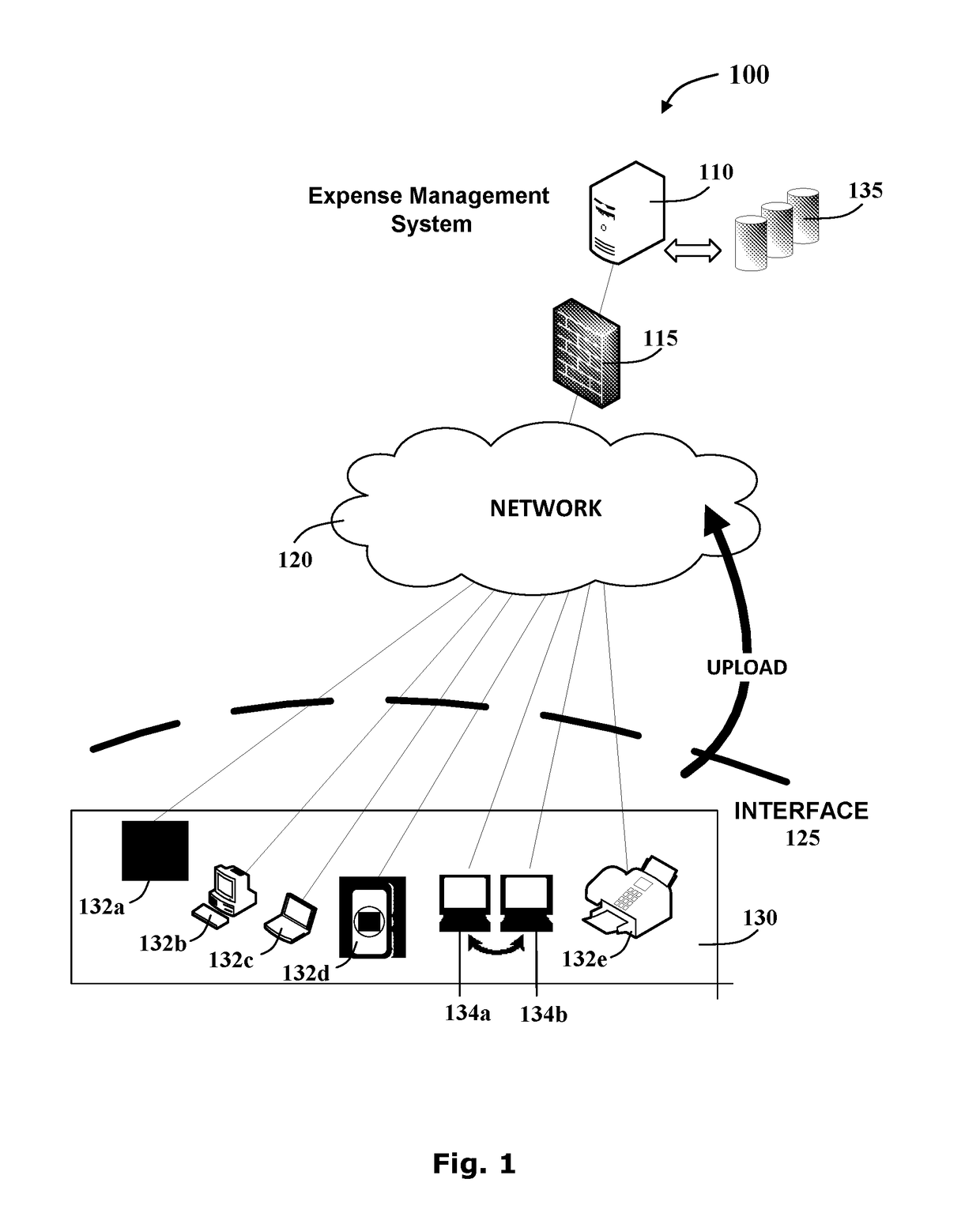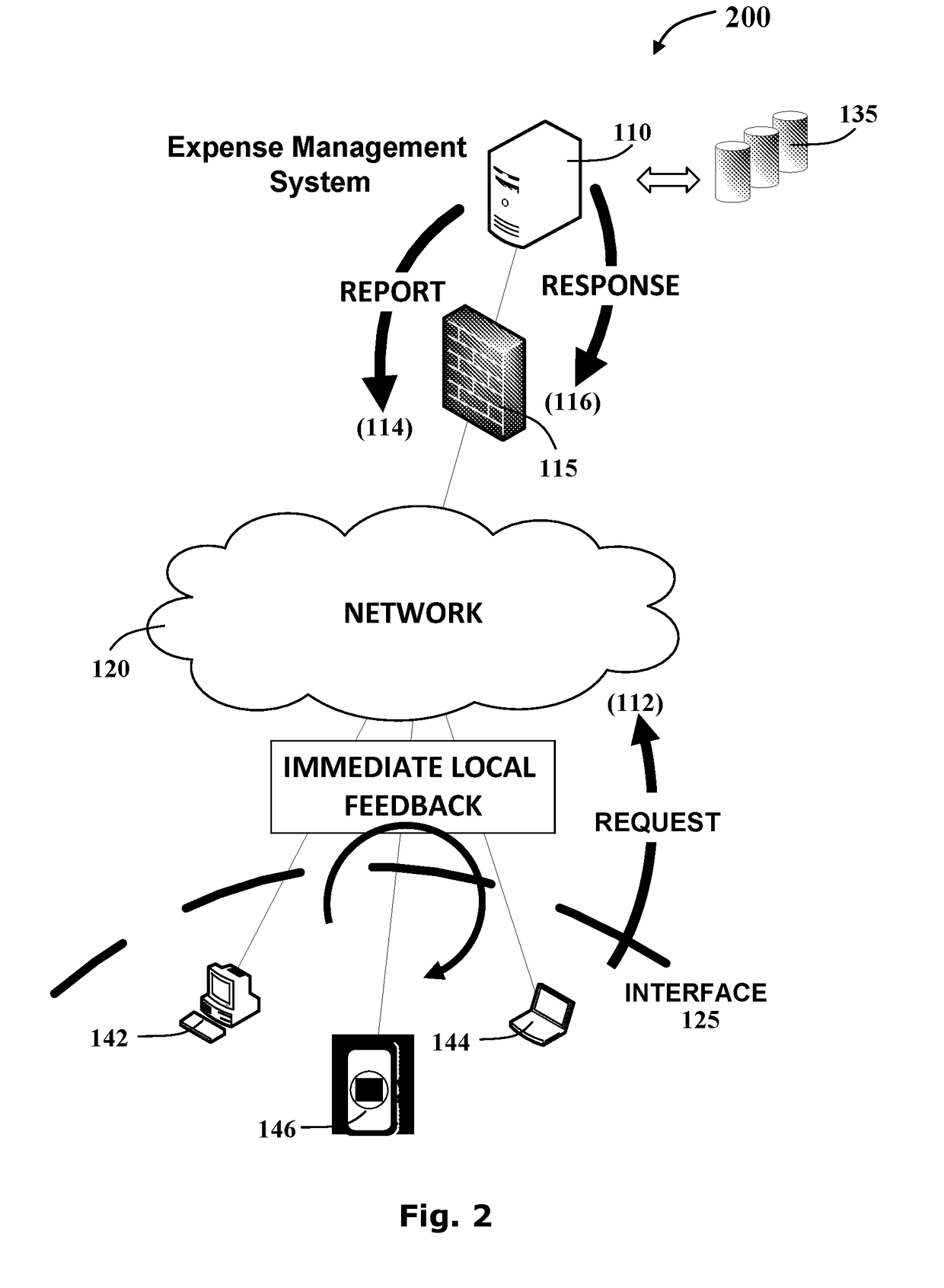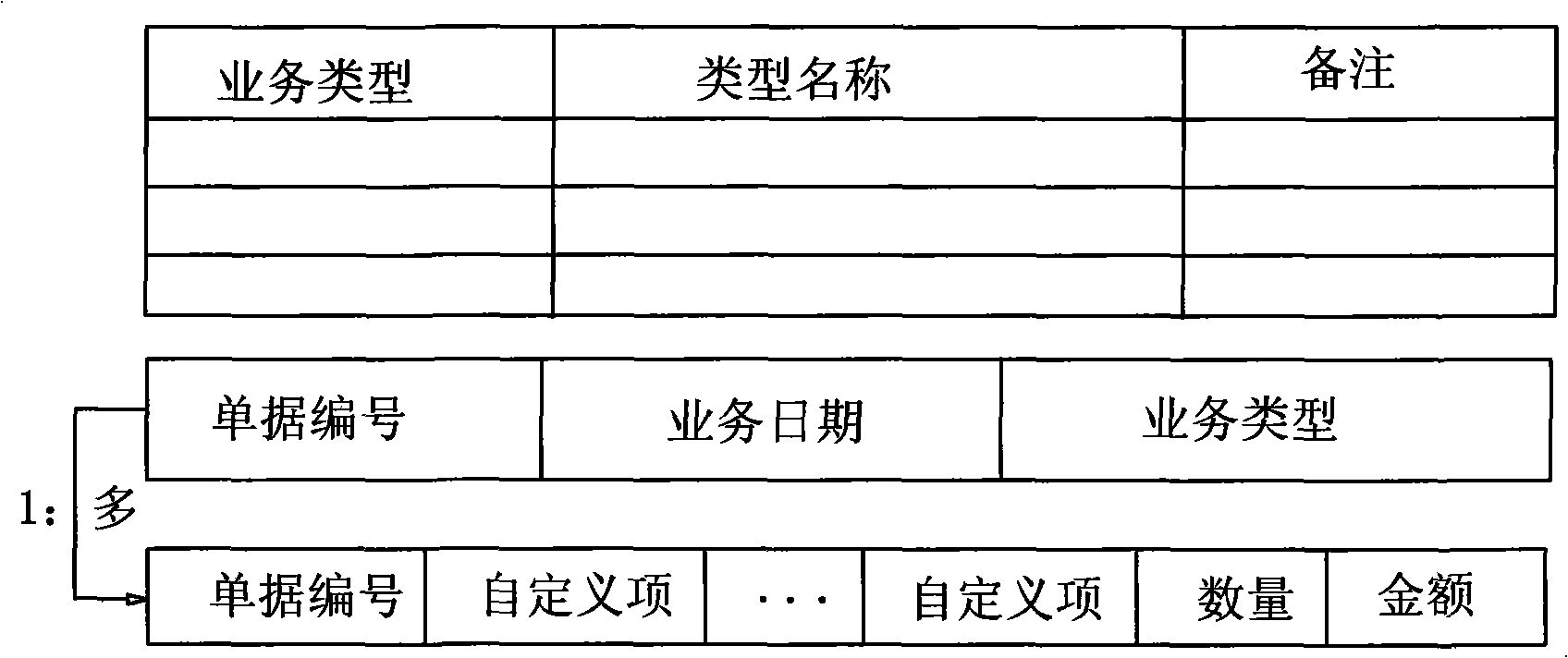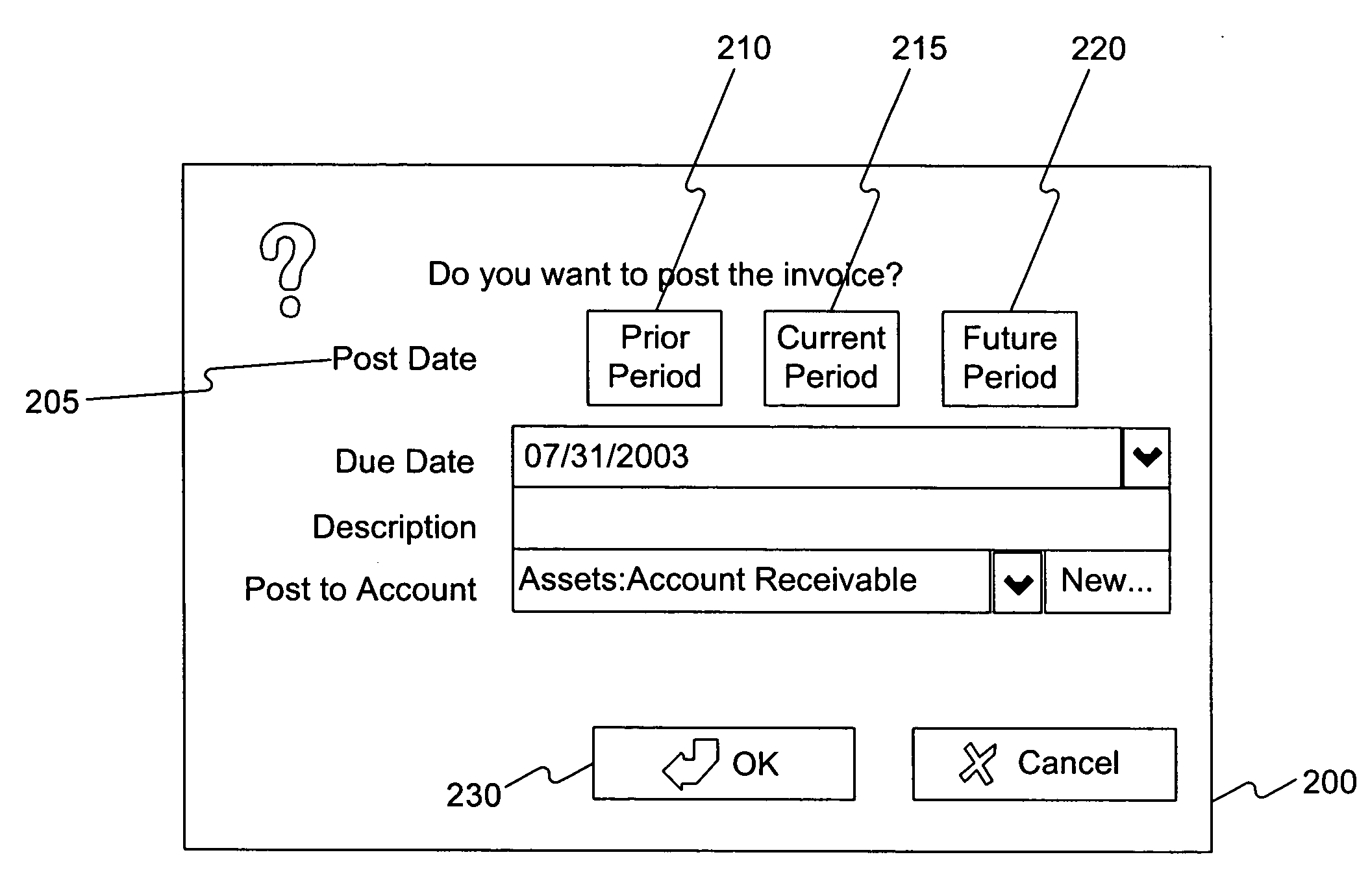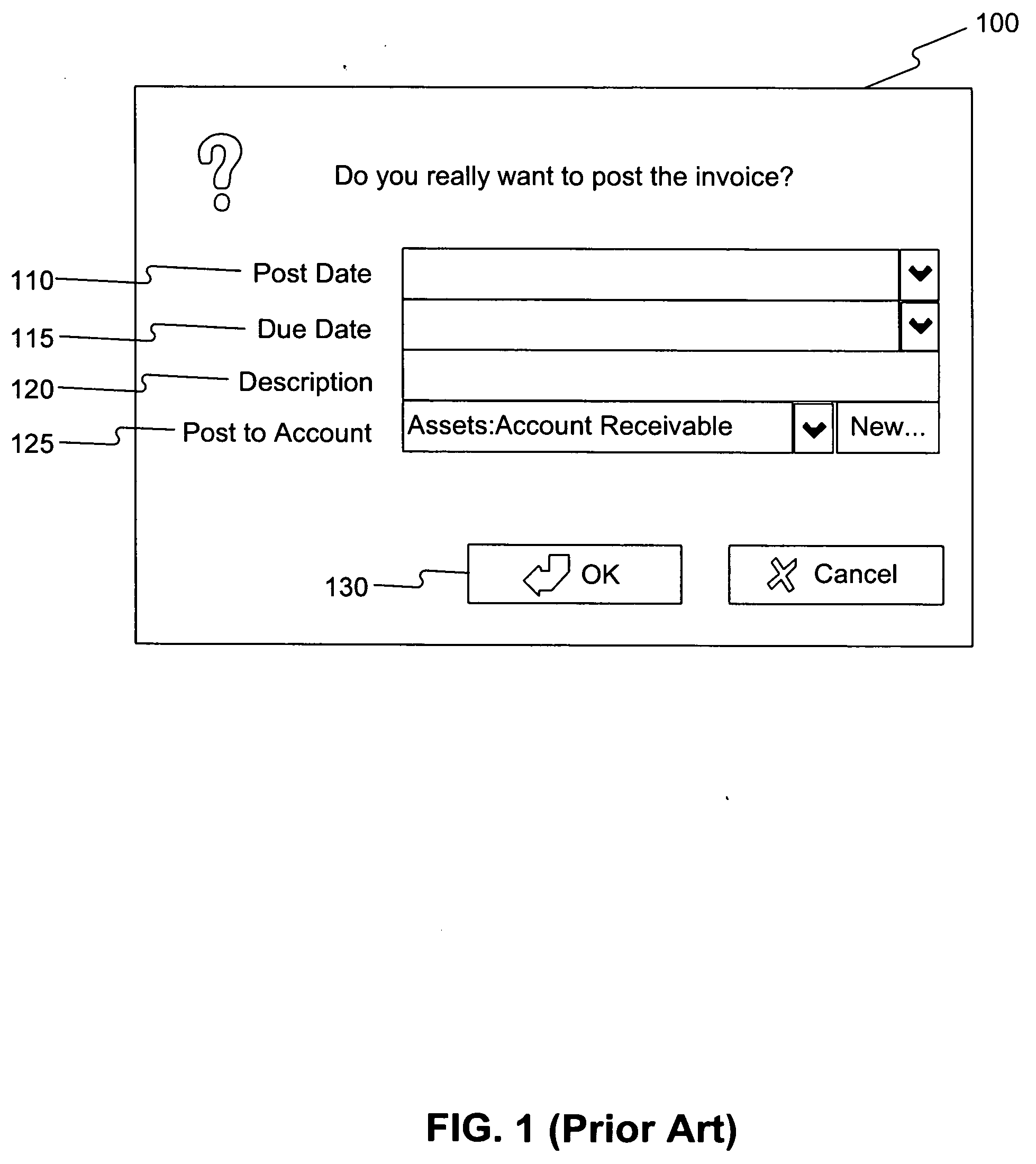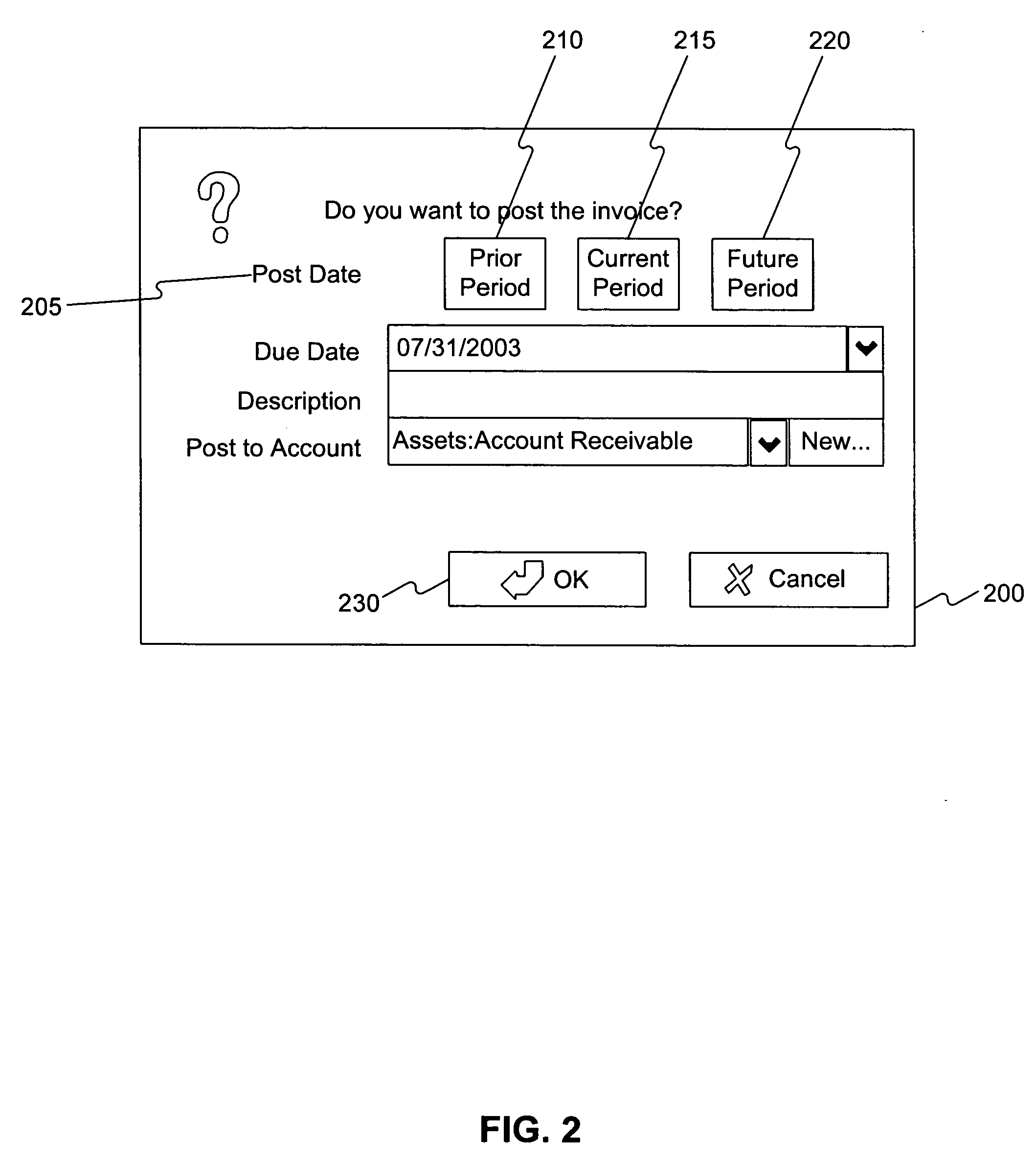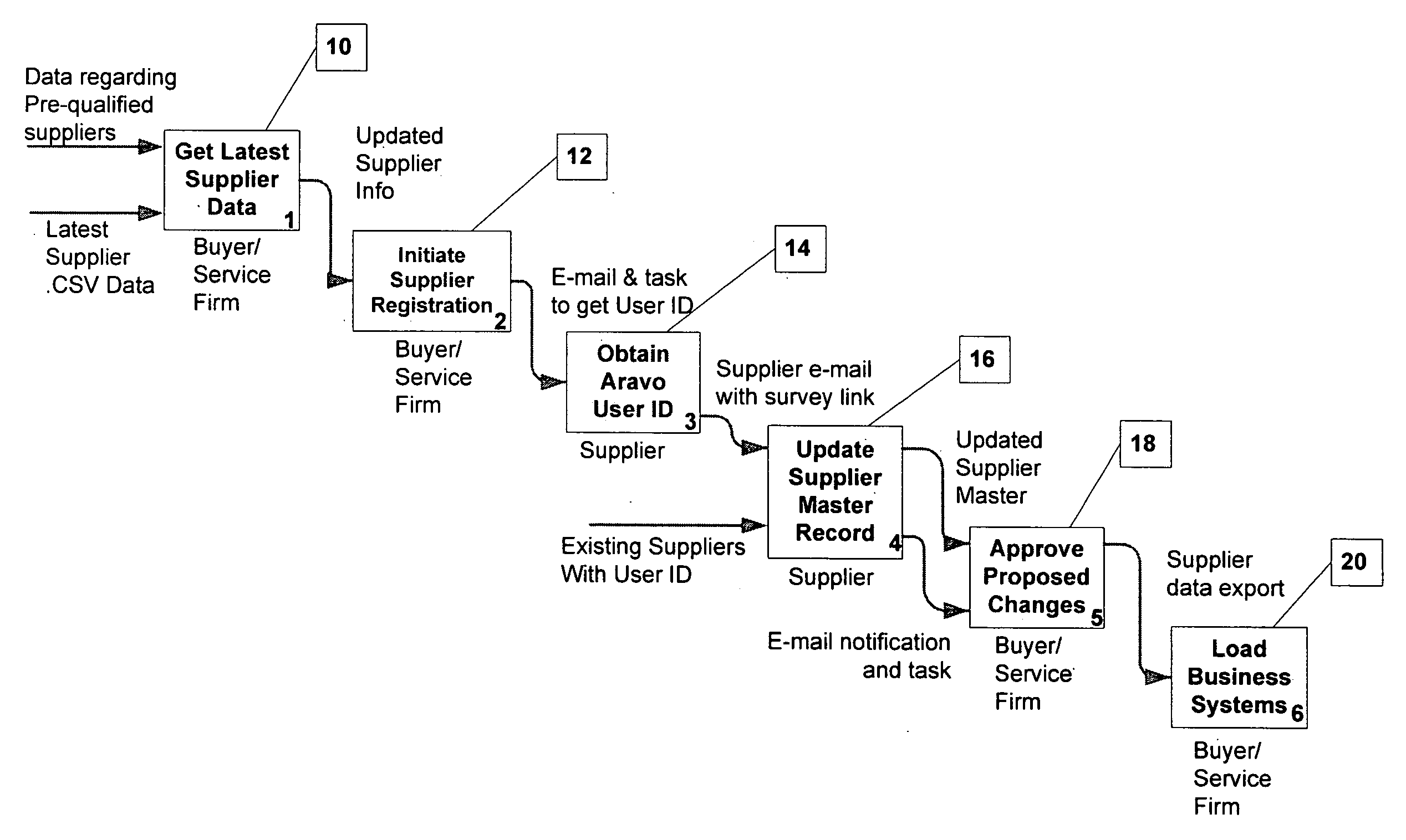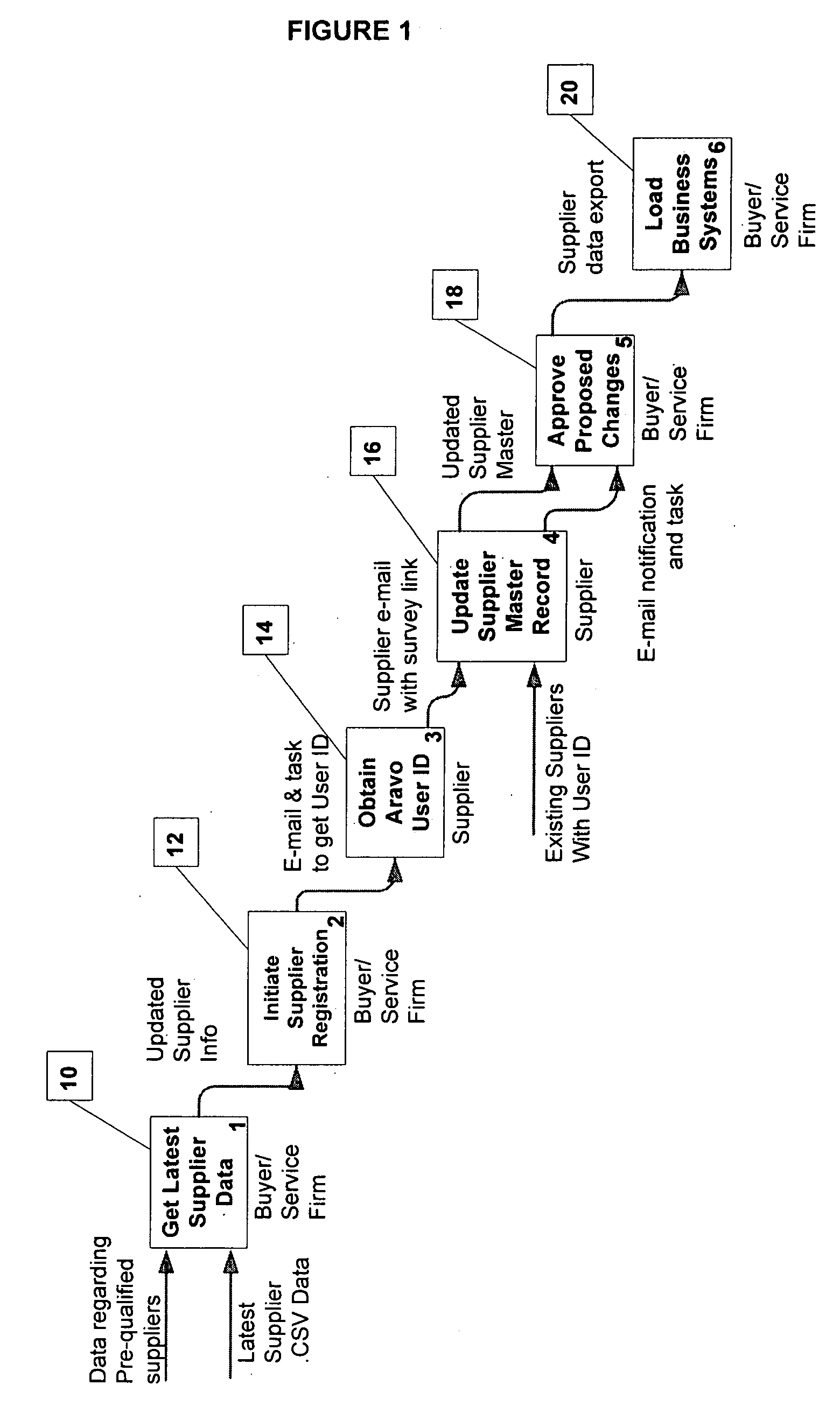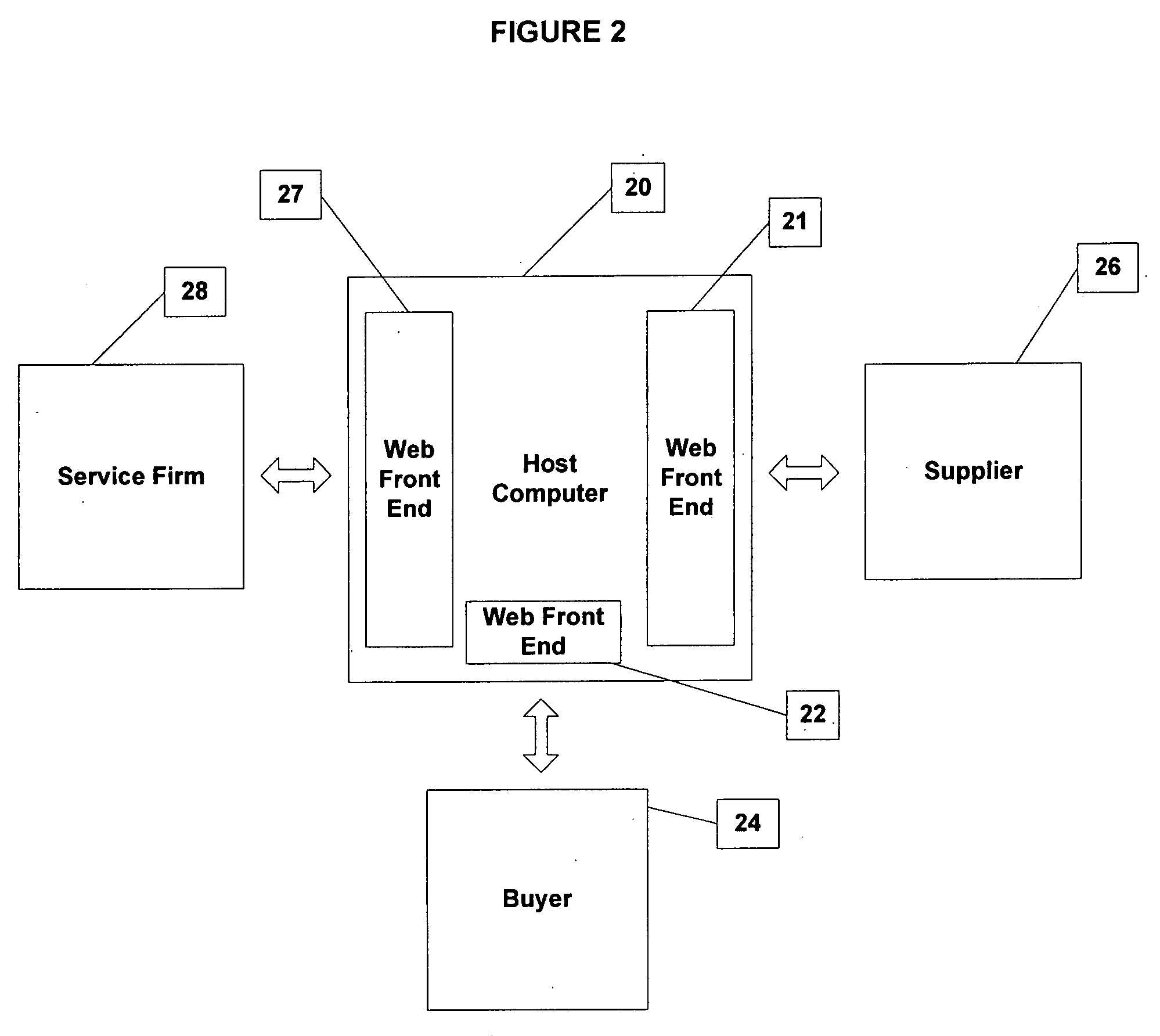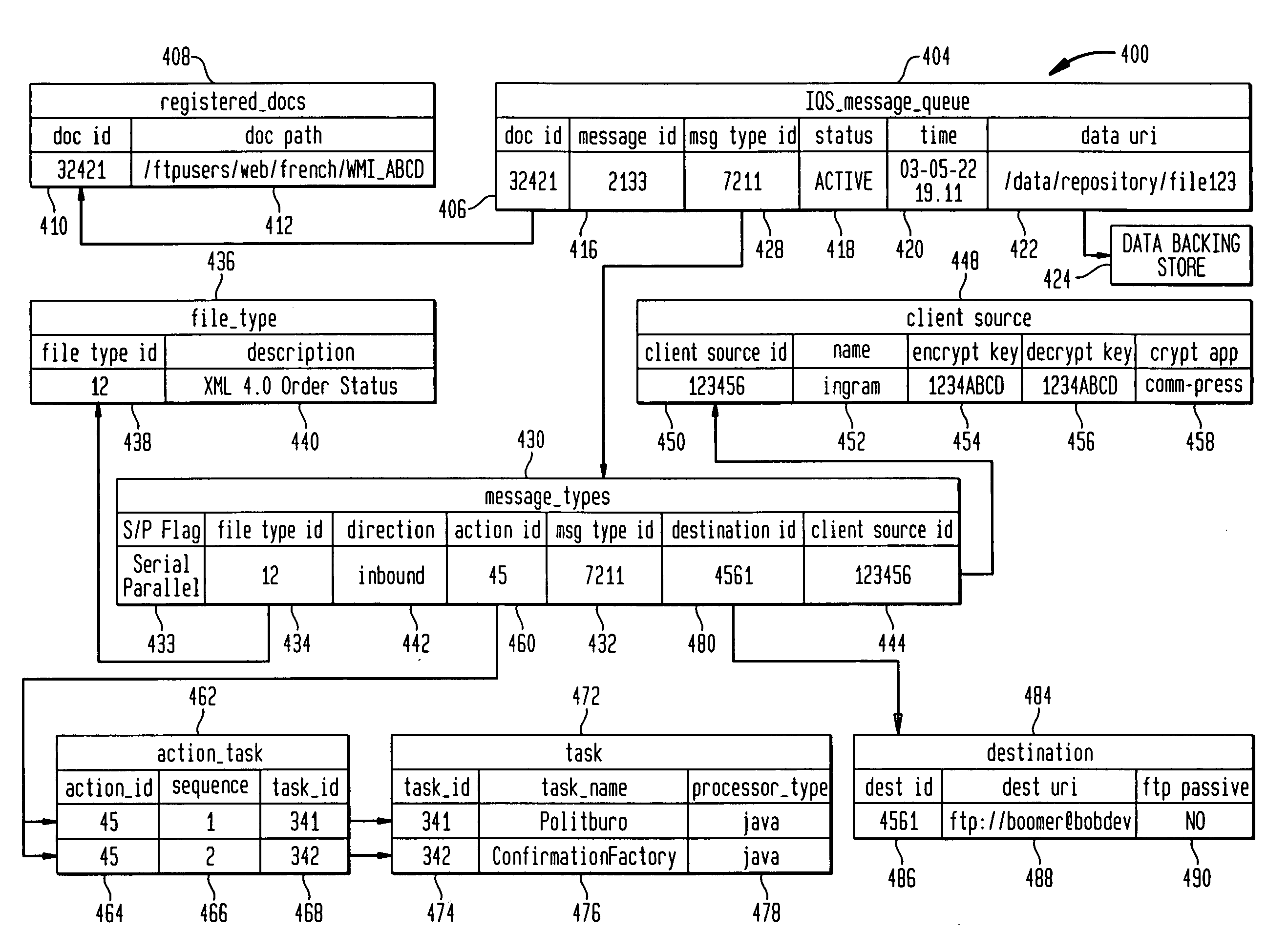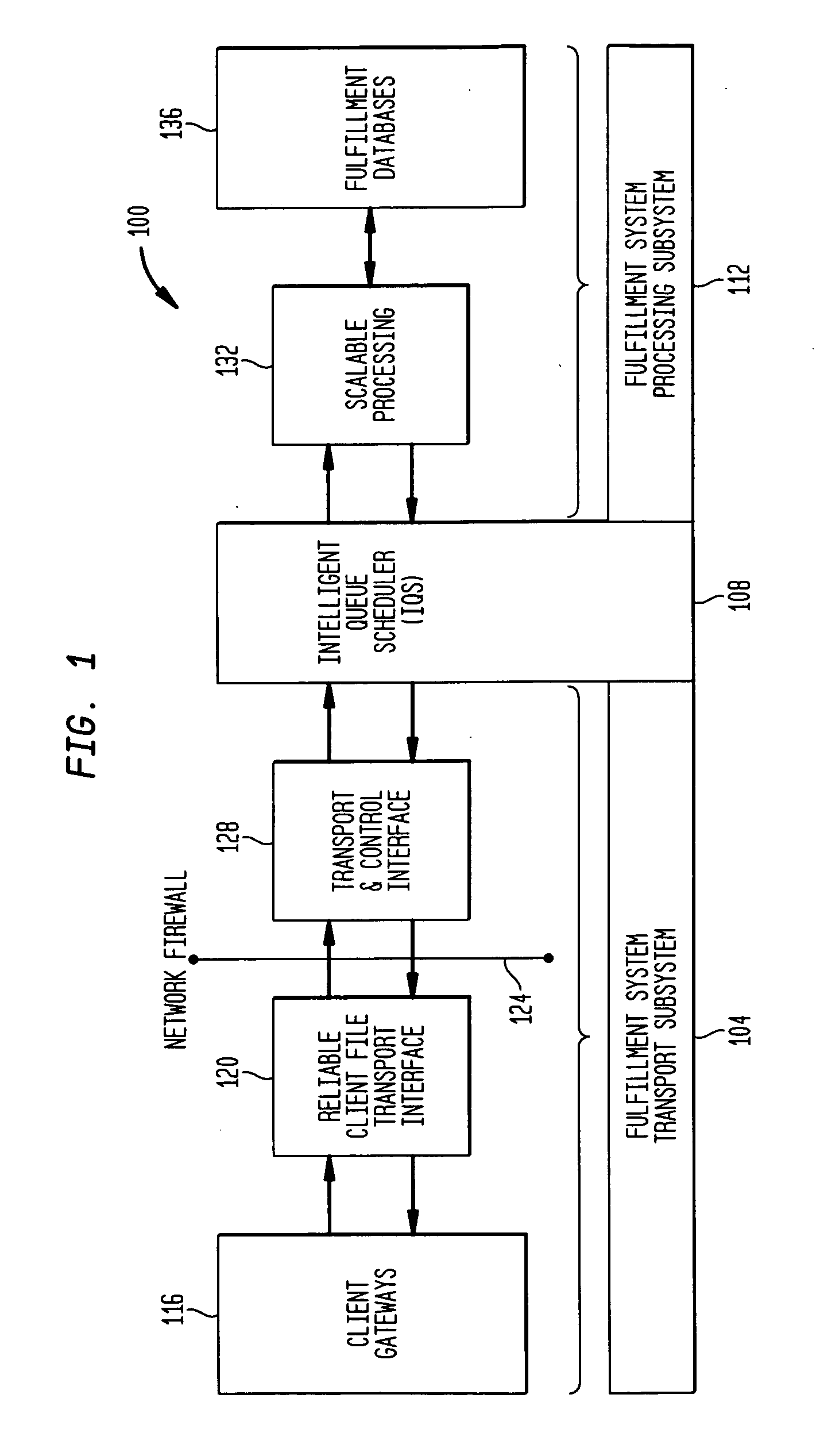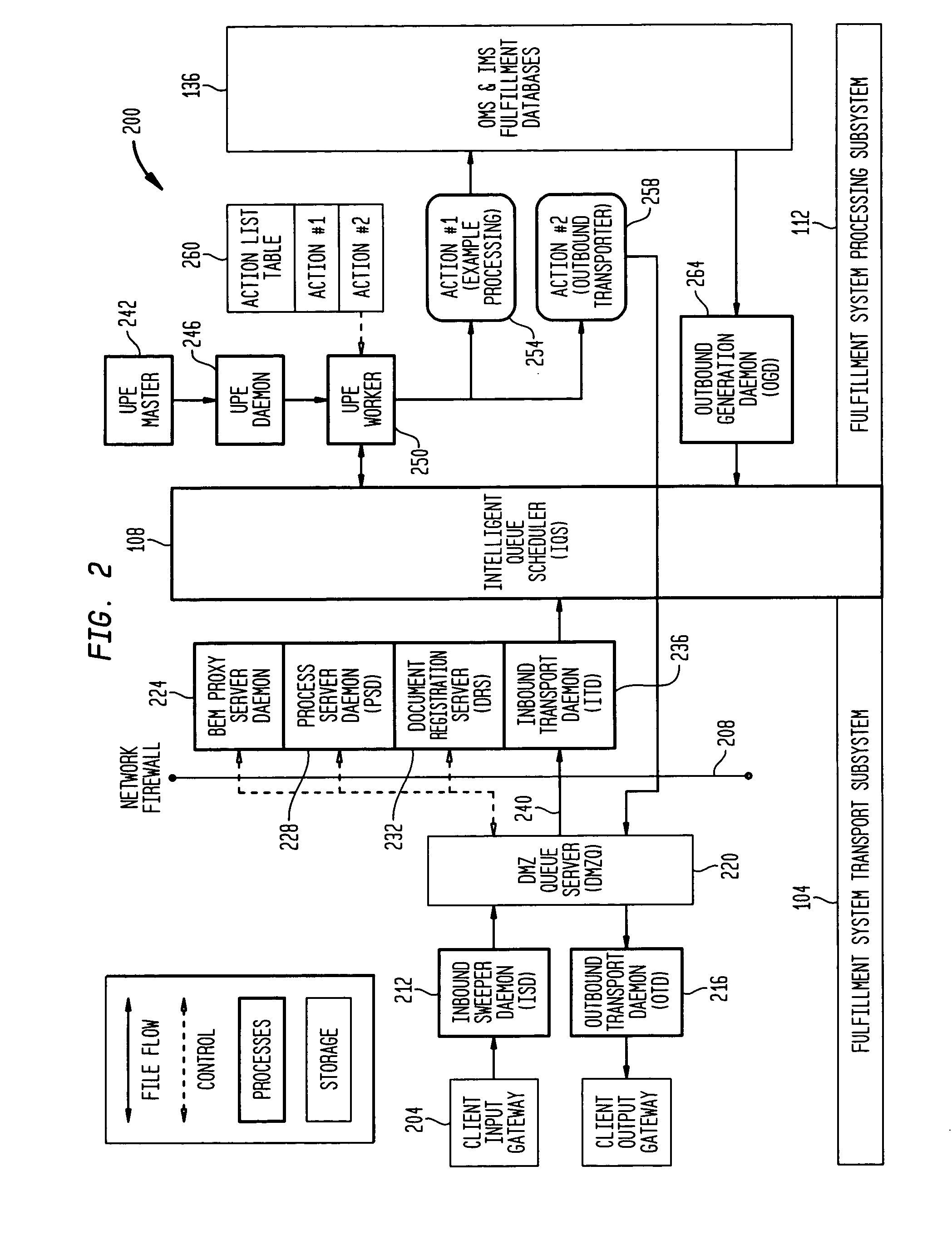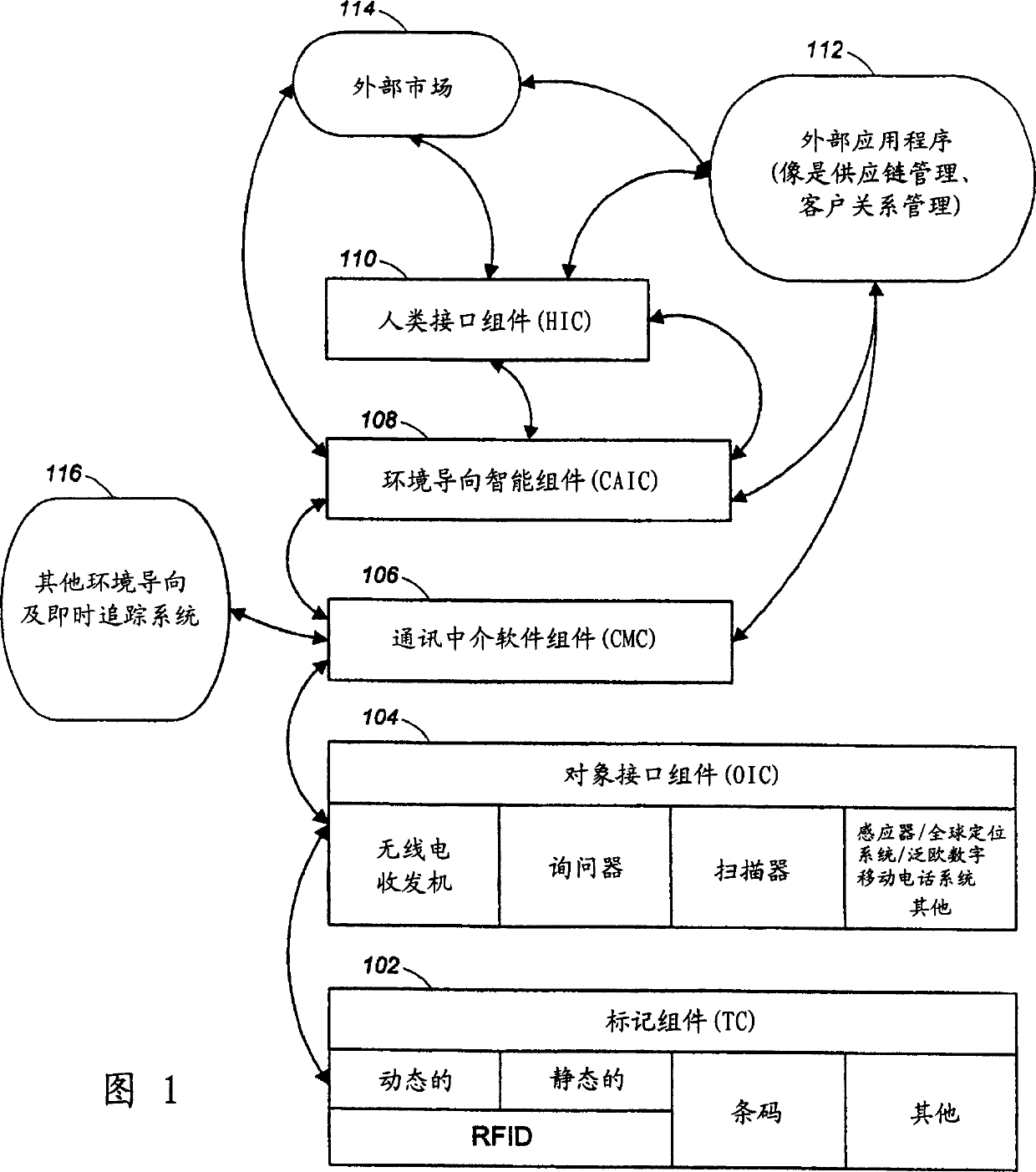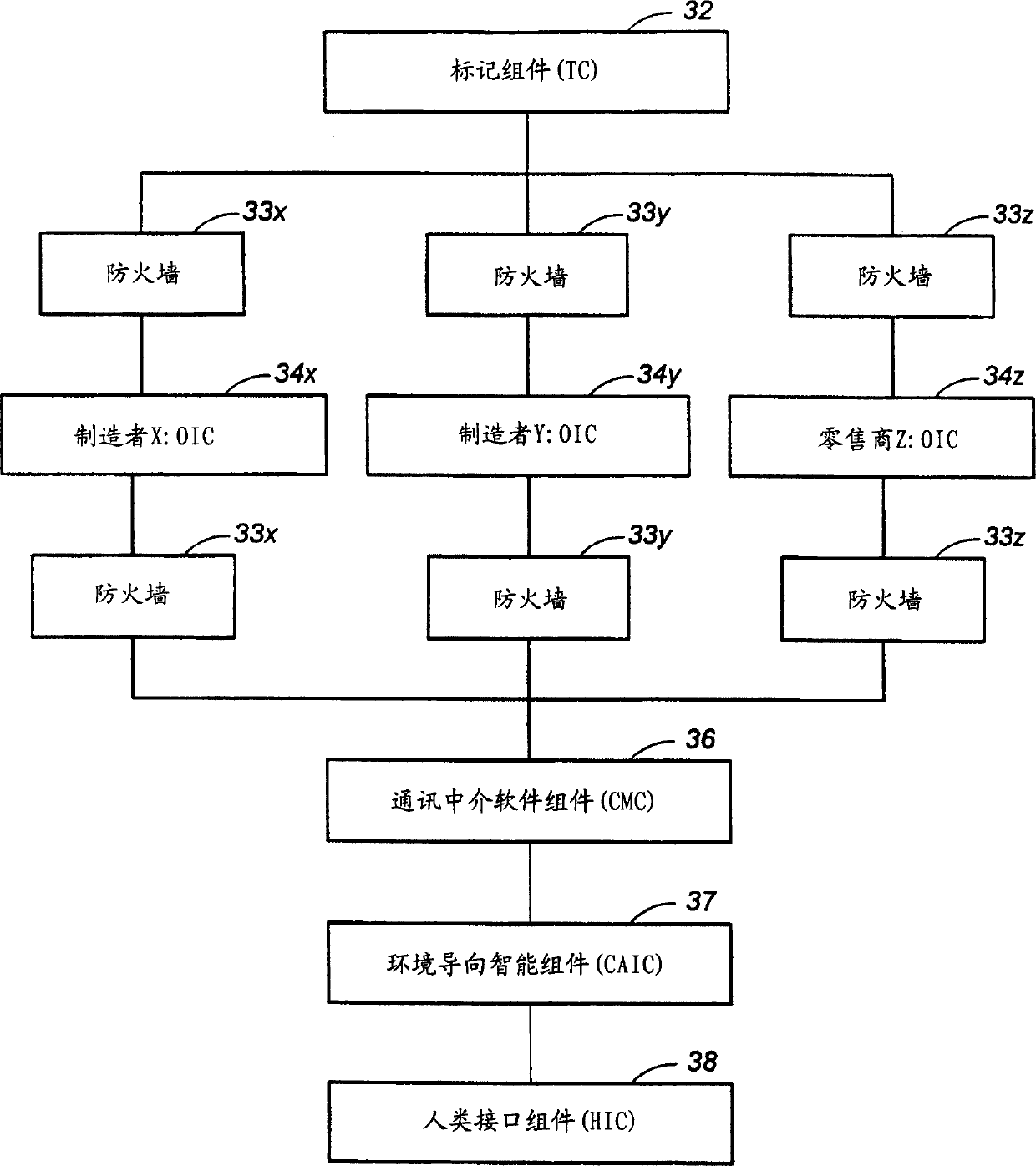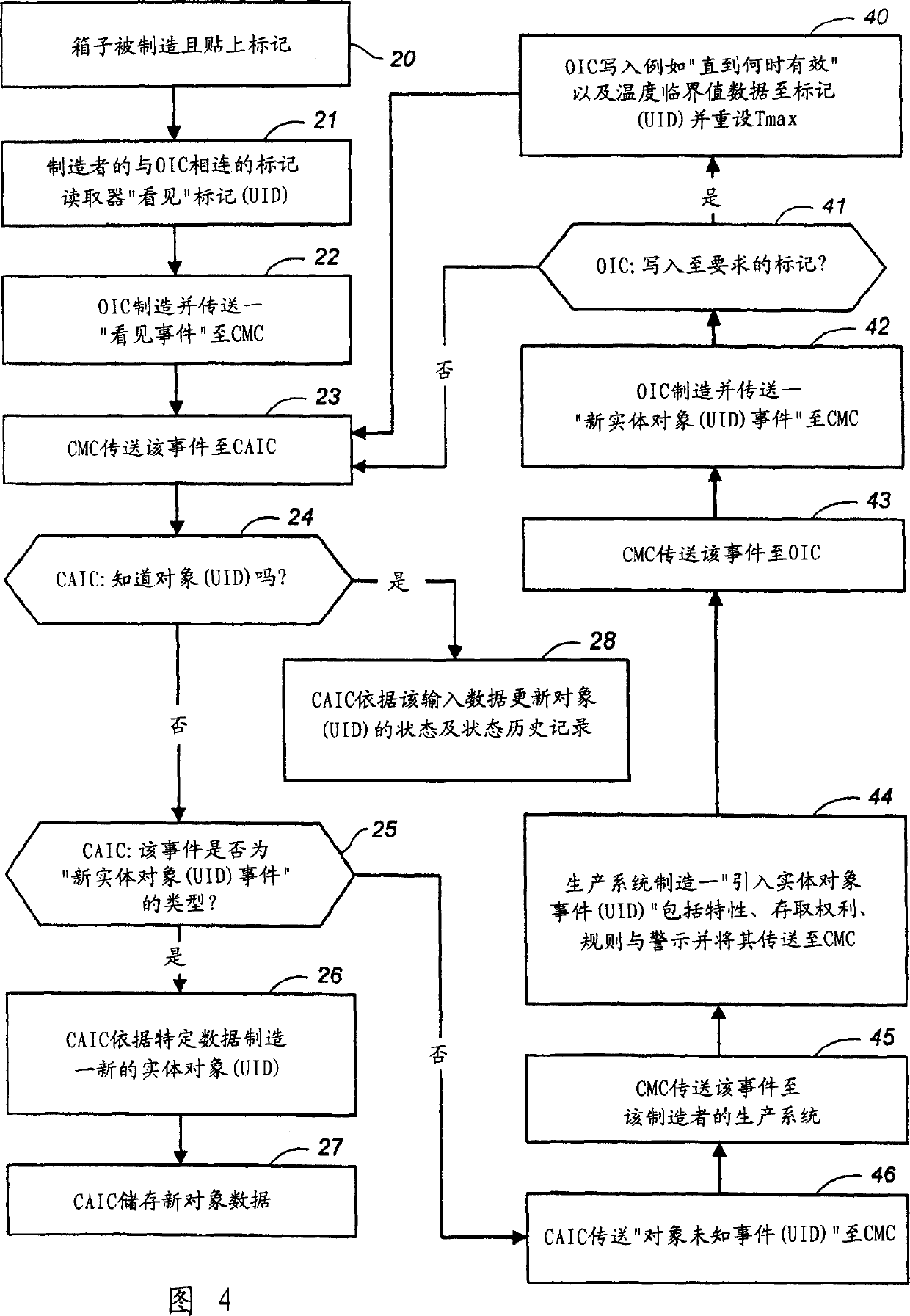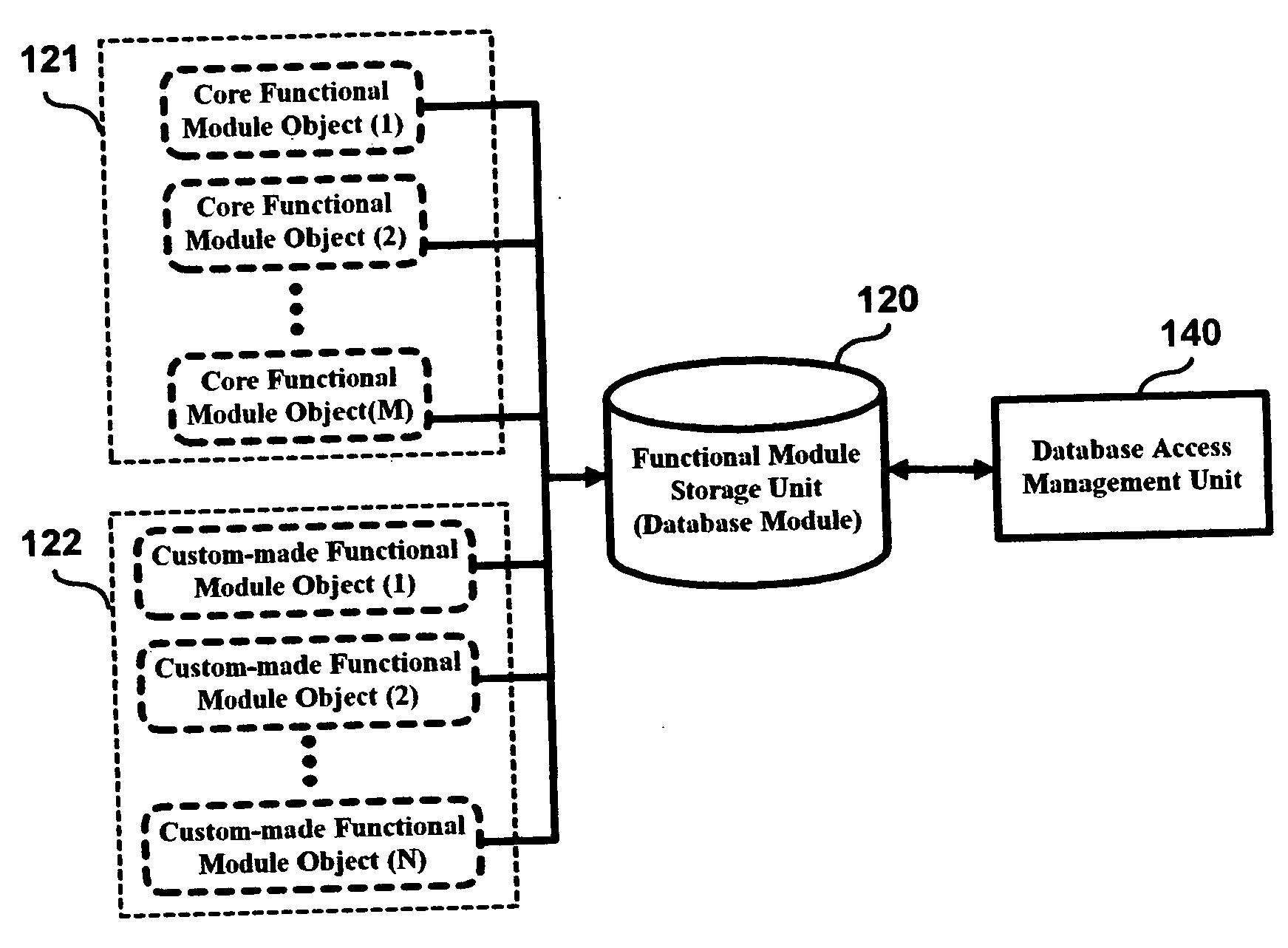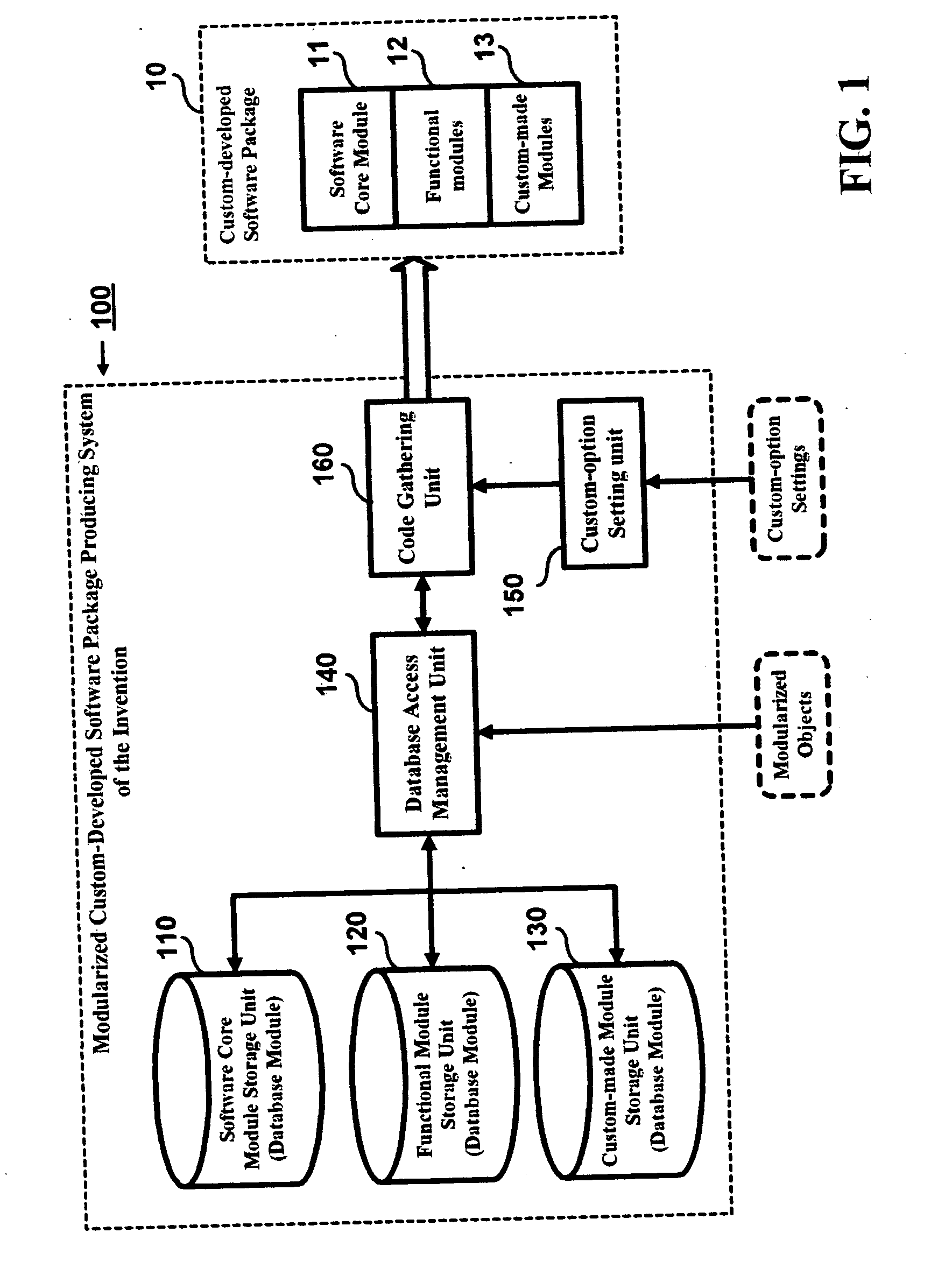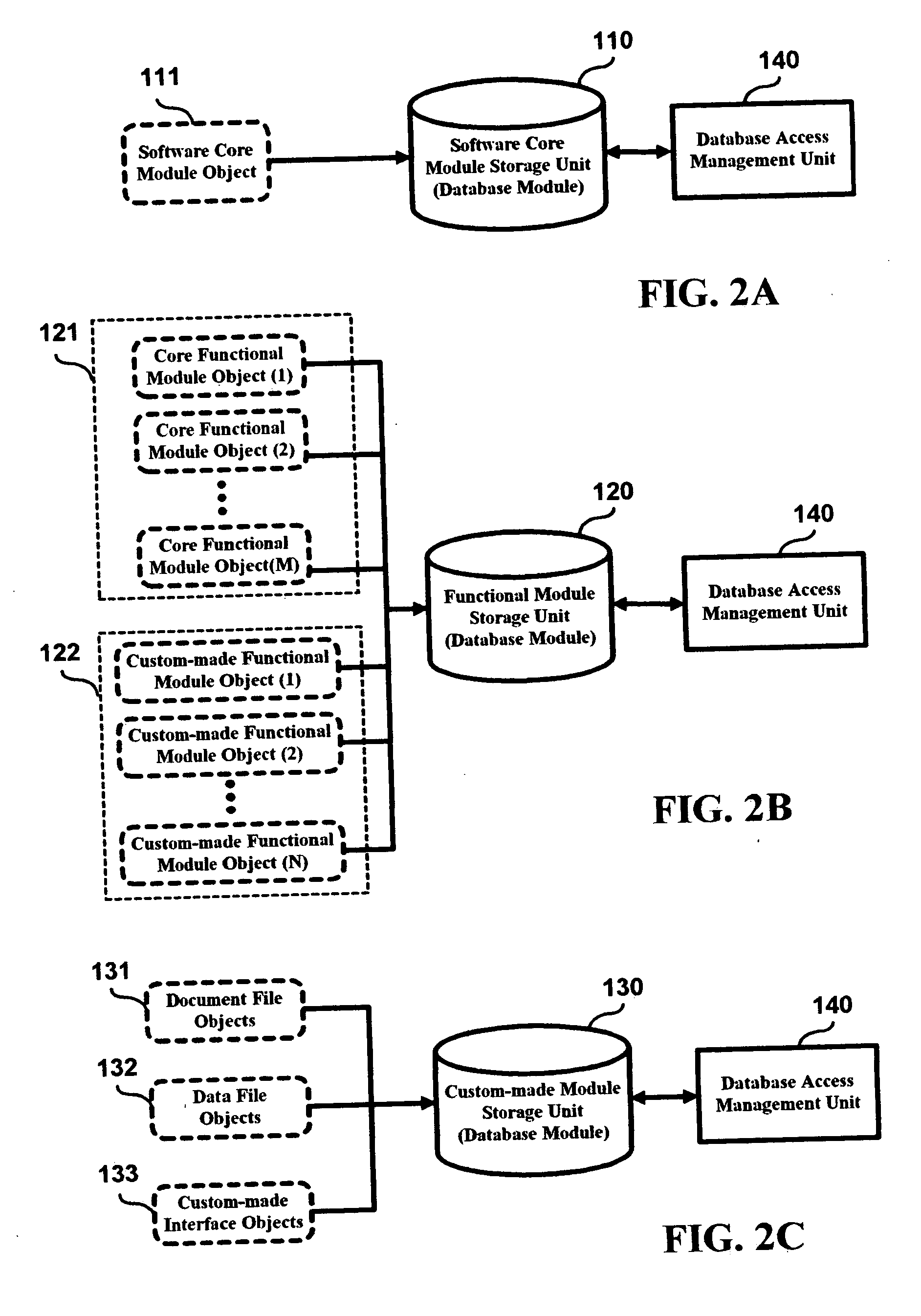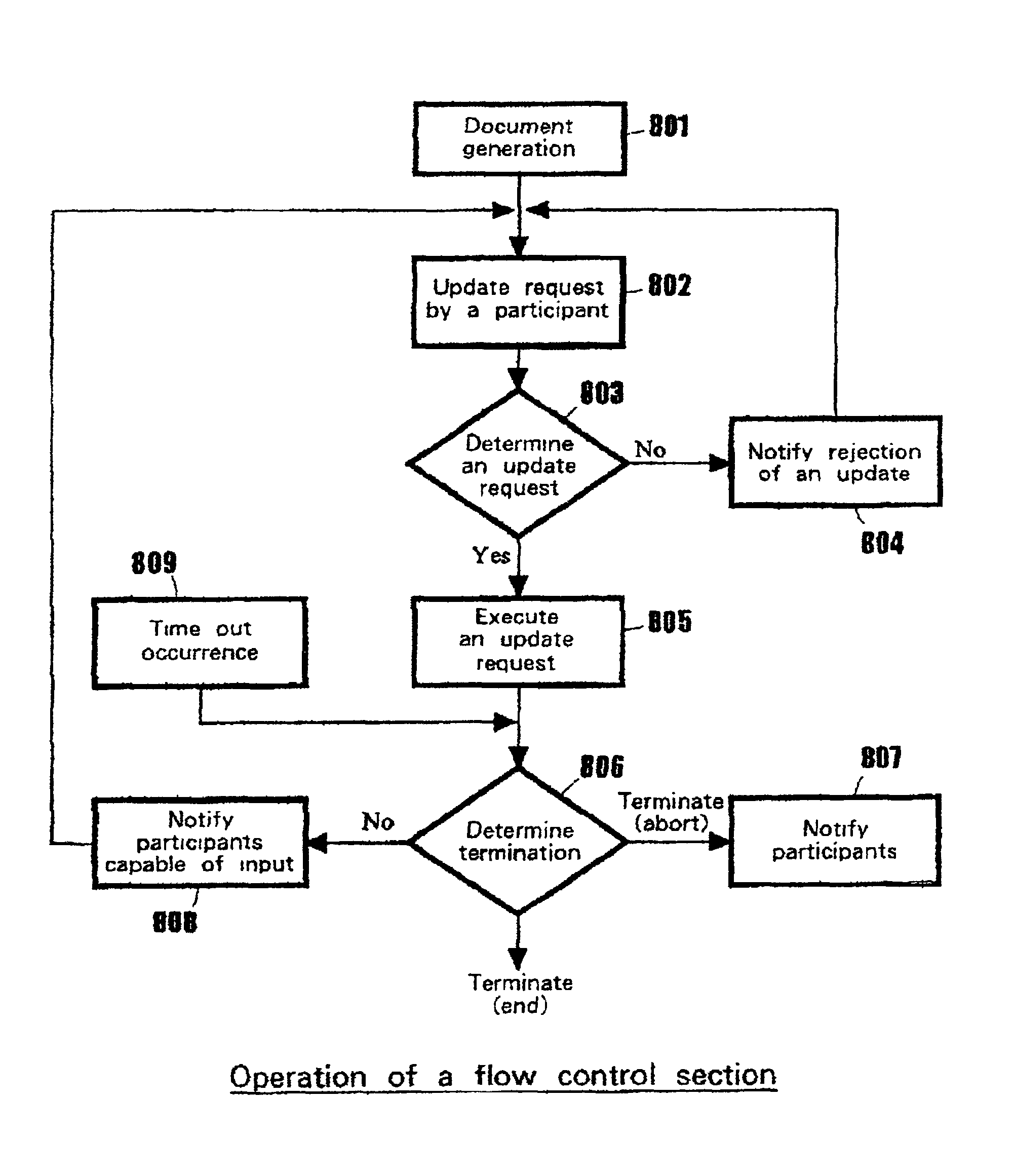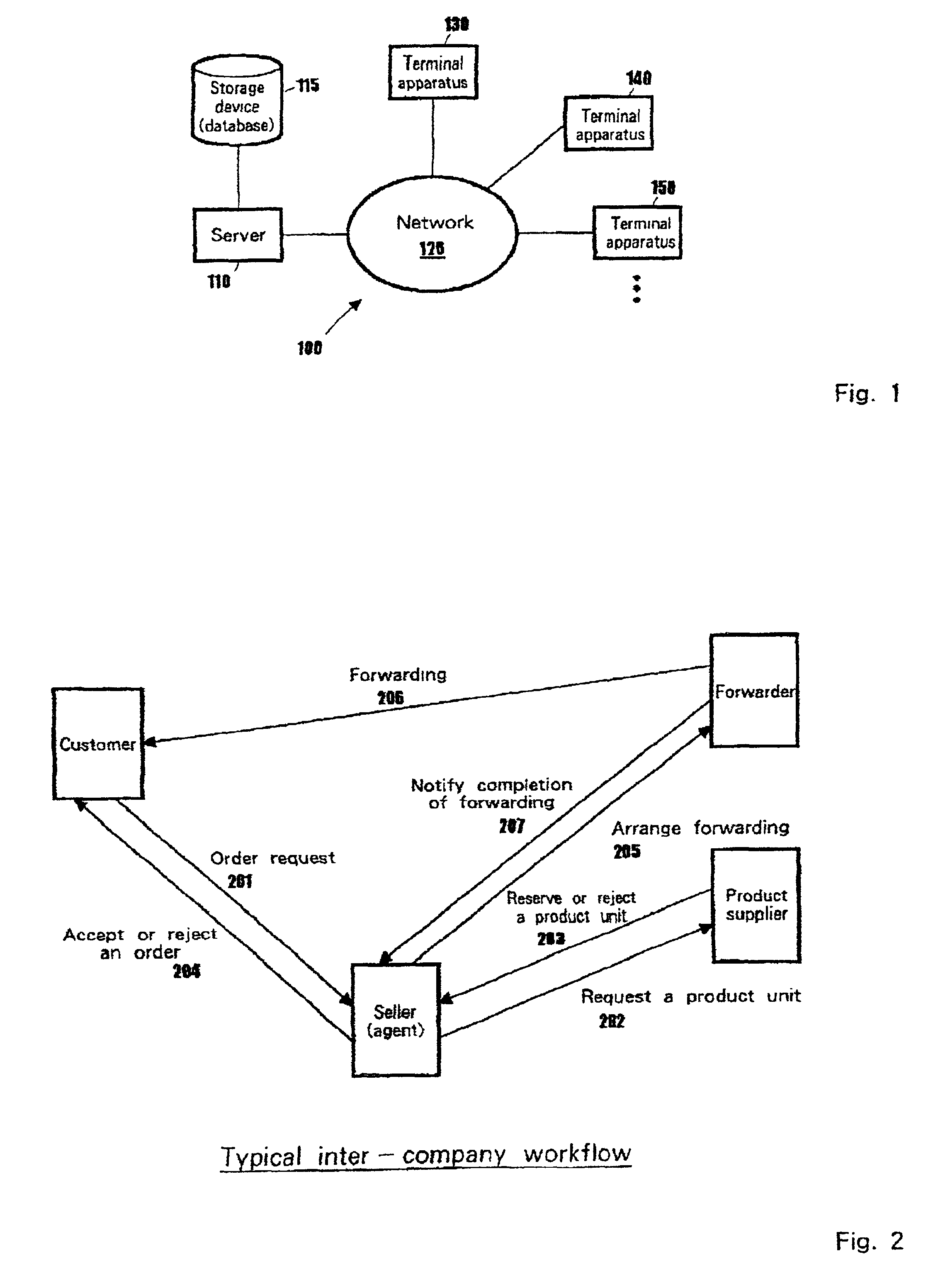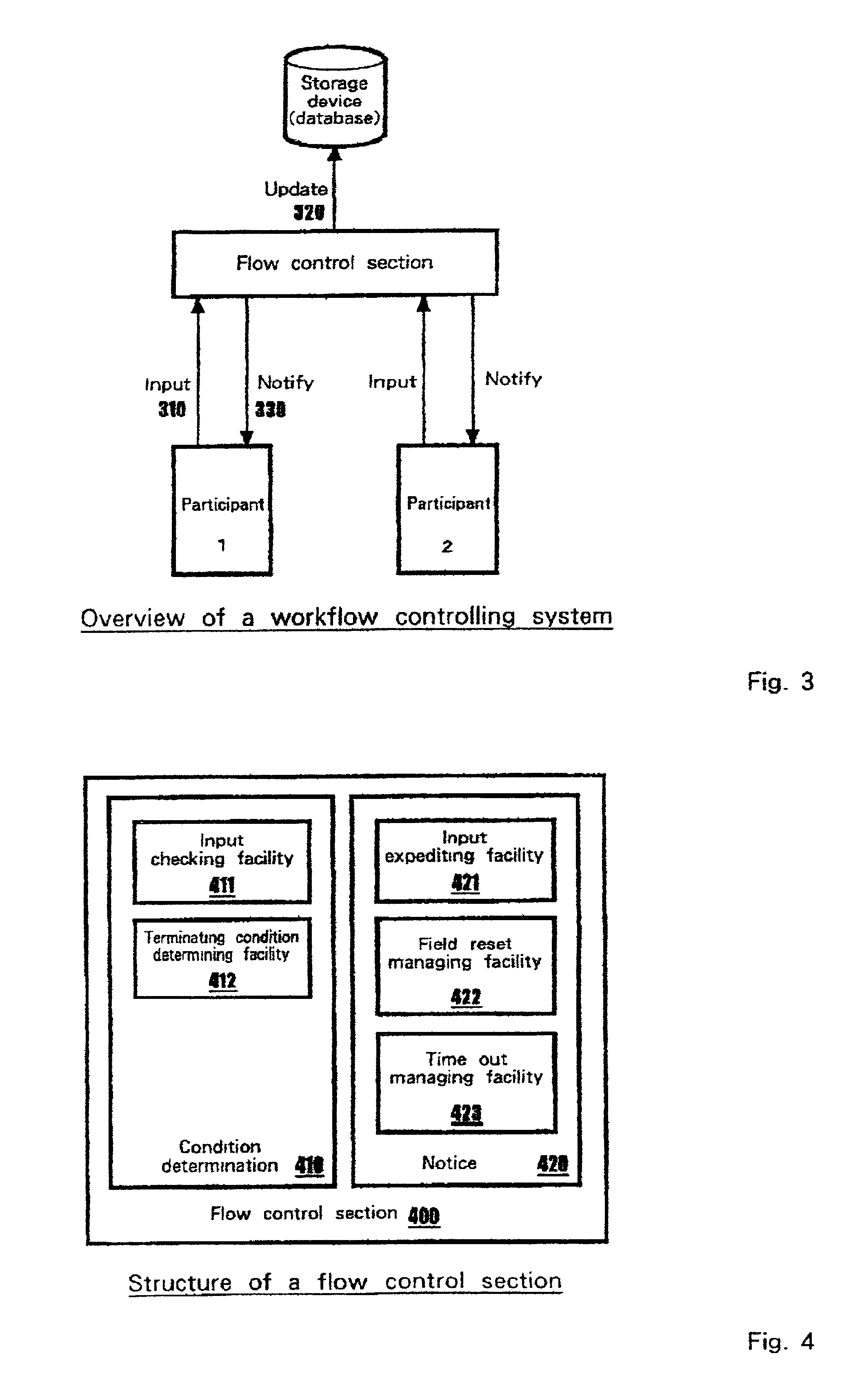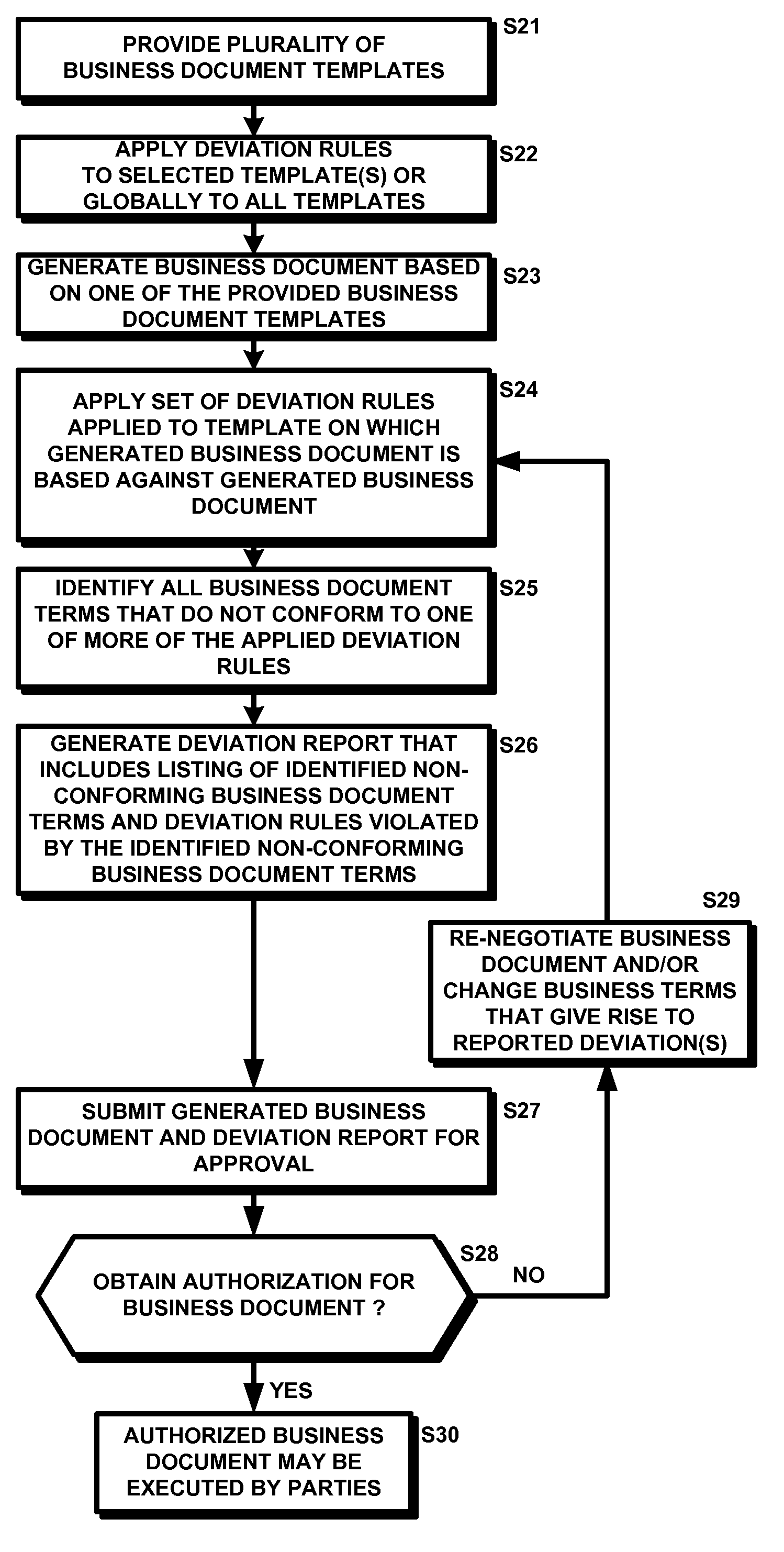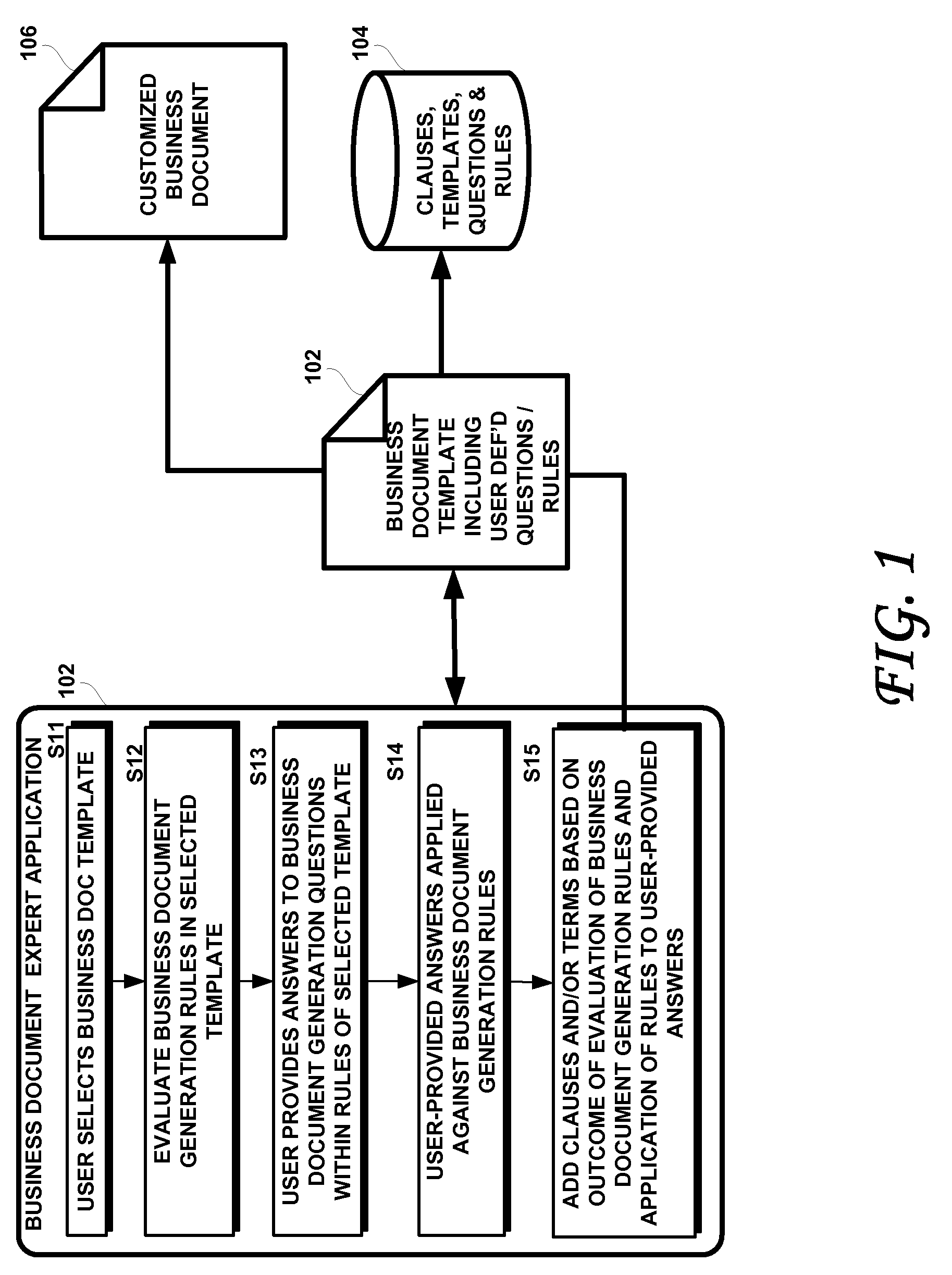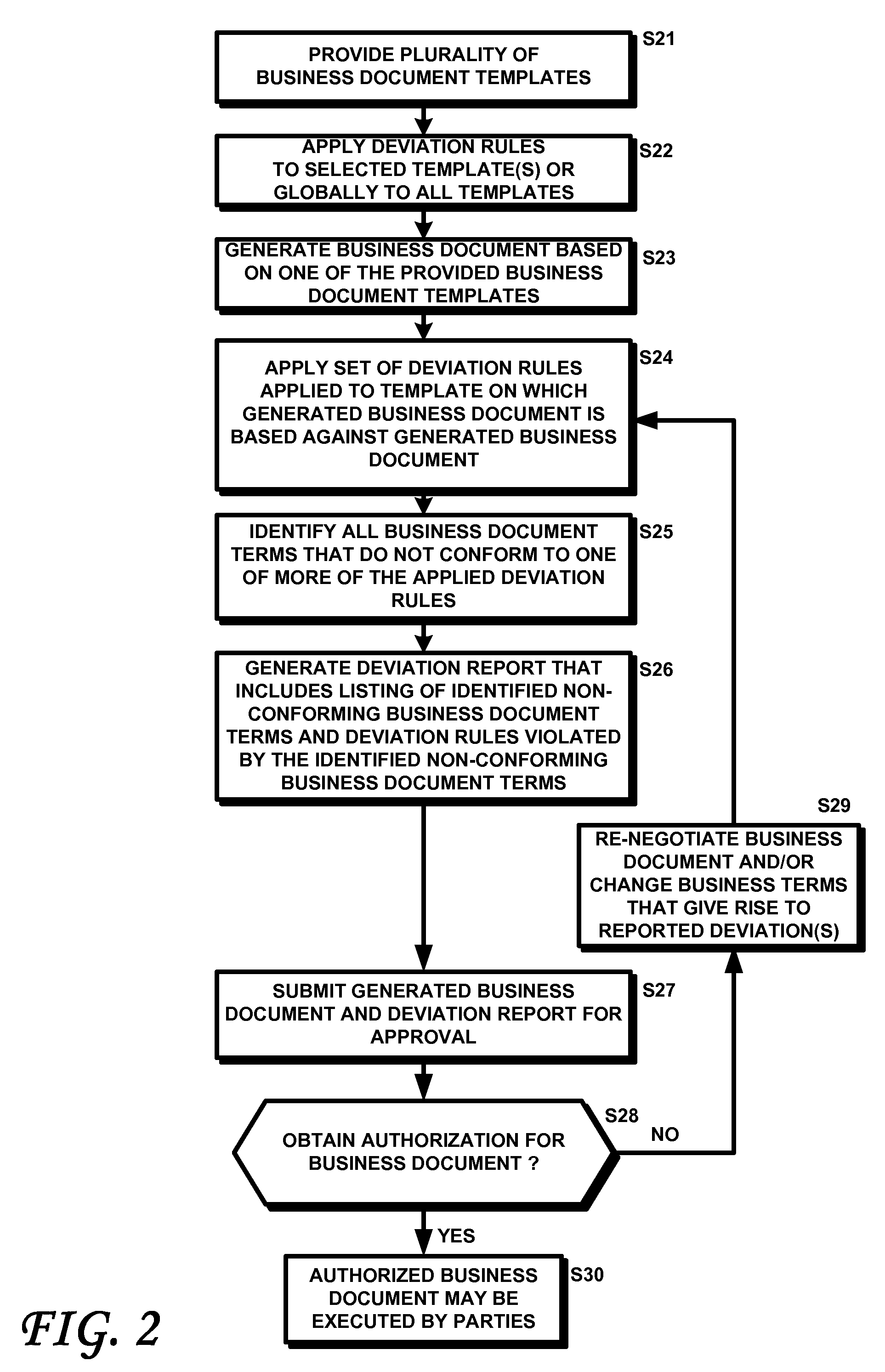Patents
Literature
250 results about "Business documents" patented technology
Efficacy Topic
Property
Owner
Technical Advancement
Application Domain
Technology Topic
Technology Field Word
Patent Country/Region
Patent Type
Patent Status
Application Year
Inventor
Sharable multi-tenant reference data utility and methods of operation of same
A multi-source multi-tenant reference data utility and methods for forming and maintaining the same, delivering high quality reference data in response to requests from clients, implemented using a shared infrastructure, and also providing added value services using the client's reference data. Included are data cleansing and quality assurance of the received data with full tracking of the sourcing of each value, storage of resulting entity values in a repository which allows retrievals and enforces source based entitlements, and delivery of retrieved data in the form of on demand datasets supporting a wide range of client application needs. An advantageous implementation has additional services for reporting on data quality and usage, a selection of value adding data driven computations and business document storage. By using a shared infrastructure and amortizing the costs of data quality assurance across a plurality of clients, while ensuring that clients only receive values from data sources to which they are licensed, better quality data at lower cost is delivered.
Owner:IBM CORP
Context-aware and real-time item tracking system architecture and scenarios
InactiveUS20090146832A1Real-Time VisibilityReduce the amount requiredCo-operative working arrangementsElectric/electromagnetic visible signallingTraffic delayVisibility
Owner:SAP AG
Context-Aware and Real-Time Item Tracking System Architecture and Scenarios
InactiveUS20090008450A1Save memorySave bandwidthSensing detailsCo-operative working arrangementsVisibilityTraffic delay
Methods and apparatus, including computer program products, for real-time and context-aware tracking of items. Tags bound to items are read and information read from the tags and location information about the tags is provided by at least two enterprises and used to maintain disposition information about the items, which is made visible to enterprises in the supply chain. The disposition information can be mapped to a world model that tracks the items and circumstances affecting the items, for example, geo-spatial events and traffic delays. Visibility of the disposition information can be controlled through authorization. Visible information can include relationships between particular items and business documents such as order and shipping documents.
Owner:SAP AG
System and method for identifying and labeling fields of text associated with scanned business documents
InactiveUS20060088214A1Many business processMore processedCharacter and pattern recognitionSensing record carriersGeneration processPaper document
A system for electronically distilling information from a business document uses a network scanner to electronically scan a platen area, having a business document thereon, to create a bitmap. A network server carries out a segmentation process to segment the scan generated bitmap into a bitmap object, the bitmap object corresponding to the scanned business document; a bitmap to text conversion process to convert the bitmap object into a block of text; a semantic recognition process to generate a structured representation of semantic entities corresponding to the scanned business document; and a document generation process to convert the structured representation into a structure text file. The semantic recognition process includes the processes of generating, for each line of text having a keyword therein, a terminal symbol corresponding to the keyword therein; generating, for each line of text not having a keyword therein and absent of numeric characters, an alphabetic terminal symbol; generating, for each line of text not having a keyword therein and having a numeric character therein, an alphanumeric terminal symbol; generating a string of terminal symbols from the generated terminal symbols; determining a probable parsing of the generated string of terminal symbols; labeling each text line, according to a determined function, with non-terminal symbols; and parsing the business document information text into fields of business document information text based upon the non-terminal symbol of each text line and the determined probable parsing of the generated string of terminal symbols.
Owner:XEROX CORP
Computer-implemented methods and systems for identifying and reporting deviations from standards and policies for contracts, agreements and other business documents
Owner:ORACLE INT CORP
Method for customizing service document based on metadata and apparatus
InactiveCN101359290ASolve the technical difficulties that the business logic is strongly coupled and cannot be changed dynamicallyFeatures that meet variabilitySpecific program execution arrangementsService modelDocumentation procedure
The invention provides a metadata-based business document customization method and a device, wherein, the method comprises the following steps: step A, through a page template design tool, developing and mapping the documentation and form static HTML page template interface, extracting the page control elements from the page template interface, storing the page control elements into a database and outputting the page metadata of the documentations; step B, designing a business documentation model and extracting the documentations to generate the business documentation metadata; step C, designing a service model, developing the atomic service and assembling the atomic service to generate the service metadata; and step D, according to different business requirements, customizing the business documentations, and assembling the page metadata, the documentation model metadata and the service metadata into a business documentation correlation realization model. The invention can meet the characteristics of the variability of the business documentations, improve the software development efficiency and reduce the software maintenance costs.
Owner:ZTE CORP
Business document system
A hierarchical organization of business documents, system and graphical user interface related thereto, allowing the efficient organization of business documents such as contracts and other legal documents. In a non-limiting example, three-tier organization is made possible, the first tier relating to major business function, the second to business tasks or processes and the last to individual business documents. The business documents may themselves be made up of hierarchical sections. Reference to particular portions of the hierarchy may take the form of a coordinate or address. A graphical user interface includes means of navigating through the hierarchy towards a particular business document.
Owner:THIBAULT GILLES
Navigational interface for ERP system
InactiveUS20050240881A1Easy to editUser-friendly interfaceResourcesInput/output processes for data processingSoftware systemPaper document
The present invention comprises a software system having a user-friendly navigational interface utilizing an hierarchical display of business documents based upon a dominant-subordinate relationship between the documents. In one embodiment, the documents are related through the use of keys, which define a relationship between the dominant and the subordinate documents. In conjunction with the selection of a specific document, the invention displays information related to that document. The information to be displayed can be custom defined by the user. In one embodiment, each user can define a unique set of data to be displayed. The invention further provides a means by which the underlying data can be easily edited from the hierarchical display. The present invention also allows the creation of expressions that will alert the user to predetermined conditions. The alert is displayed in conjunction with the hierarchical display of a document, but the expression may be defined by data not normally contained within the document. In one embodiment, each user can define a unique set of alerts for various documents based on conditions of particular interest to the user. The present invention further comprises a visual rendering of predefined expressions describing the progress of work related to a document. This rendering may be based on data not normally contained within the given document. In one embodiment, each user can define a unique set of progress expressions for various documents based on conditions of particular interest to the user.
Owner:CONSONA ERP
End-to-end transaction processing and statusing system and method
InactiveUS6981222B2Digital computer detailsCathode-ray tube indicatorsEnterprise resource planningApplication software
A system and method for end-to-end transaction processing and statusing is disclosed. In one embodiment, an application server computer is used to house a variety of applications. An application accessed by a user converts a user request into an eXtensible Markup Language (XML) document. The application server computer uses a high level protocol to pass the XML document to a back office server which has access to a business' enterprise resource planning (ERP) database. The back office server performs the functions requested in the XML document, which may include complex database manipulations. Once the requested function has been performed, the back office server generates a response XML document which is passed to the application server computer using a high level protocol. The information within the response XML document is then presented to the user. According to one aspect of the invention, a navigational interface is provided which incorporates a hierarchical display of business documents based upon a dominant-subordinate relationship between the documents, the relationship between the documents being established according to a progression based on how documents are encountered in a typical business environment. The selection of a specific document constitutes the user request and the response comprises user specific information from the business entity ERP database.
Owner:E2E PROCESSING INC +1
Method and device for full-text retrieval document database
InactiveCN102262640AImprove query efficiencyHigh precisionSpecial data processing applicationsFull text searchRelational database
The invention discloses a method and device for full-text retrieval of a document database, comprising: querying attachments in documents and performing document conversion on the attachments obtained from the query according to a preset policy; library; establish a full-text index catalog for the generated document data sub-library, and store it in a preset relational database; receive the search keywords input by the user, match the full-text index catalog in the relational database, and obtain the matching full-text index catalog corresponding A document in a document database. By applying the invention, the query efficiency of the full-text search can be improved.
Owner:ZUNYI BRANCH OF CHINA MOBILE GRP GUIZHOU COMPANY
Server, accounting document generating system and accounting document generating method
InactiveCN103049563AReduce workloadReduce expense reimbursement timeOffice automationTransmissionCommunication unitDatabase
The invention provides a server, an accounting document generating system and an accounting document generating method. The server comprises a communication unit, a indentifying unit, a searching unit and a generating unit. The communication unit is used for acquiring business document data from clients. The identifying unit is used for identifying business type of the business document data. The searching unit is used for searching accounting subjects corresponding to the business type. The generating unit is used for generating accounting documents for the business document data according to the accounting subjects and calculation rules. Business reimbursement is combined with accounting treatment, accounting documents can be automatically generated online according to business reimbursement data, treatment efficiency is improved, and hardware resource cost is lowered.
Owner:ZICT TECH CO LTD
Computer-implemented method, tool, and program product for storing a business document in an enterprise software application environment
InactiveUS20070100857A1Digital data processing detailsOffice automationSelection criterionPaper document
In general, the present invention provides a computer-implemented method, system, tool, and program product for storing a document in an enterprise software environment, such as SAP. Specifically, under the present invention, a hierarchical structure is provided for linking a business document. The hierarchical structure includes a plurality of levels that each represent a business entity level such as enterprise, company, customer, contract and revision. Additionally, standardized attributes may be chosen for association with the business document. The invention also provides a search engine for searching for a document that has previously been linked to the hierarchical structure. These searches may be performed using such factors as the level in the hierarchy and / or the specified attributes.
Owner:IBM CORP
System and method for mining and tracking business documents
InactiveUS20100042623A1Enhances business taskNot alleviating taskDigital data processing detailsData miningBusiness knowledgeData mining
Systems and methods are described that mine and track archived business documents for discovering business knowledge and intelligence using data mining, machine learning, statistics, and computational linguistics, from different linguistic sources according to their meaning.
Owner:AMERICAN TELEPHONE & TELEGRAPH CO
Process official and business documents in several languages for different national institutions
InactiveUS20060136824A1Speed up the processReduce complexityNatural language translationSpecial data processing applicationsPaper documentDocument preparation
An improved method and document management configuration to allow a person to conveniently control a sentence structure by easily shuffling different phrases in a sentence such that better, faster, and more accurate document translations can be accomplished among a team of patent attorneys / agents in working together to draft a patent applications into at least two different languages. A novel document processing and translating program is provided to first process the document to select few sentences each with a representative sentence structure. A manual input is allowed for each of these sentences a “standard” translation with a correspondent “standard” sentence structure in a second language. These correspondent standard sentence structures in the second language will then be applied as a reference for translation to improve the quality of the translation.
Owner:LIN BO IN
Business data processing method, identity management method and business audit method
ActiveCN107968709AEnsure safetyData processing applicationsUser identity/authority verificationIdentity managementDocumentation
Owner:TENPAY PAID TECH
Comparing Business Documents to Recommend Organizations
InactiveUS20170103441A1Speed up the processWeb data indexingBuying/selling/leasing transactionsSystems analysisDocumentation procedure
A computer method and system match buyer requirements to Evidence Documents of vendors. The system comprises a database of Evidence Documents and organizations. A user may enter their requirements using natural language, which the system analyzes to determine which Evidence Documents are most relevant.
Owner:0934781 BC LTD
Extensible Document Transformation Language: An Innovative Way of Generating Business Document and Report
ActiveUS20080306981A1Digital computer detailsNatural language data processingDocument transformationDocument preparation
In various embodiments, a method for generating documents in native application formats includes receiving a document template as a first document according to a native format. The first document is parsed to generate an Extensible Document Transformation Language (XDTL) template representing the document template. An XDTL execution document is generated based on the XDTL template. A second document is then generated according to the native format based on the XDTL execution document.
Owner:ORACLE INT CORP
Methods and apparatus for determining a proxy presence of a user
Methods and apparatus are provided for collecting proxy presence information about an object associated with a user from one or more proxy presence sources associated with the user. A proxy presence agent is associated with each of the proxy presence sources; and the proxy presence agents provide proxy presence information to one or more presence servers. The object may be, for example, one or more of a business document, an application document, or one or more runtime objects associated with the user. The proxy presence agent reports one or more of macropresence events and micropresence events related to the object. A continuous presence function is generated for each of the proxy presence sources that characterizes the likelihood that the object is active at the corresponding presence source at a given time. The proxy presence sources may include, for example, one or more business applications, application execution environments, devices or locations.
Owner:AVAYA INC
Computer-implemented methods and systems for analyzing clauses of contracts and other business documents
InactiveUS20080306784A1Data processing applicationsText processingDocumentation procedureData mining
A computer-implemented method for analyzing clauses of business documents of an enterprise may include steps of providing a database and storing a plurality of business documents used by the enterprise in the database. Each of the plurality of business document stored in the database may include a plurality of clauses, and each of the plurality of clauses may be associated with a plurality of clause attributes and a clause attribute value for each of the plurality of clause attributes. The method may include steps of prompting for a value of at least one of the clause attributes; obtaining at least one value for the prompted clause attributes and querying the database to identify all occurrences of clauses used in at least one of the stored business documents whose clause attribute values match each obtained value for the prompted clause attributes. A business document clause analysis report may then be generated that includes each identified matching clause occurrence.
Owner:ORACLE INT CORP
Generating websites and online stores from seed input
InactiveUS20150006333A1Website content managementBuying/selling/leasing transactionsDocumentationData storing
A method for generating a website includes obtaining a seed input associated with an entity. The seed input may include one or more keywords, such as a business name. Obtaining the seed input may include receiving the seed input from the user, or the seed input may be obtained without input from the user. The method further includes retrieving, using at least one of the seed input and the identification of the entity, content relevant to the entity from one or more data stores. The method may include generating an online store from product information within the retrieved content. The method may include identifying data elements from the retrieved content to be included in business documents, and generating the business documents.
Owner:GO DADDY OPERATING
Xbrl data mapping builder
InactiveUS20110137923A1Digital data processing detailsNatural language data processingDocument preparationDocumentation
A method and computer program for automatic mapping of Extensible Business Reports Language (XBRL) Data to corresponding locations in an initial business document. The program takes XBRL filing, together with text of the initial report, and starts a data mapping engine based on Evolutionary Optimization. The engine searches for the most plausible locations in the document for every data item. After the data locations have been identified, the program tags them in the document and creates visualization forms so a user could easily see and verify correspondence between 2 formats of the same data: saved in XBRL filing and presented in the document.
Owner:EVTEXT
System and methods of an expense management system based upon business document analysis
The disclosure herein relates to business content analysis. In particular, the disclosure relates to systems and methods of an expense management system operable to perform automatic business documents' content analysis for generating business reports associated with automated value added tax (VAT) reclaim, Travel and Expenses (T&E) management, Import / Export management and the like. The system is further operable to provide various organizational expense management aspects for the corporate finance department and the business traveler based upon stored data. Additionally, the system is configured to use a content recognition engine, configured as an enhanced OCR mechanism used for extracting tagged text from invoice images and also provides continuous learning mechanism in a structured mode allowing classification of invoice images by type, providing continual process of improvement and betterment throughout.
Owner:WAY2VAT LTD
Method for generating evidence for keeping account by random service system document
The invention aims at designing a method for generating an accounting voucher of an arbitrary business system document, which realizes business document semantic match of the accounting voucher to be generated by a peripheral arbitrary business system by the definition of a conversion semantic layer, and can realize directly generating the accounting voucher of a ledger accounting system of February 16 p, e2009 by the business document in the business system; in the conversion semantic layer two standard formats are provided and comprise: the match of a standard business data and a standard basic data as well as the match of a standard basic data and a subject assistant accounting; different voucher templates are defined by the business type of the standard business data, the business data of the peripheral arbitrary business system carries out a series of data match by the conversion semantic layer and generates the accounting voucher corresponding to the general ledger system by the voucher template defined by the conversion semantic layer.
Owner:INSPUR COMMON SOFTWARE
Automatic business date determination systems and methods
Systems, methods, and computer program products consistent with the invention provide automatic determination of a date, such as the posting date, associated with a business document or business data that is entering into a data processing system, such as a financial, accounting, or ERP data processing system. For example, a system may automatically determine the posting date for an invoice entered by a user, without the user having to manually determine and type in the posting date.
Owner:SAP AG
Method and system for computer-implemented procurement from pre-qualified suppliers
InactiveUS20080201254A1Guaranteed to workFlexible configurationFinanceBuying/selling/leasing transactionsEngineeringThree-phase
In preferred embodiments, a supplier enablement method including the steps of identifying and assessing capabilities of potential suppliers; engaging (pre-qualifying) selected potential suppliers; and enabling automated transactions (e.g., purchase orders and billing) between a buyer and each engaged supplier. Preferred embodiments of the method implement supplier enablement in three phases: supplier selection by a buyer; activation of each selected supplier; and management of relationships between the buyer and each selected supplier. Preferably, each phase has three subphases: the supplier selection phase includes identification of potential suppliers; assessment of their capabilities; and engagement of selected potential suppliers; the activation phase includes registration of each engaged supplier; content provision; and enablement of transaction business documents (e.g., purchase orders) for use by each buyer and engaged supplier; and the management phase includes collaboration operations, compliance operations, and improvement operations. Other aspects are processors programmed to perform one or more individual steps of any embodiment of the method, and computer readable media which store code for implementing any embodiment of the method.
Owner:ARAVO SOLUTIONS
Method and apparatus for scalable transport processing fulfillment system
A scalable fulfillment system is presented that supports business processes, manages the transport and processing of business-related messages or documents between a business entity and clients, such as customers, vendors, and business partners, and generally supports business document processing. The system intelligently manages the transportation of files from clients, through processing of files, to generating responses that return to the clients. To accommodate a heterogeneous interfacing and processing with different clients in a central system, a file normalization technique is used that captures a common meta-data format from the numerous heterogeneous file types used by numerous clients. The meta-data files, also referred to as messages, contain links to their associated data files and are processed separately. Once the messages are entered into the system, an intelligent queue scheduler (IQS) is used to schedule the processing of messages across a scalable resource of processing engines based on normalized file meta-data parameters. The IQS supports serial processing file requirements in a parallel processing environment. The IQS in conjunction with processing daemons implement a dynamic queue that supports initial message entry and prioritization of messages within the IQS queue during the life cycle processing of a message. The processing daemons dynamically provide processing status, timestamps, message type information, client information and other similar information that can be used by the IQS in prioritizing processing steps. Message and file processing is partitioned in a series of separate action code modules that can be programmatically selected and sequenced in a desired processing pipelined order. By using a multi-pass action interfacing method, new actions can be defined and allowed to be pluggable in the system for processing new message types and adding new clients with possibly unique file types and interfaces. The ability to define new actions and define a programmable sequence of actions allows new capabilities of message processing as the system evolves.
Owner:WALMART APOLLO LLC
Context-aware and real-time item tracking system architecture and scenarios
InactiveCN1639706AAvoid repetitionReduce storage costsData processing applicationsCo-operative working arrangementsTraffic delayVisibility
A method and device for tracking items in real time and a method and device for tracking items in an environment-oriented manner, which include computer program products. A tag attached to an item is read and information read about the tag from the tag and from environmental information is provided by at least two businesses and used to maintain information about the item and to be visible to businesses in the supply chain. The configuration information may correspond to a world model that tracks the item and conditions affecting the item, such as geospatial events and traffic delays. The visibility of configuration information can be controlled by authorization. Visible information may include relationships between specific items and business documents such as orders and shipping documents.
Owner:SAP AG
Modularized custom-developed software package producing method and system
InactiveUS20050144615A1Efficient implementationLess laborSoftware designSpecific program execution arrangementsSoftware development processSoftware engineering
A modularized custom-developed software package producing method and system is proposed, which is capable of automatically producing a custom-developed software package based on customer-designated specifications; and which is characterized by the provision of all required functional and data objects as modularized objects, including a software core module object, a group of functional module objects, and a group of custom-made module objects, which can be selectively chosen to be gathered and combined into an integrated code package serving as the intended custom-developed software package. The proposed method and system allows the overall software development process to be less laborious and time-consuming and thus more efficient to implement, and can help prevent confidential business documents and data files that are embedded in the custom-developed software package from unauthorized access and tampering.
Owner:INFENTEC
Method, system, storage medium and server apparatus for controlling workflow
InactiveUS6952718B2Flexible changeMultiple digital computer combinationsOffice automationControl systemNetwork connection
Flow control for a workflow controlling system is achieved wherein a business document flows among a plurality of participants by, at a system which includes a server apparatus including a storage device and terminal apparatus connecting to the server apparatus via a network, generating a document which includes data and rules responding to a request from one of the terminal apparatus and storing it in the storage device, receiving an update request on the document from the first terminal apparatus, determining whether the update request is appropriate or not, and if the update request is appropriate then executing the update on the document, and determining whether the workflow / process was completed or not, and if not completed then identifying the second terminal apparatus which can update next and notifying it.
Owner:IBM CORP
Features
- R&D
- Intellectual Property
- Life Sciences
- Materials
- Tech Scout
Why Patsnap Eureka
- Unparalleled Data Quality
- Higher Quality Content
- 60% Fewer Hallucinations
Social media
Patsnap Eureka Blog
Learn More Browse by: Latest US Patents, China's latest patents, Technical Efficacy Thesaurus, Application Domain, Technology Topic, Popular Technical Reports.
© 2025 PatSnap. All rights reserved.Legal|Privacy policy|Modern Slavery Act Transparency Statement|Sitemap|About US| Contact US: help@patsnap.com
